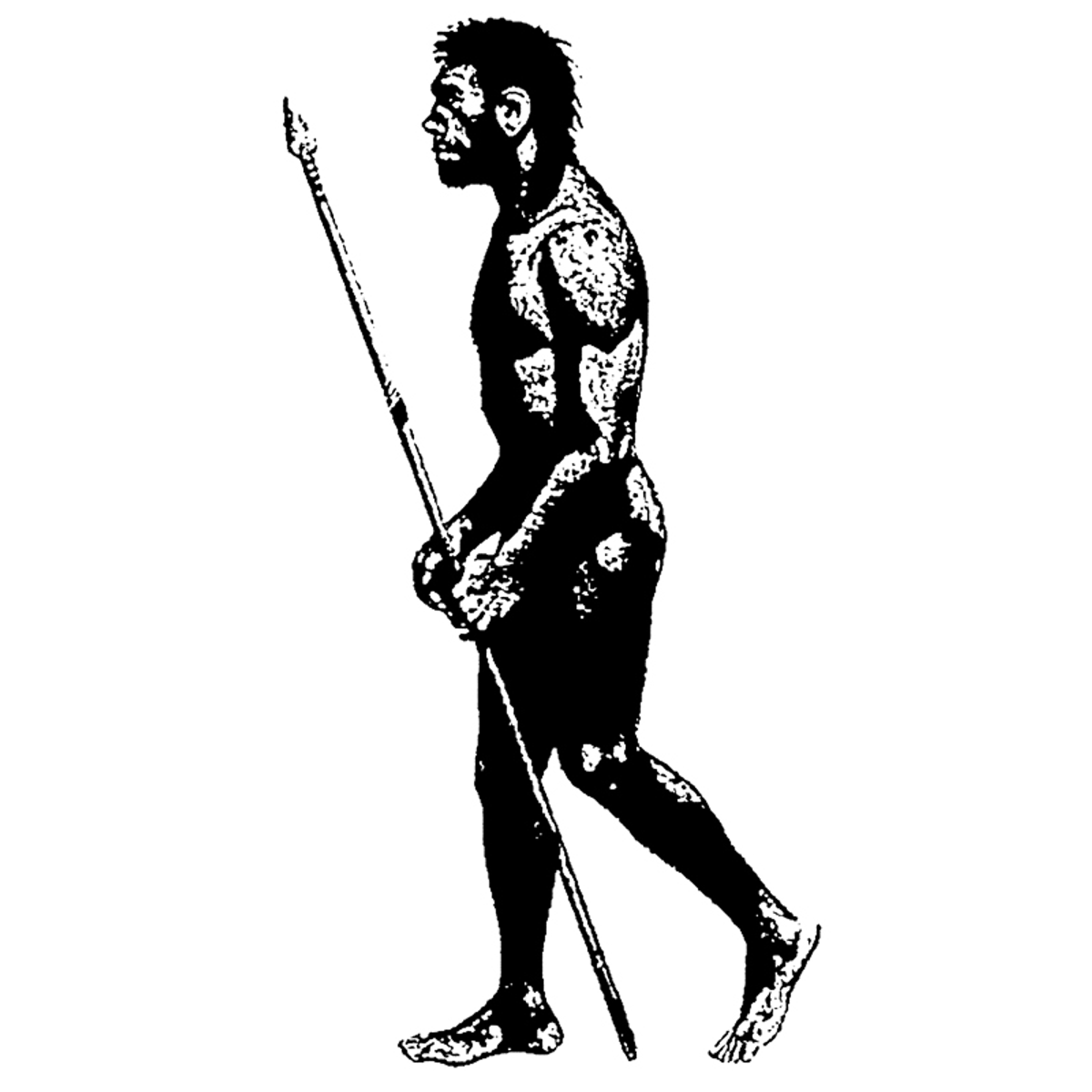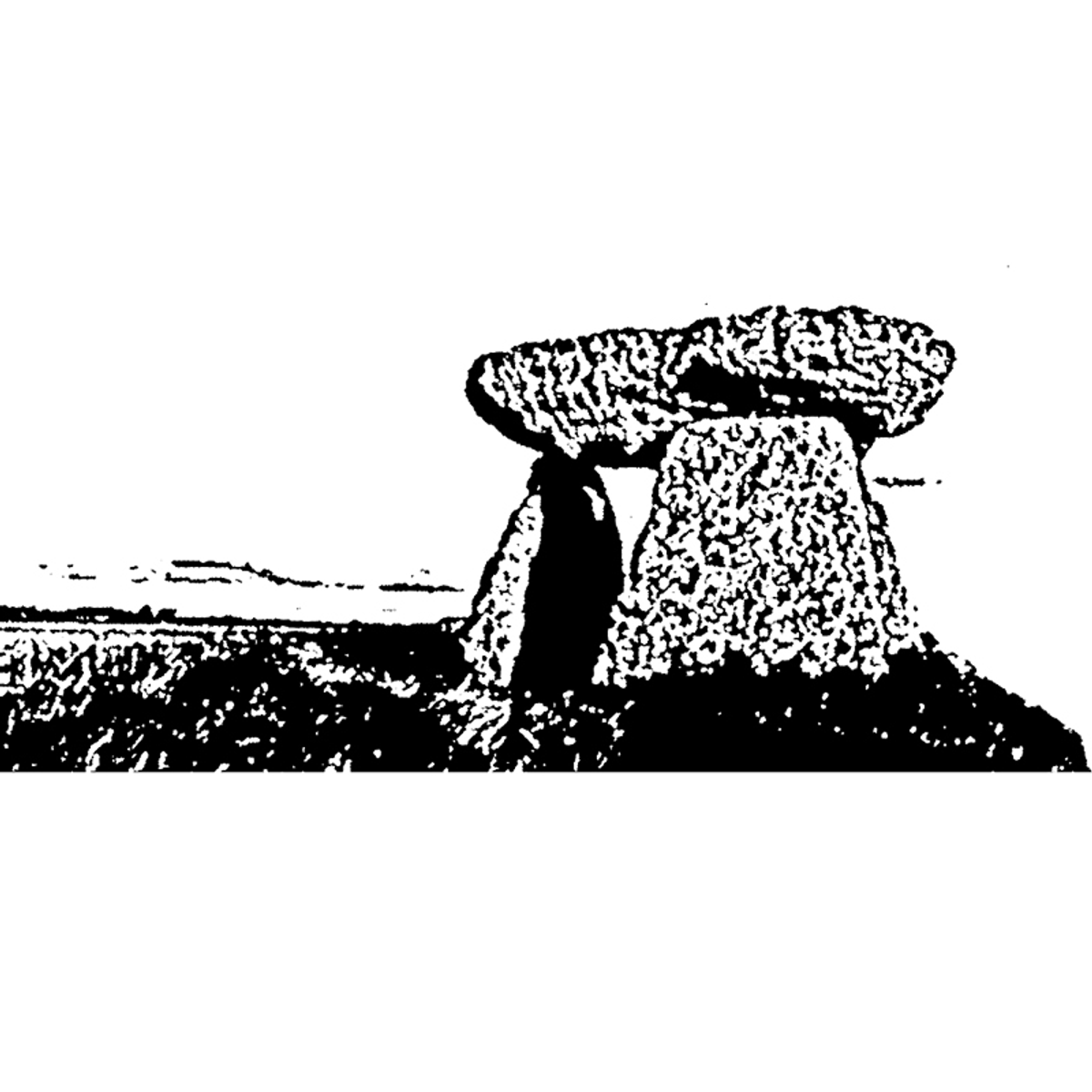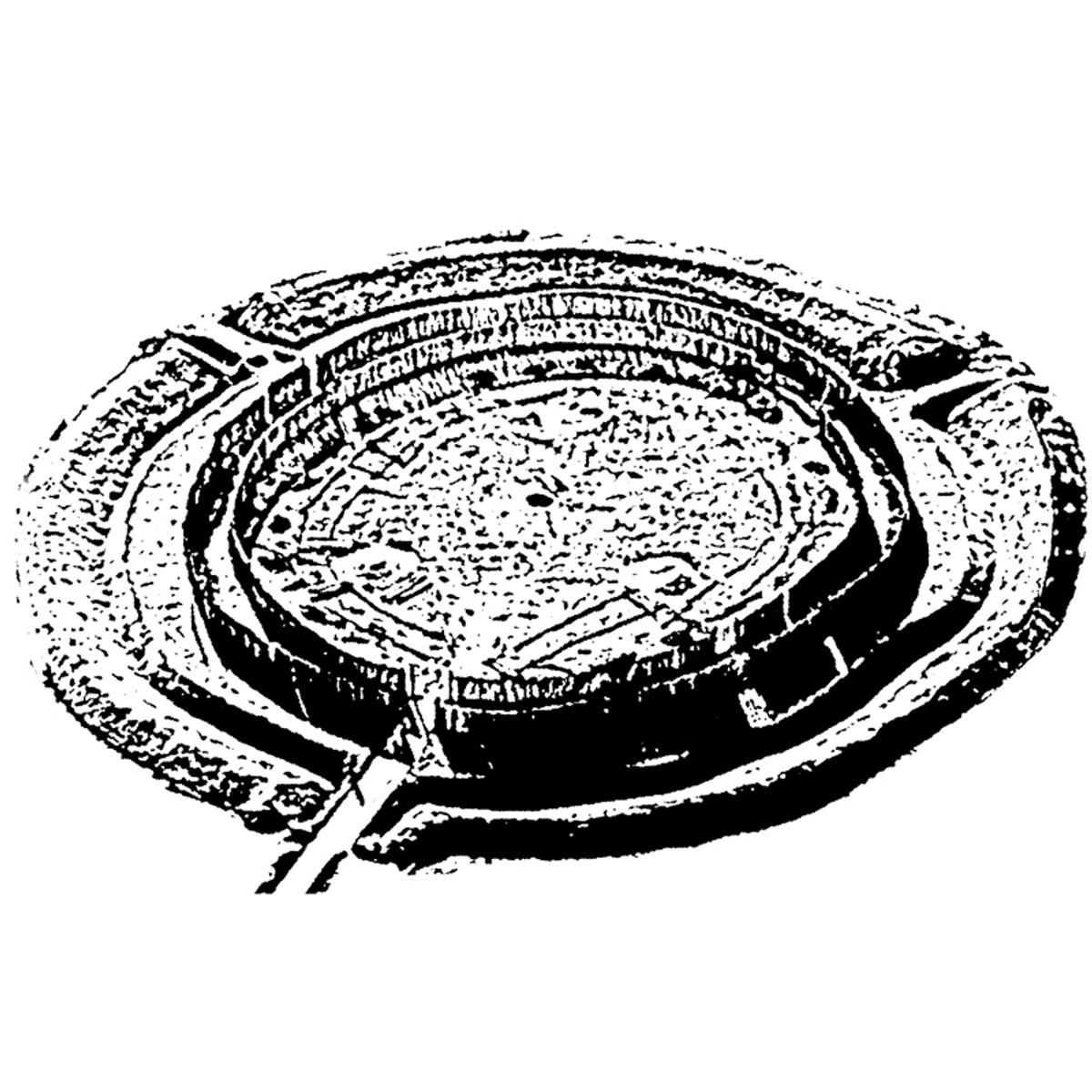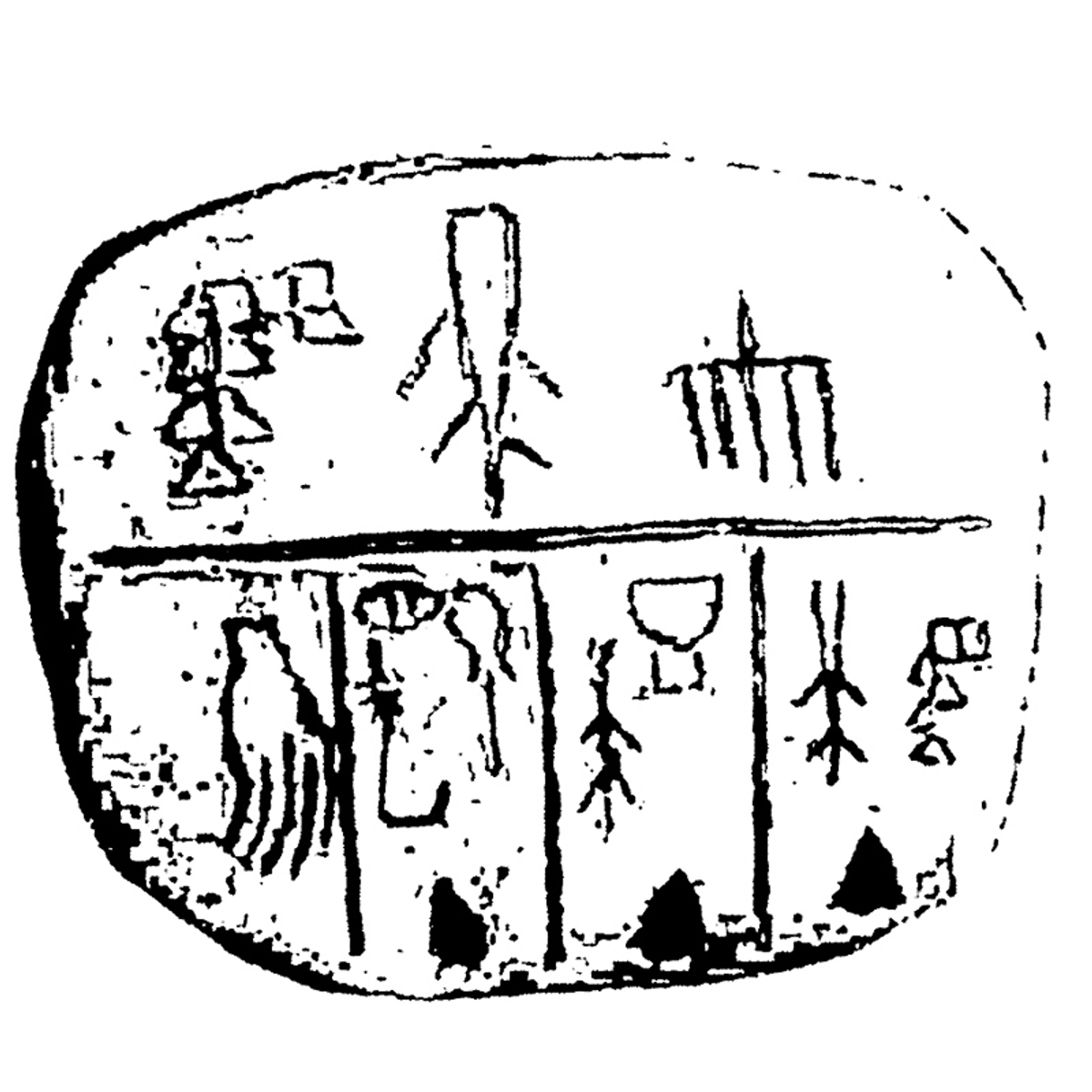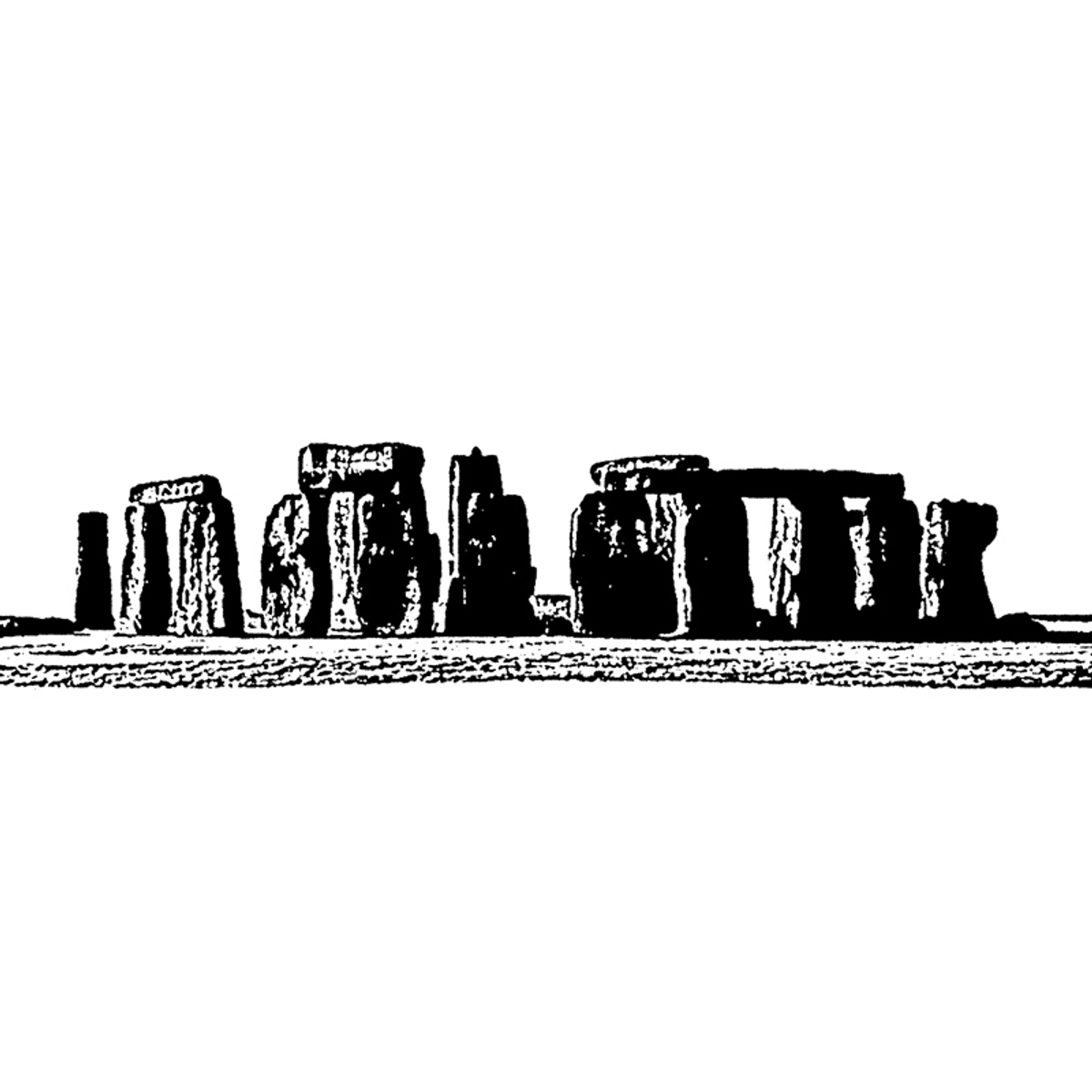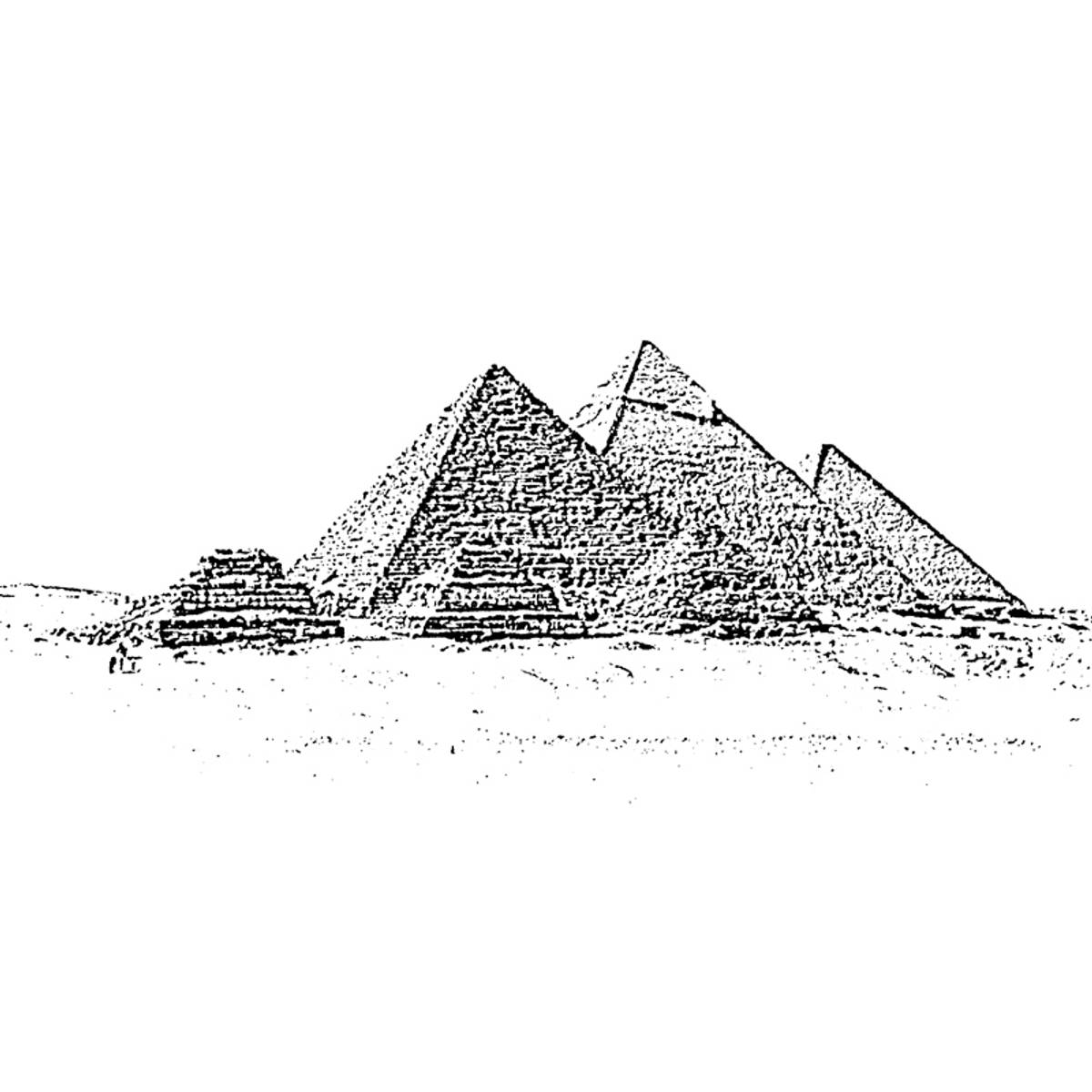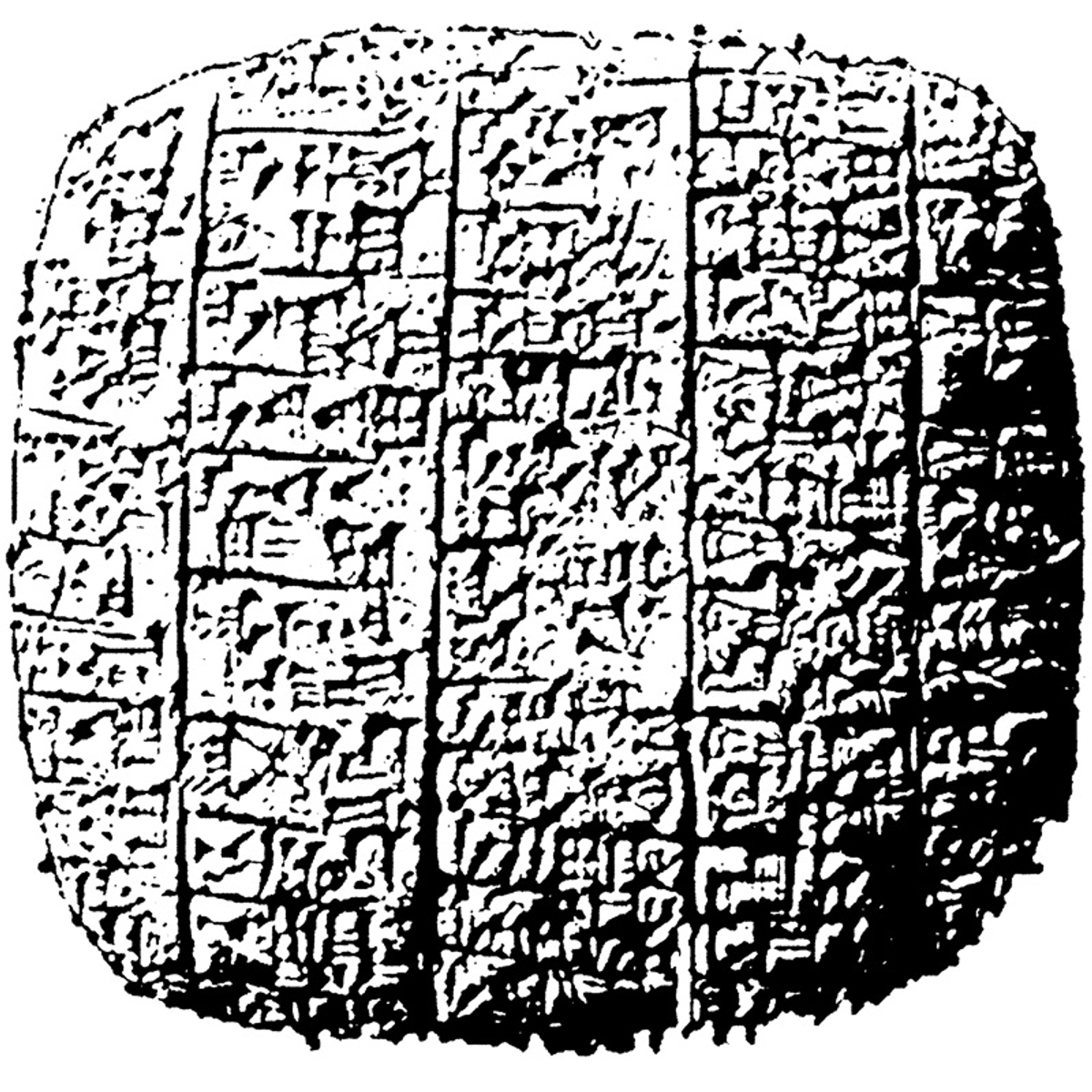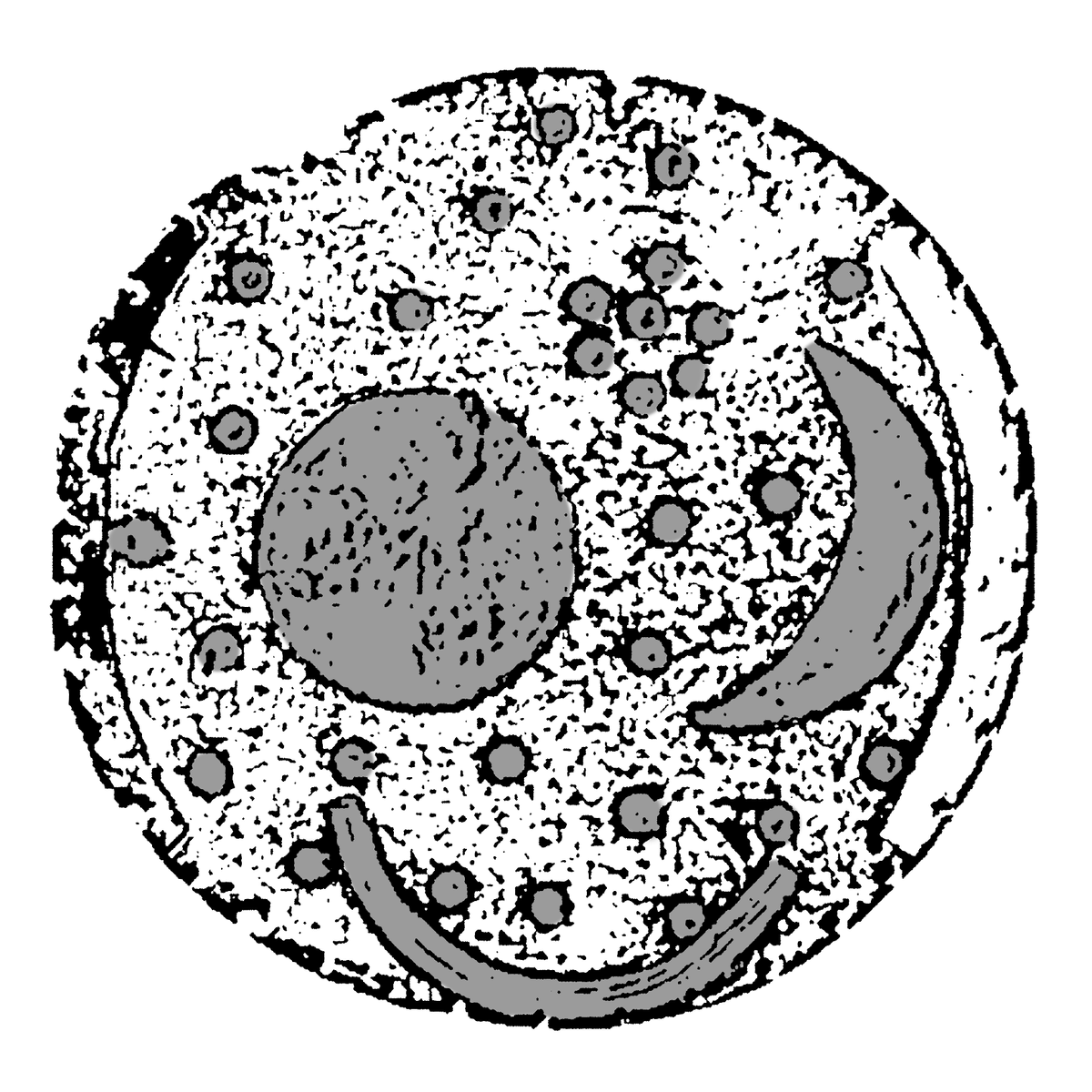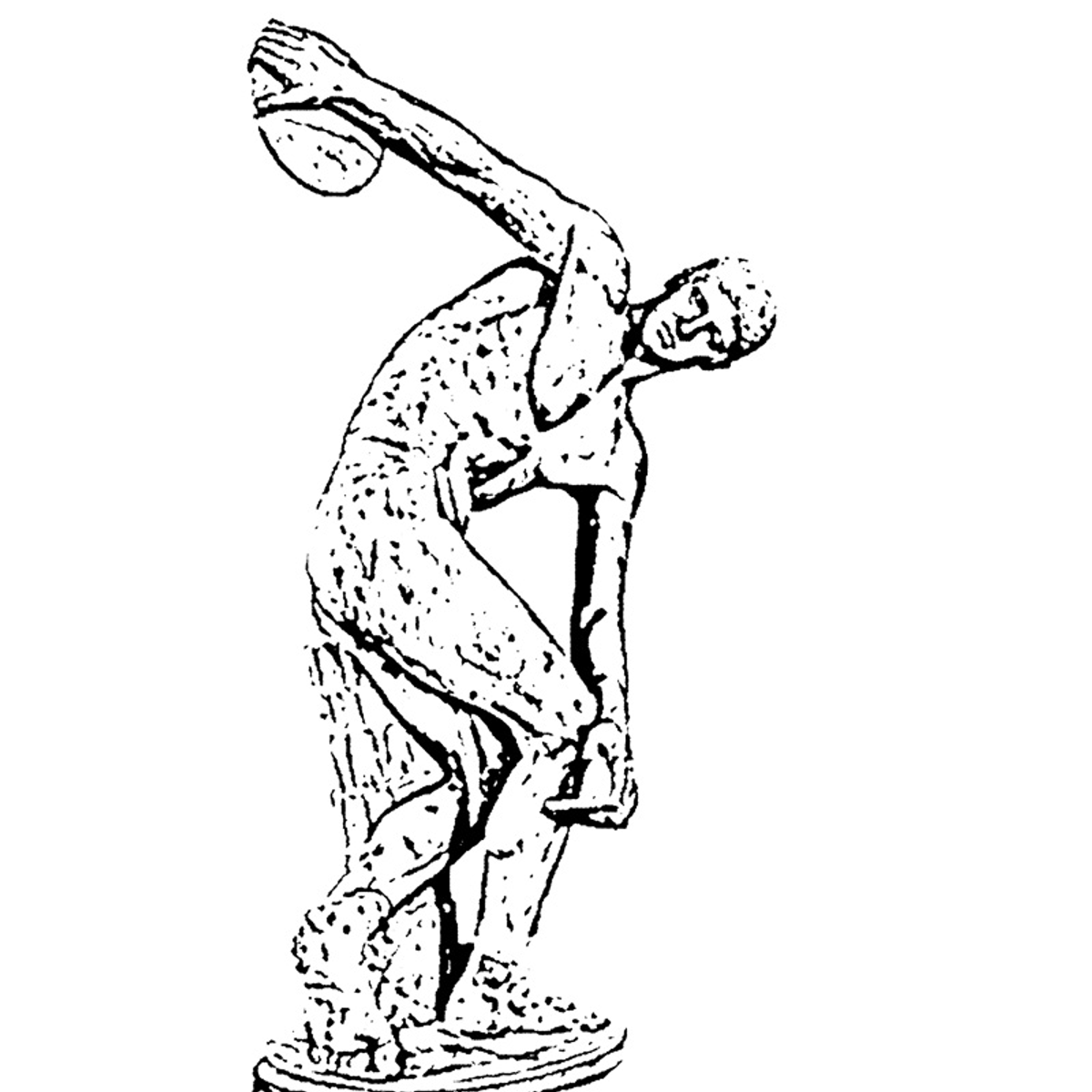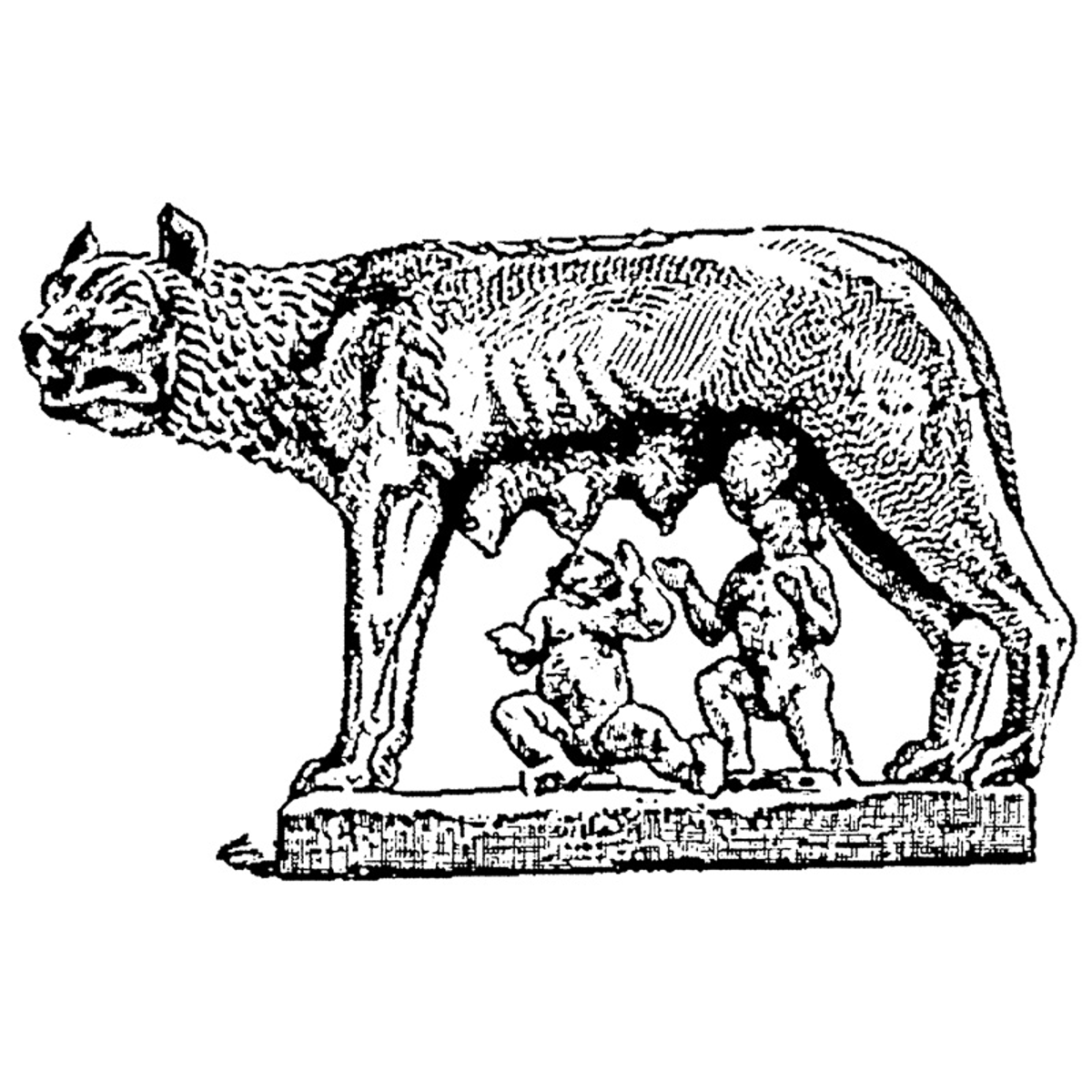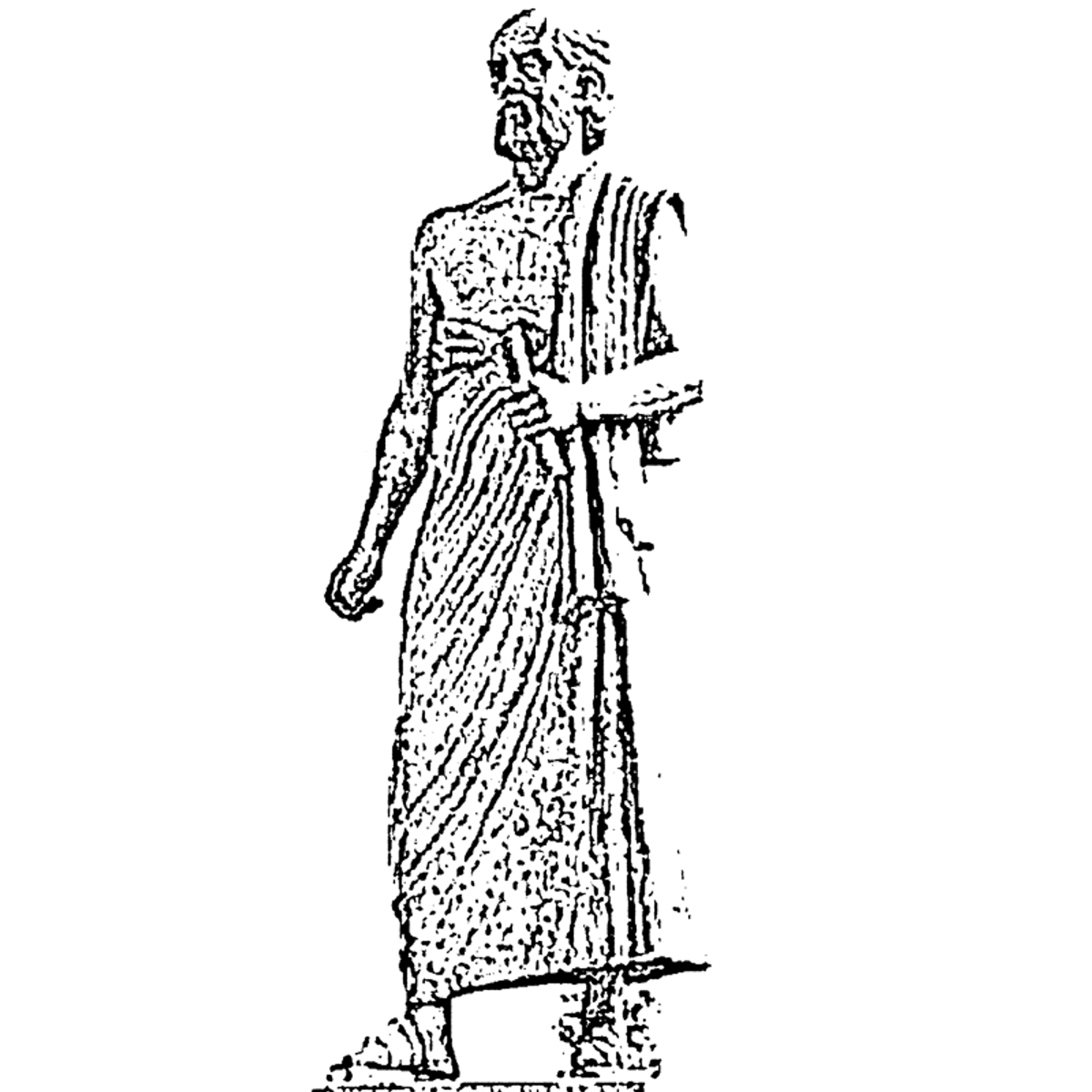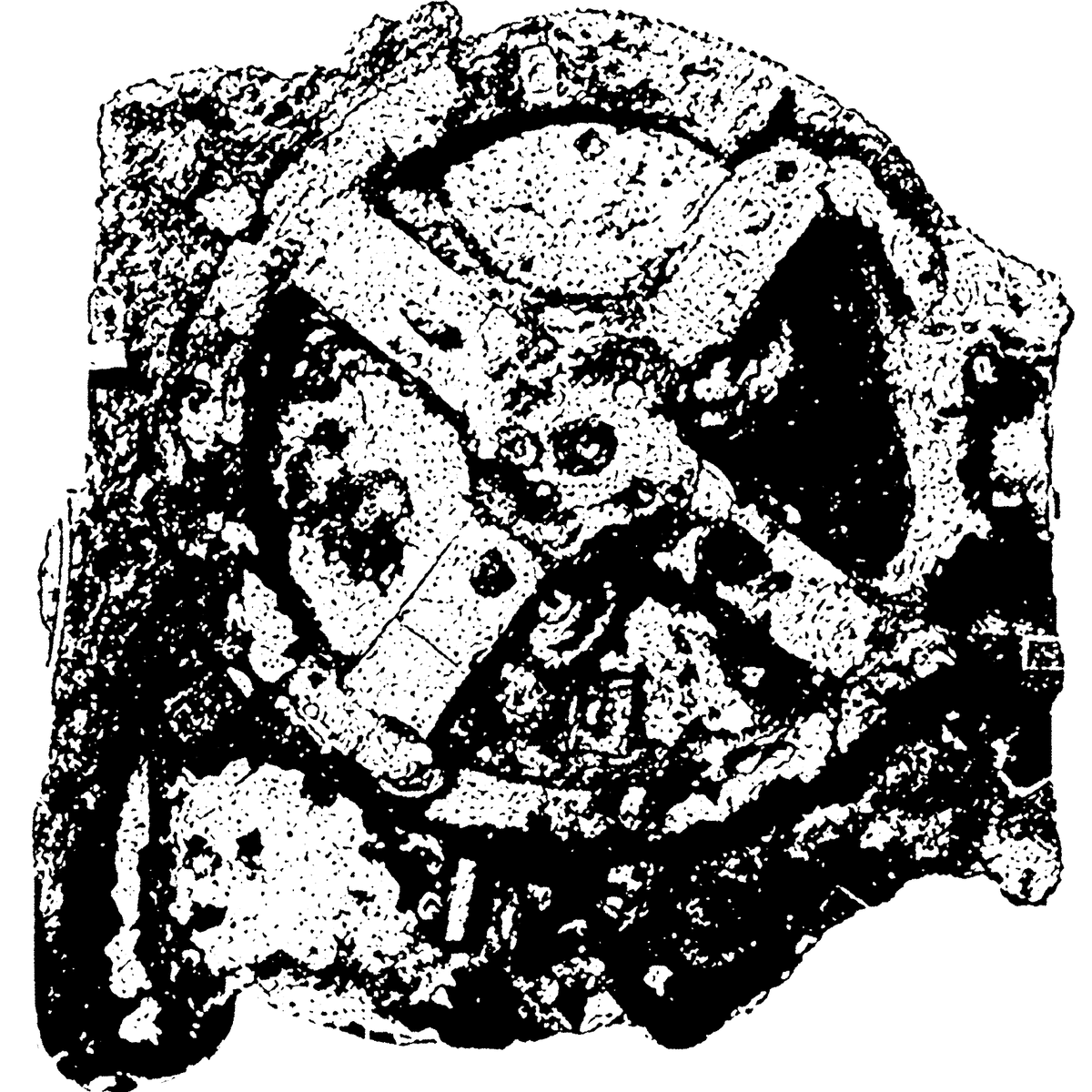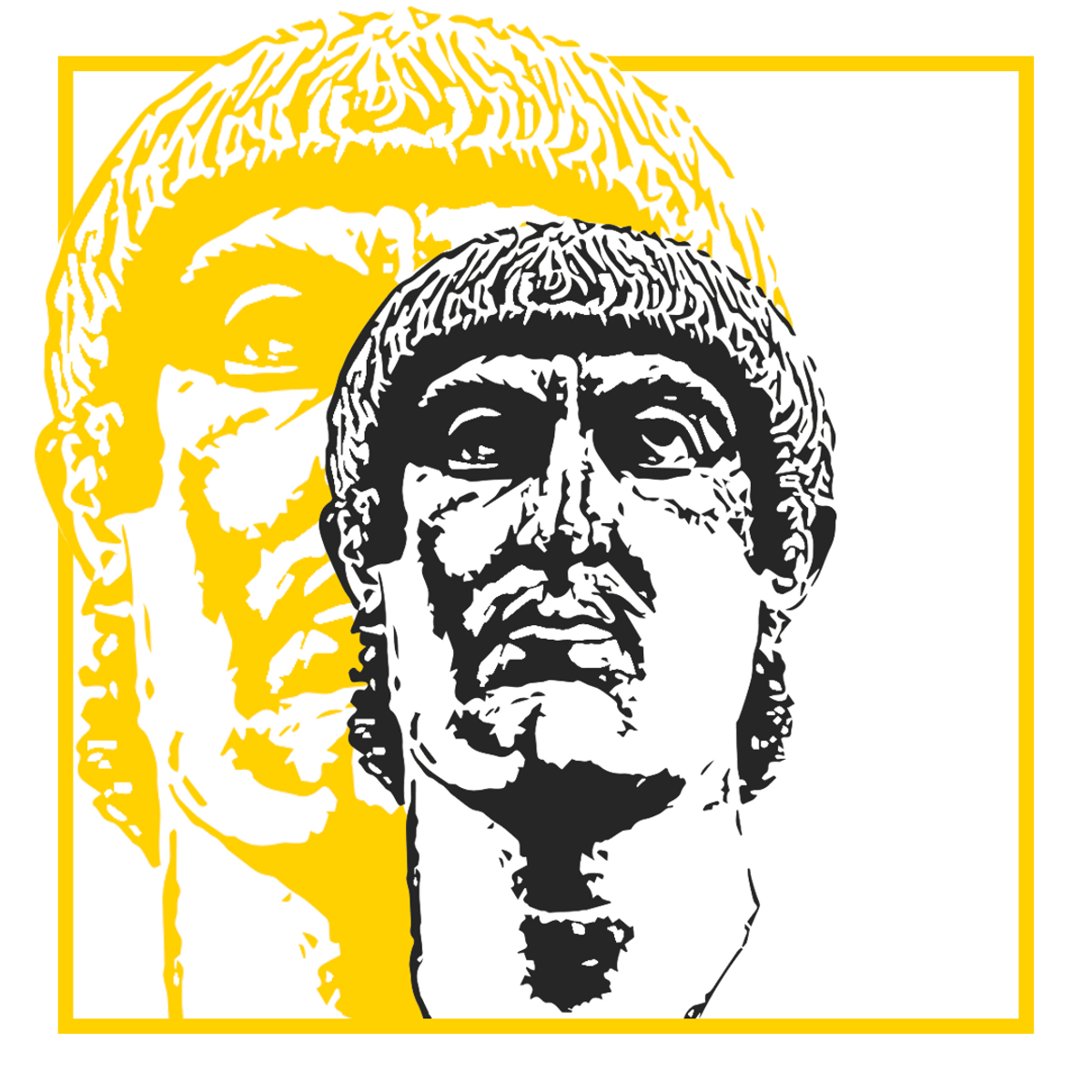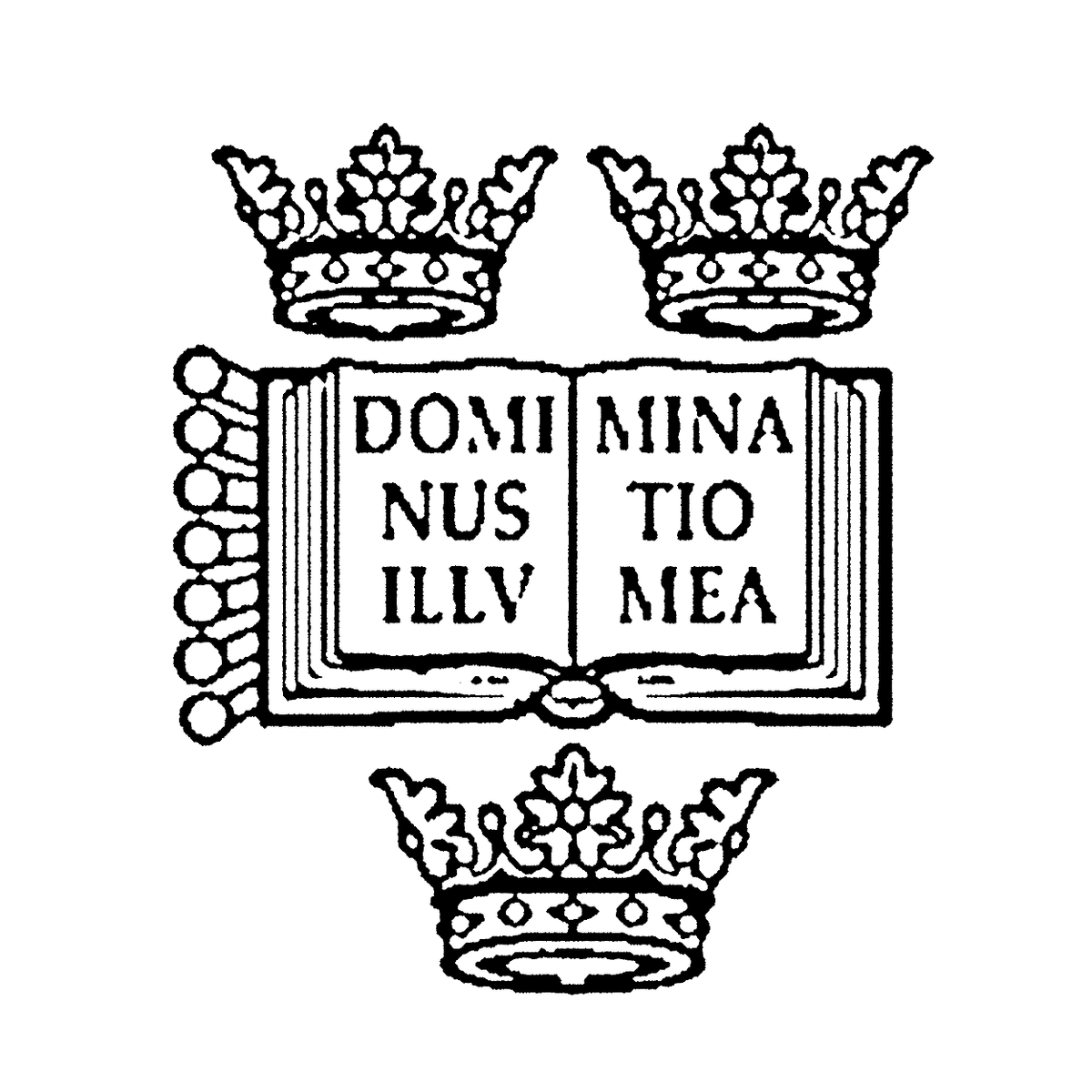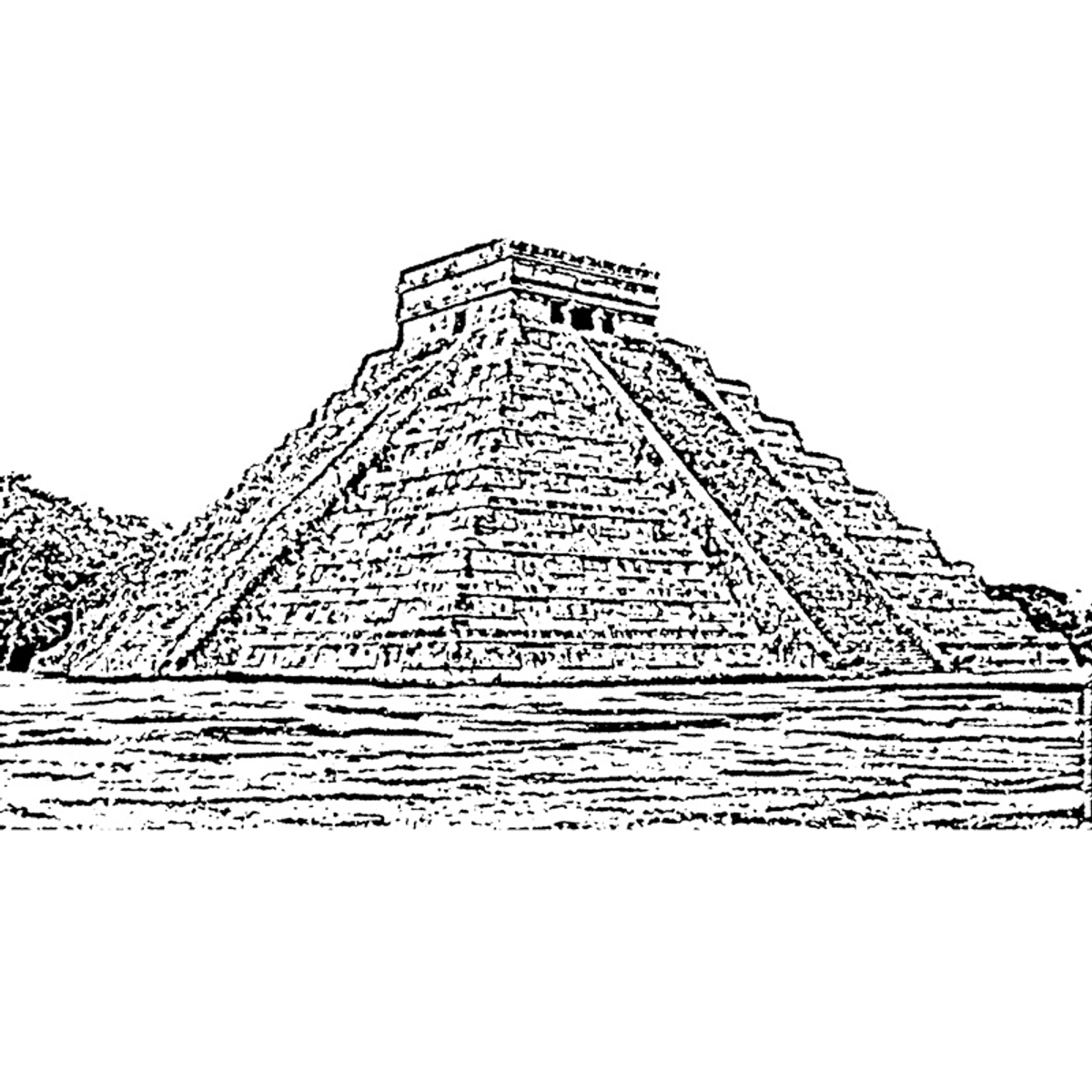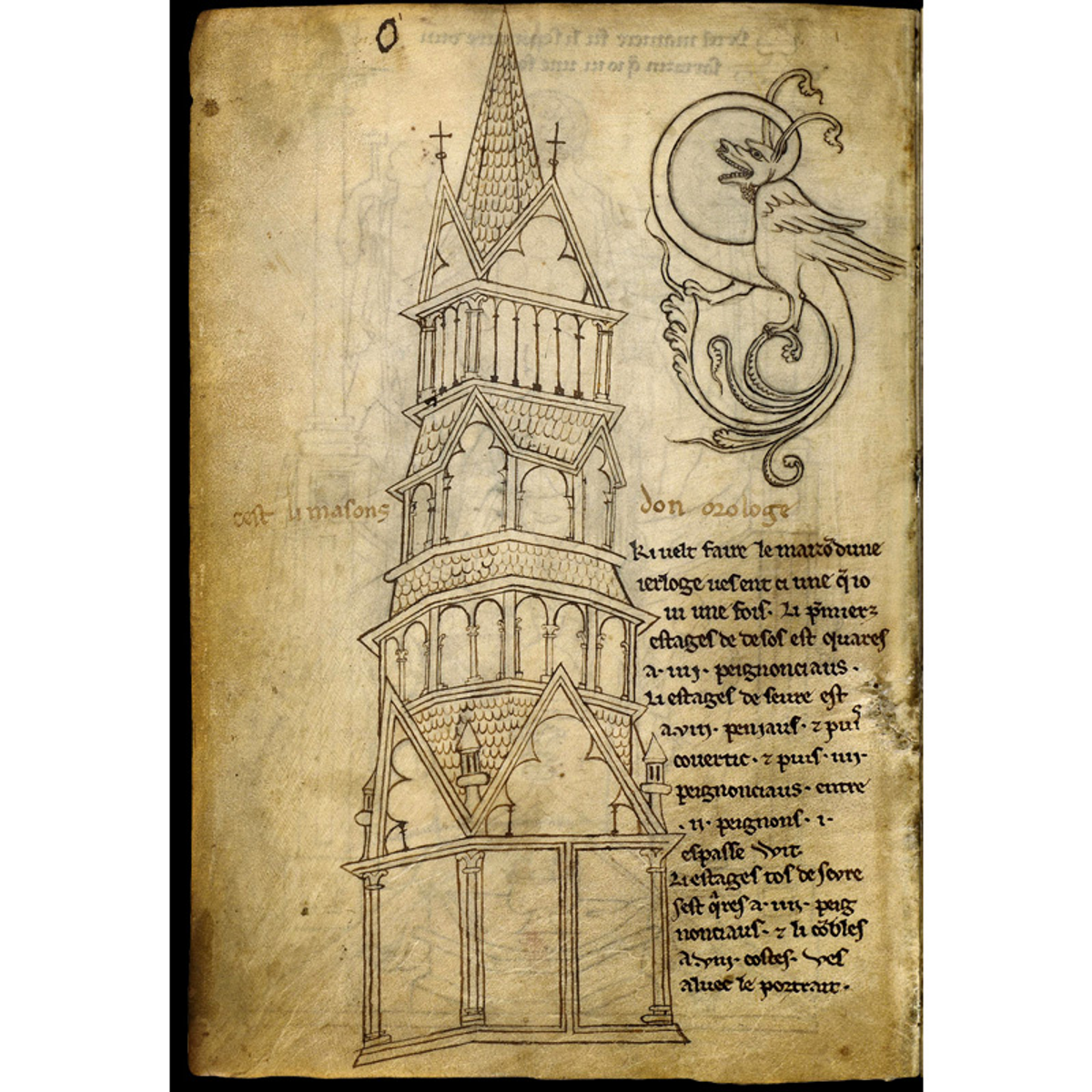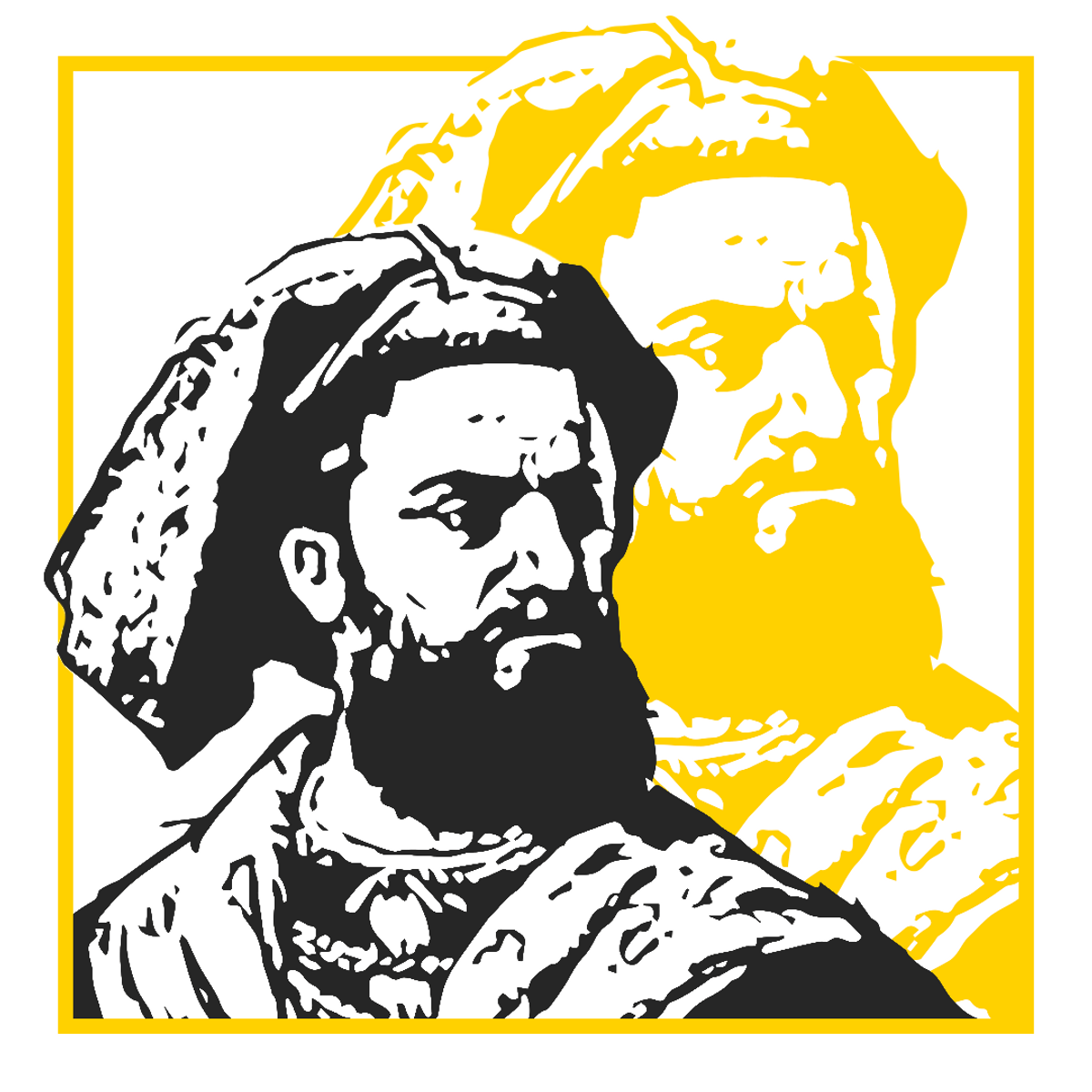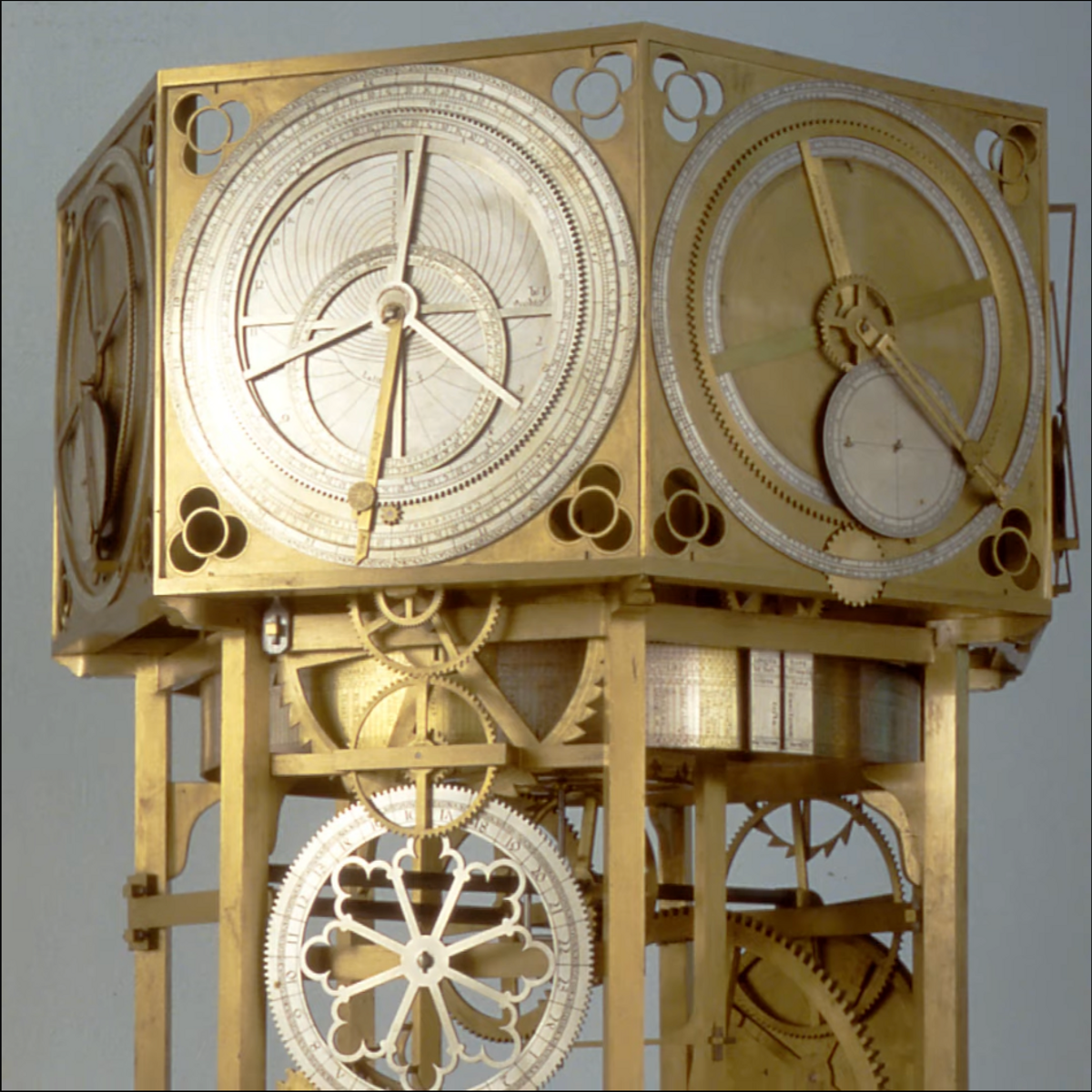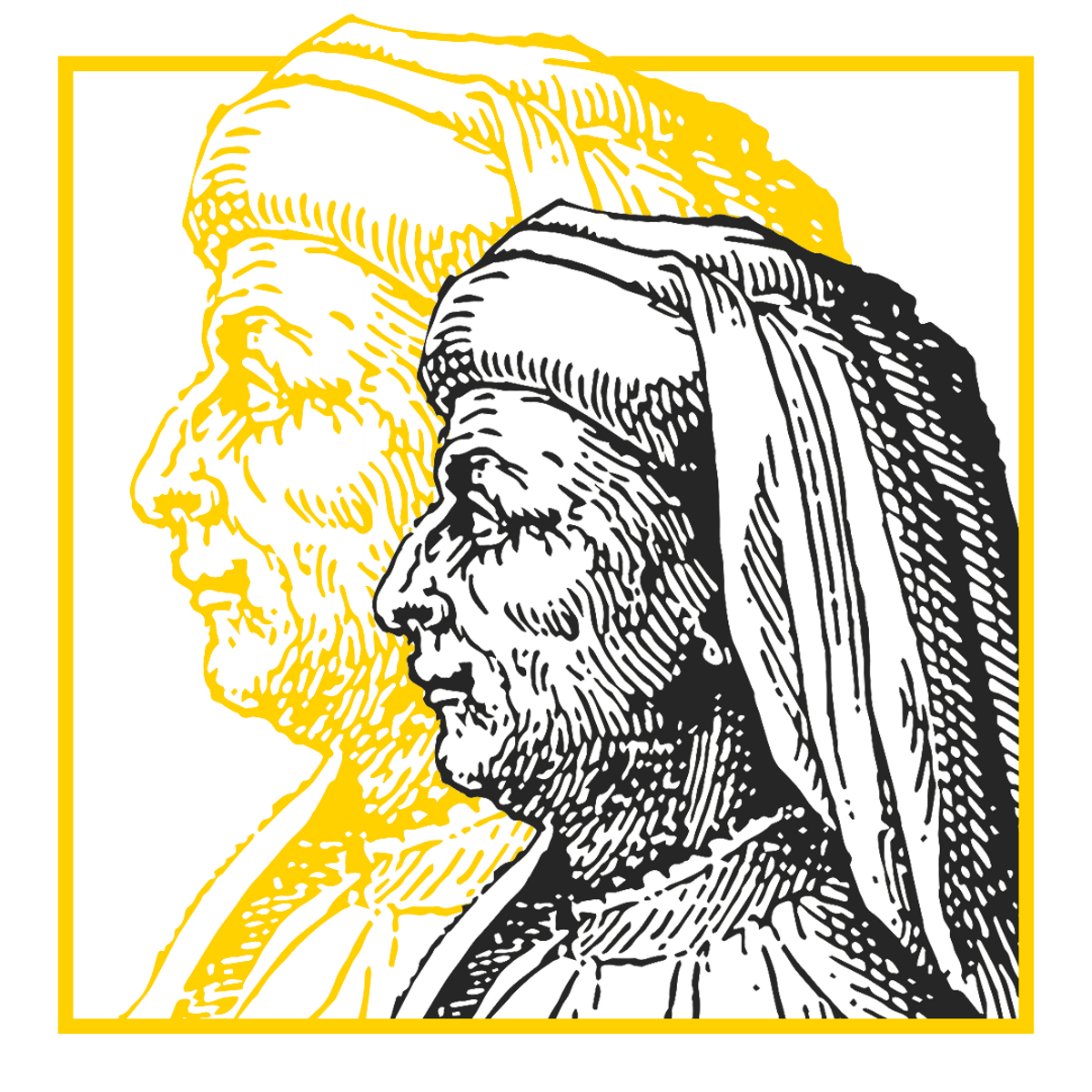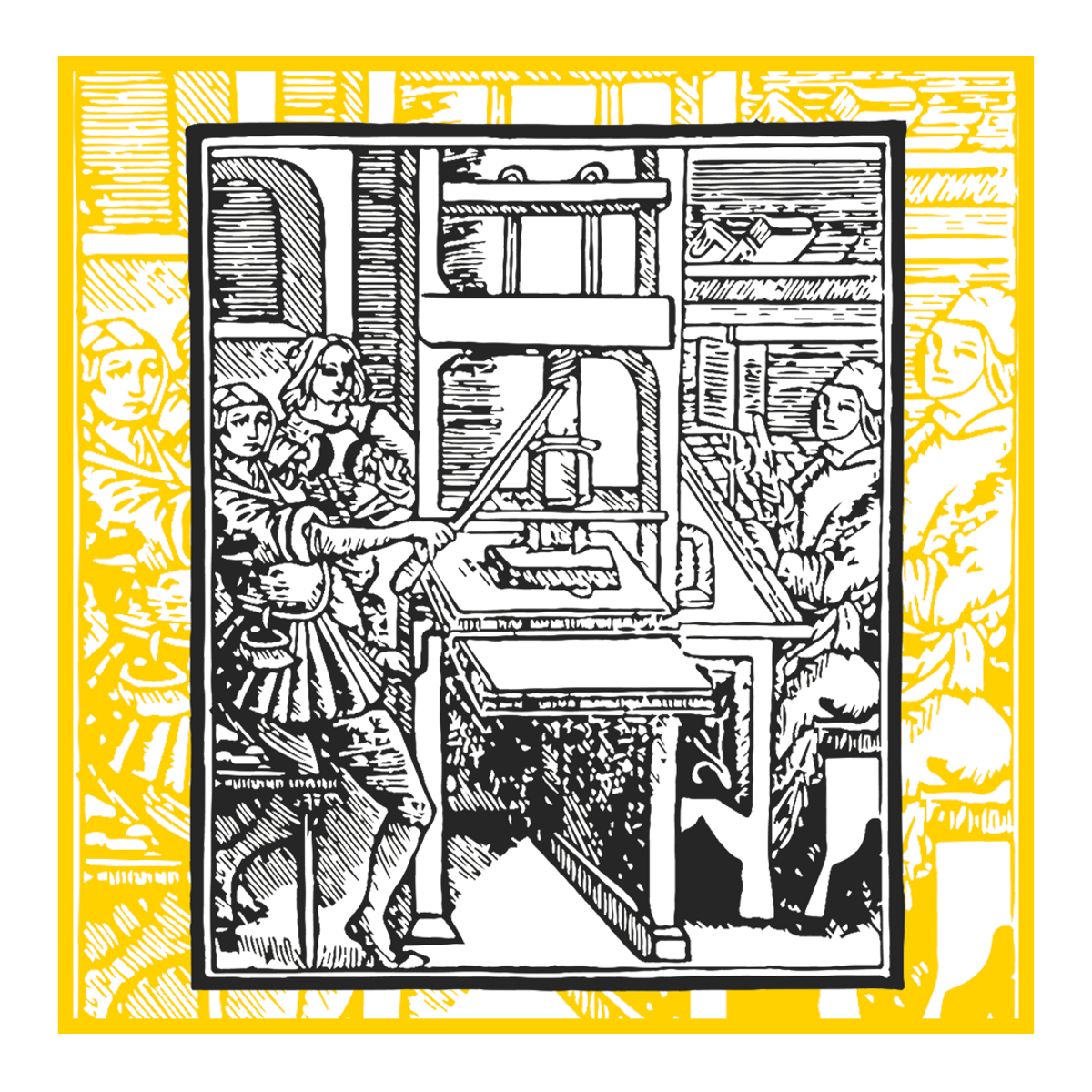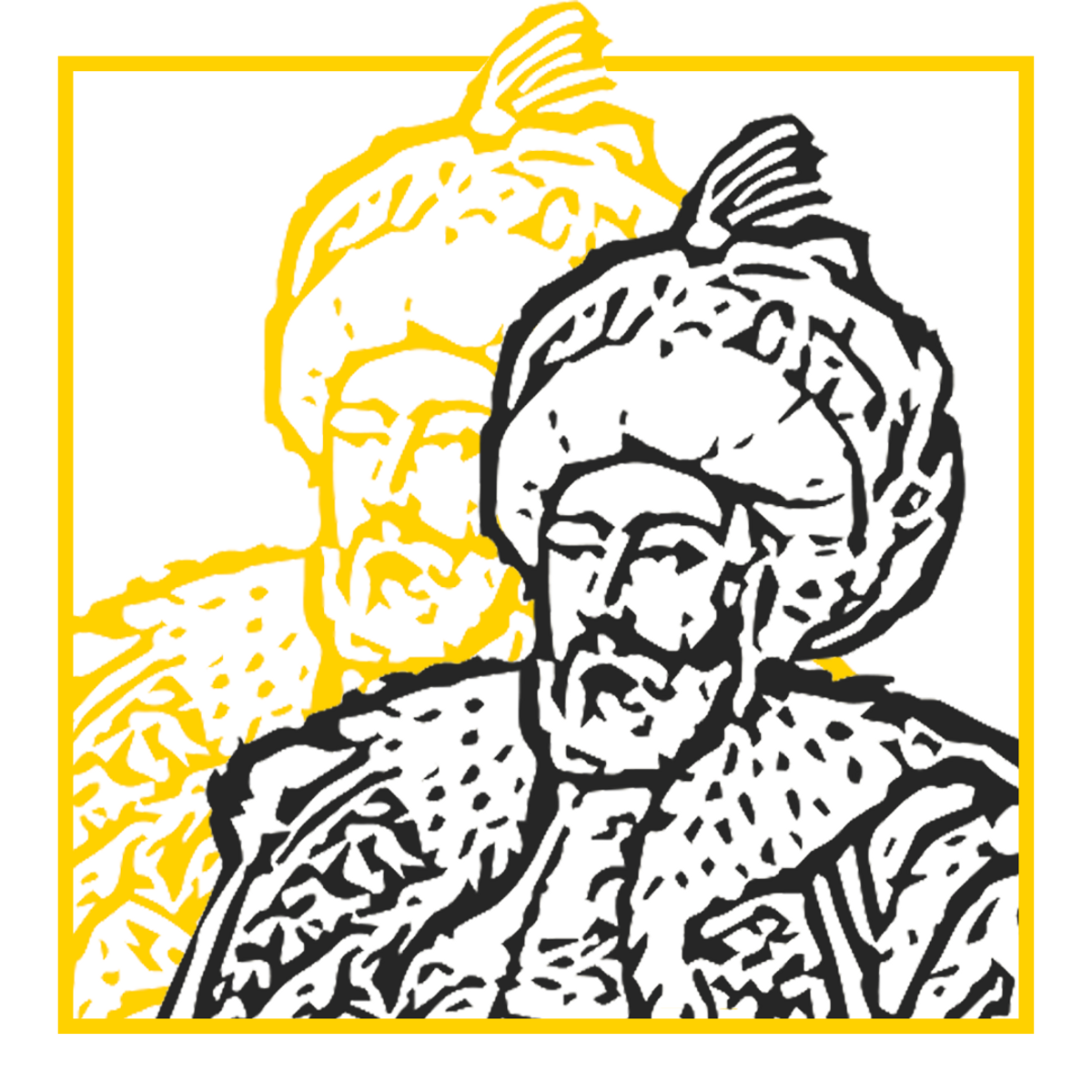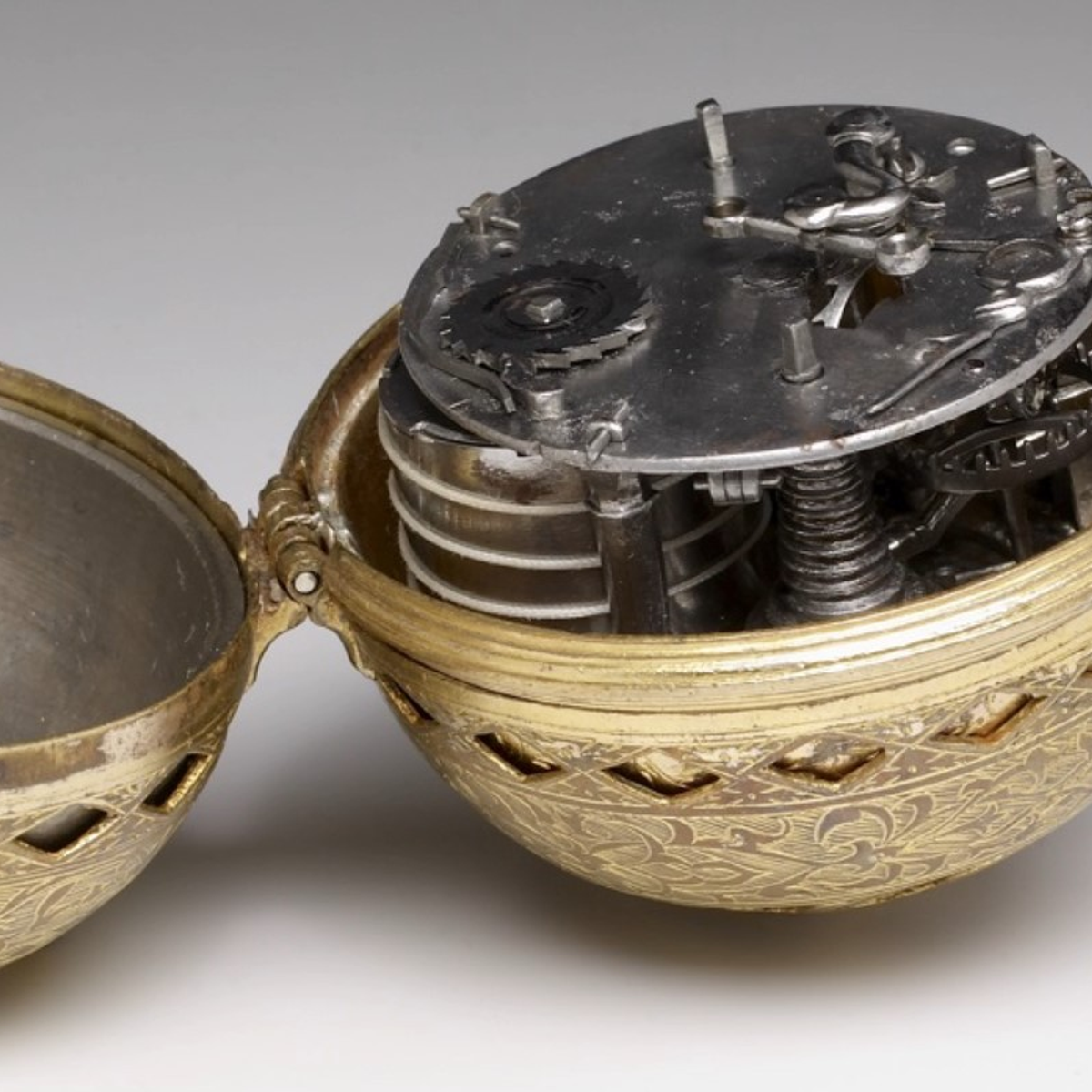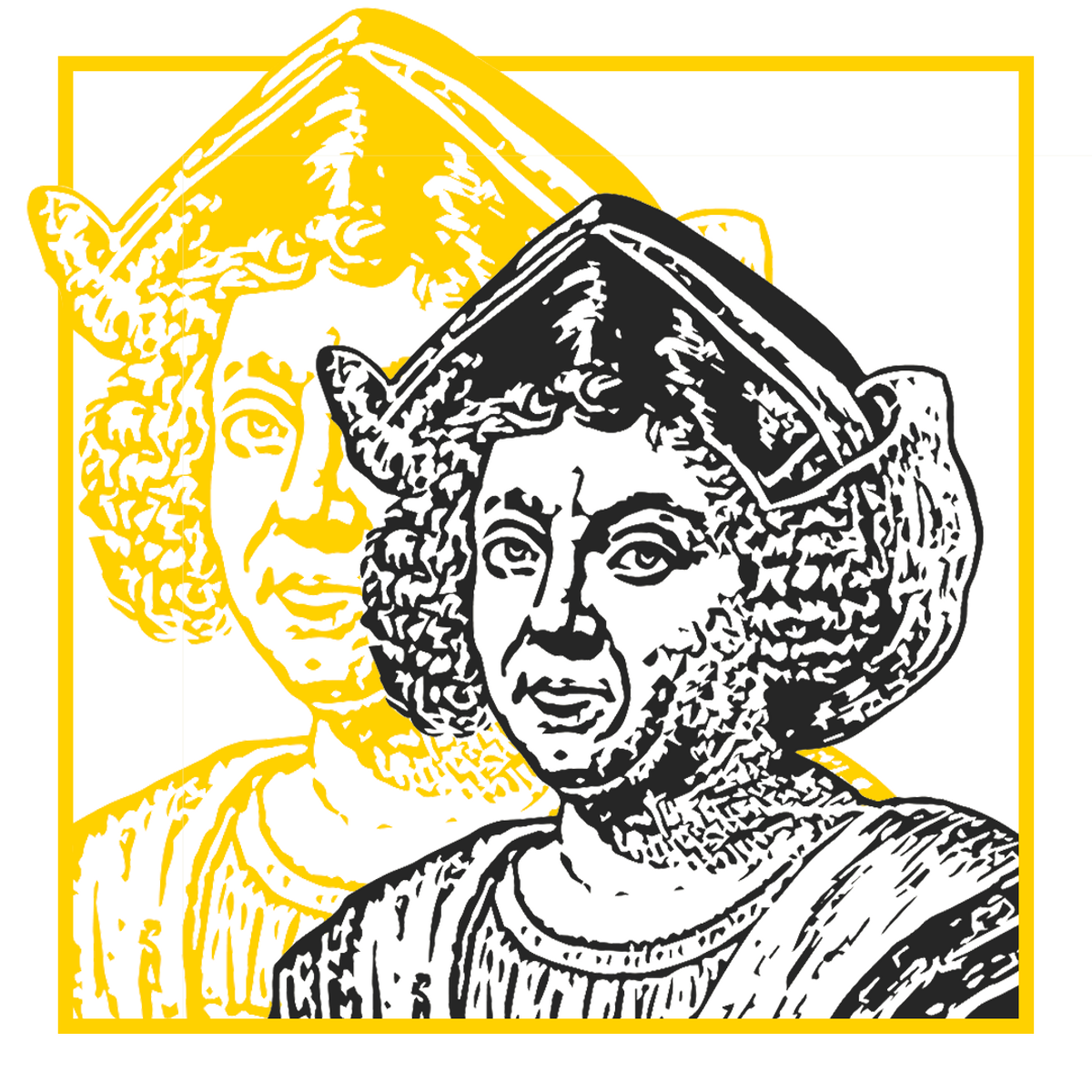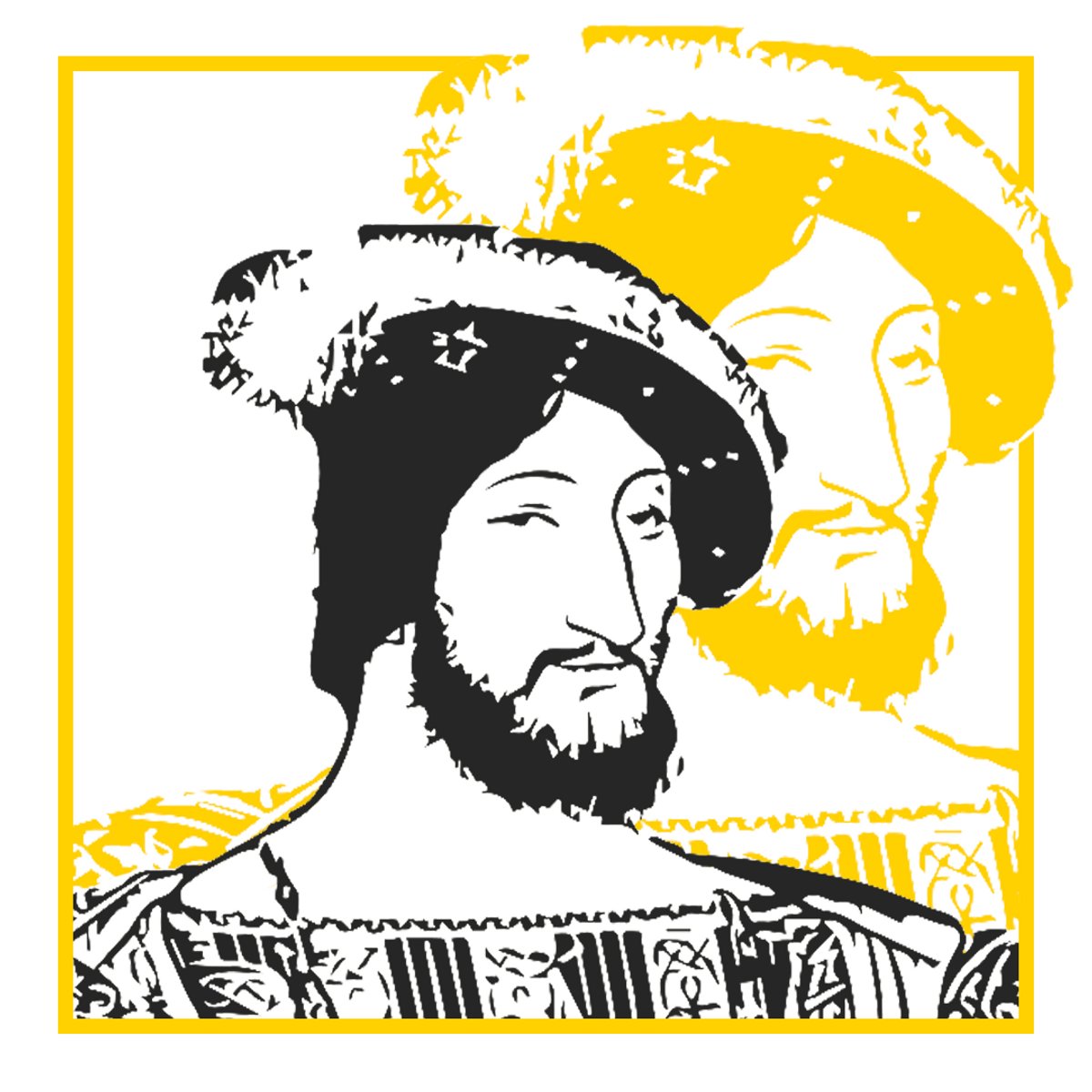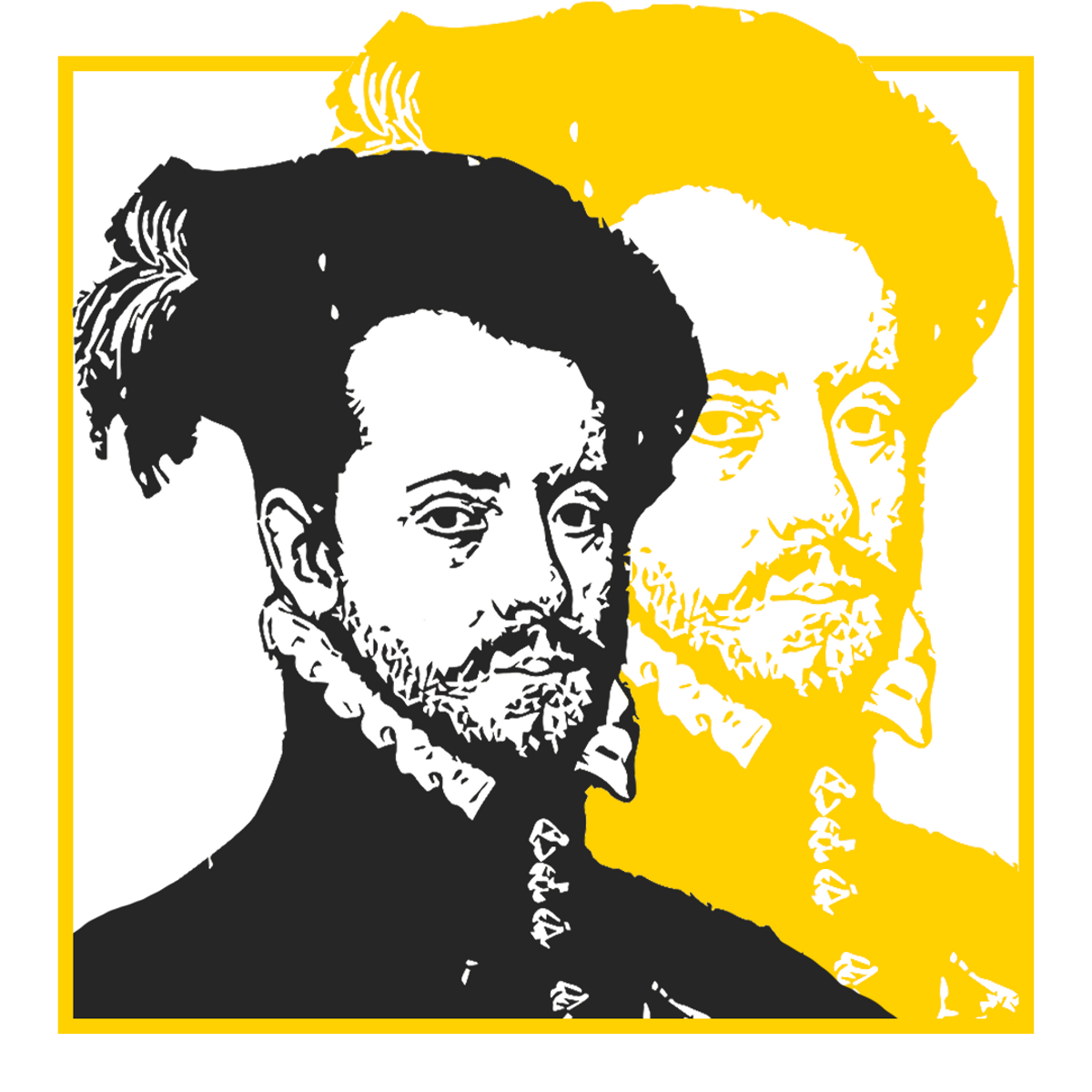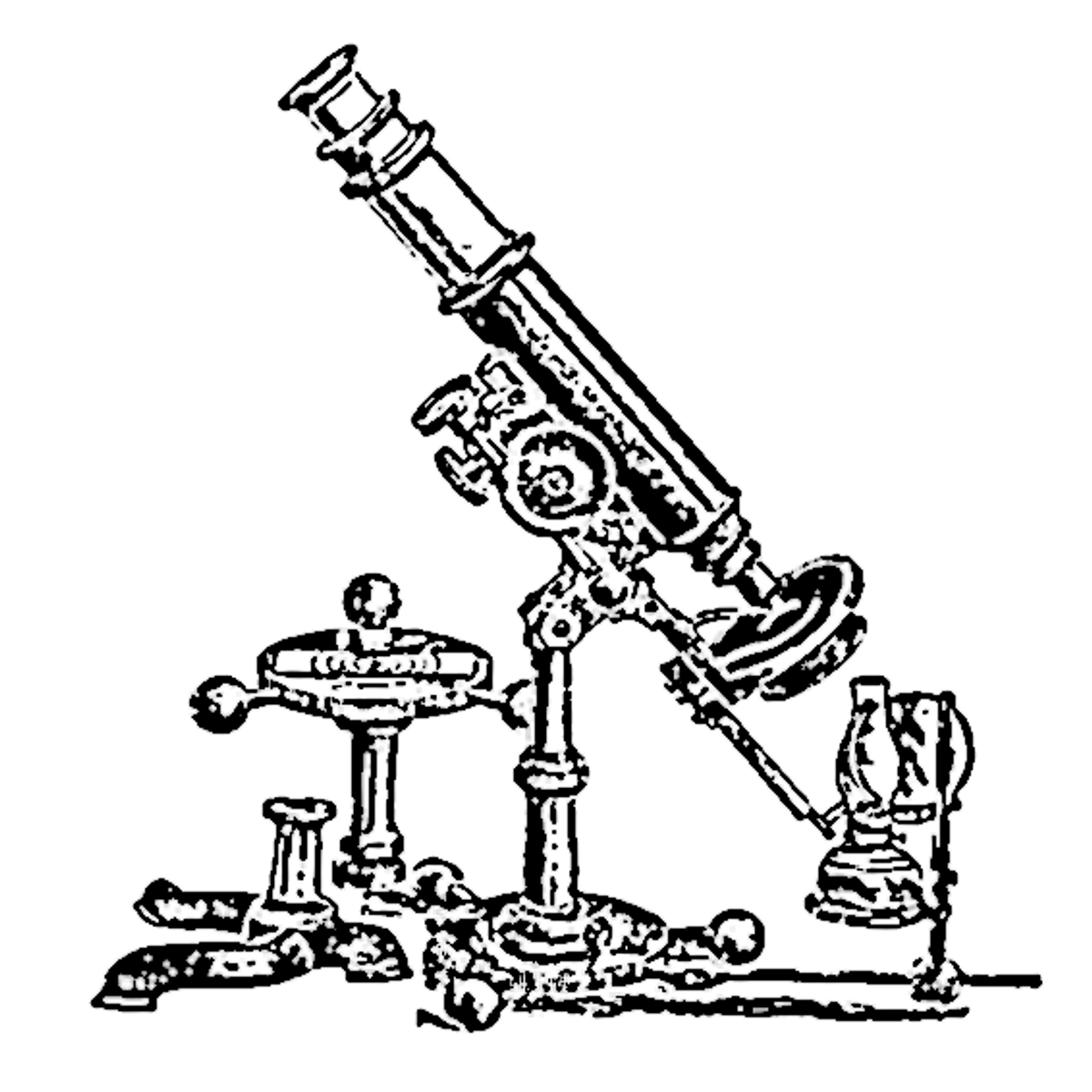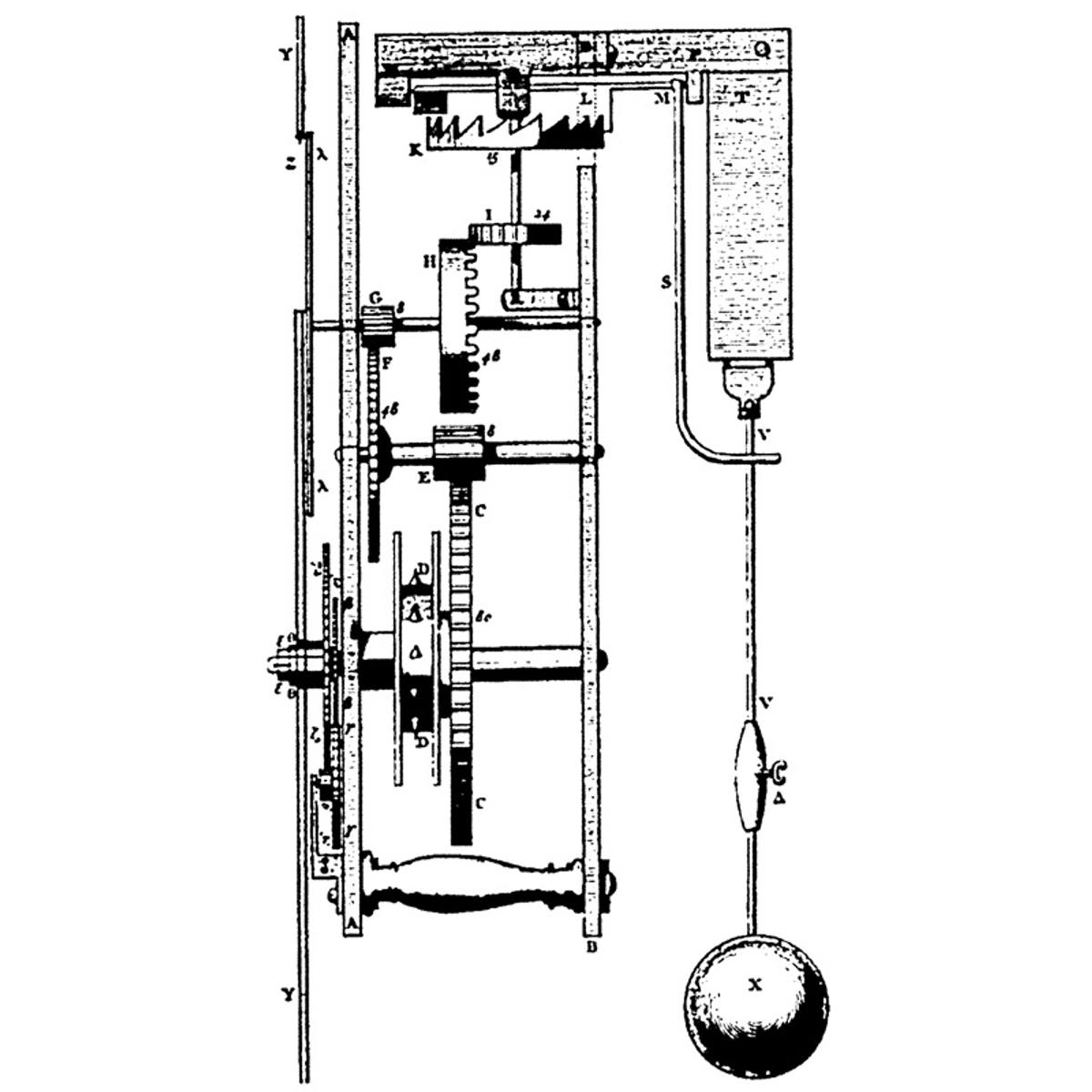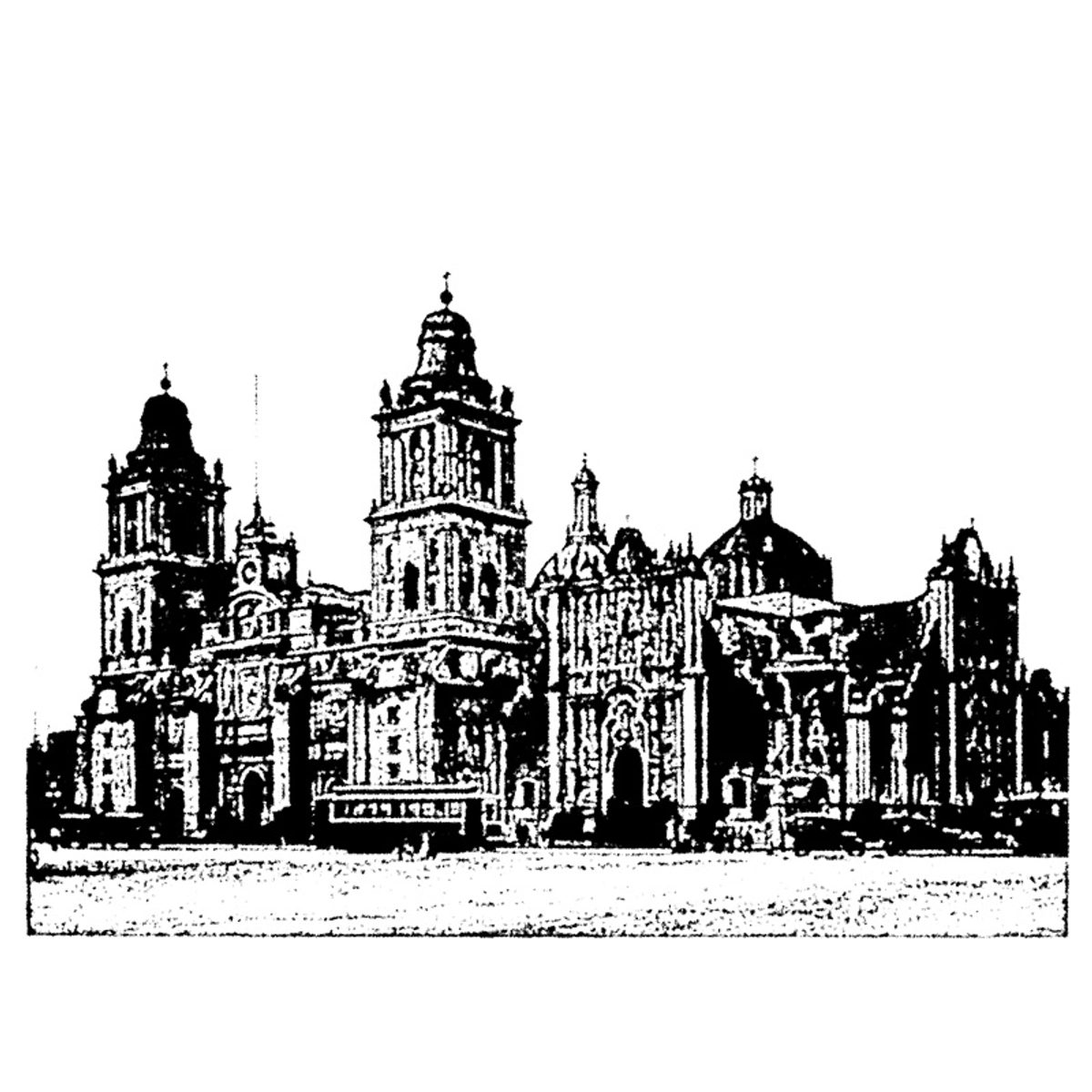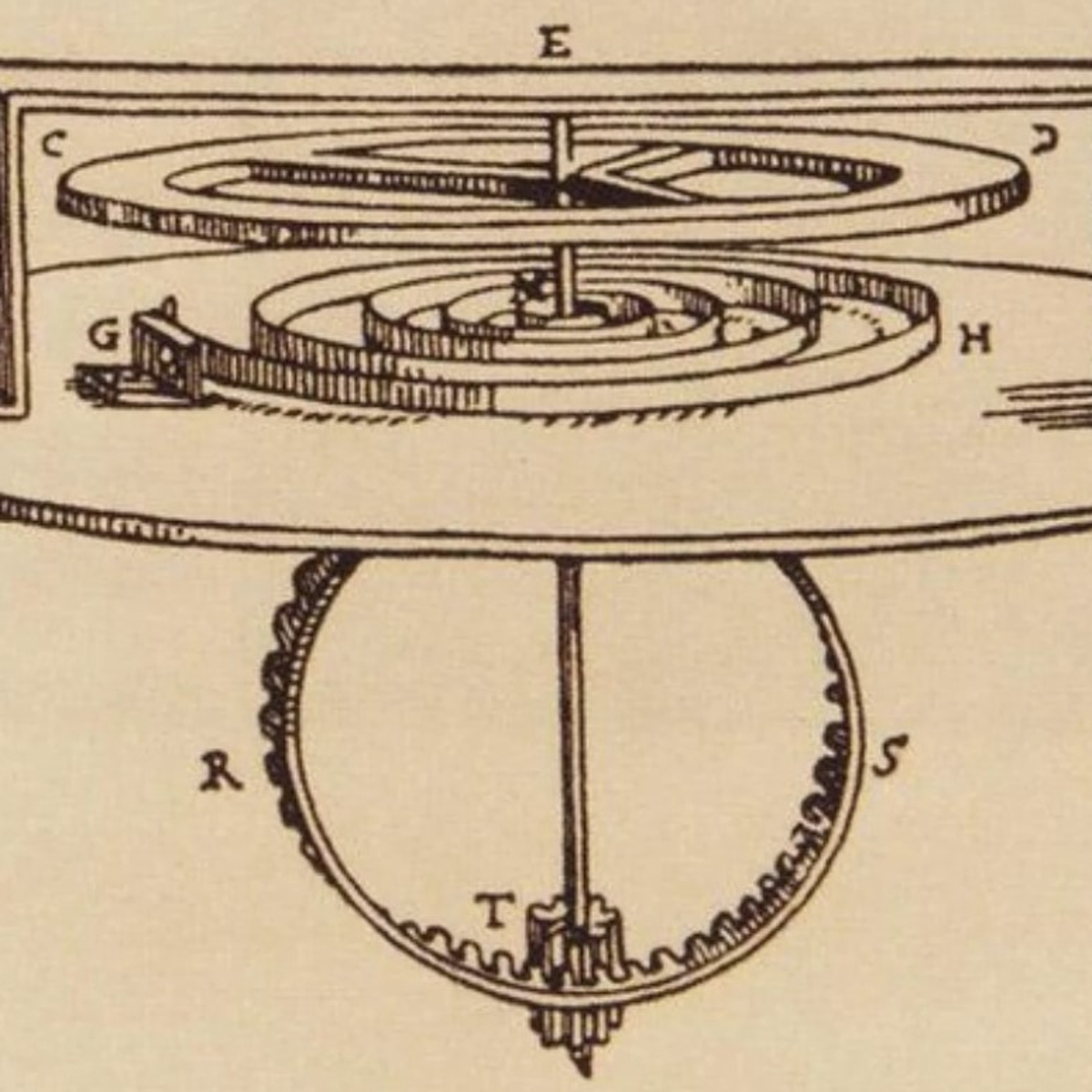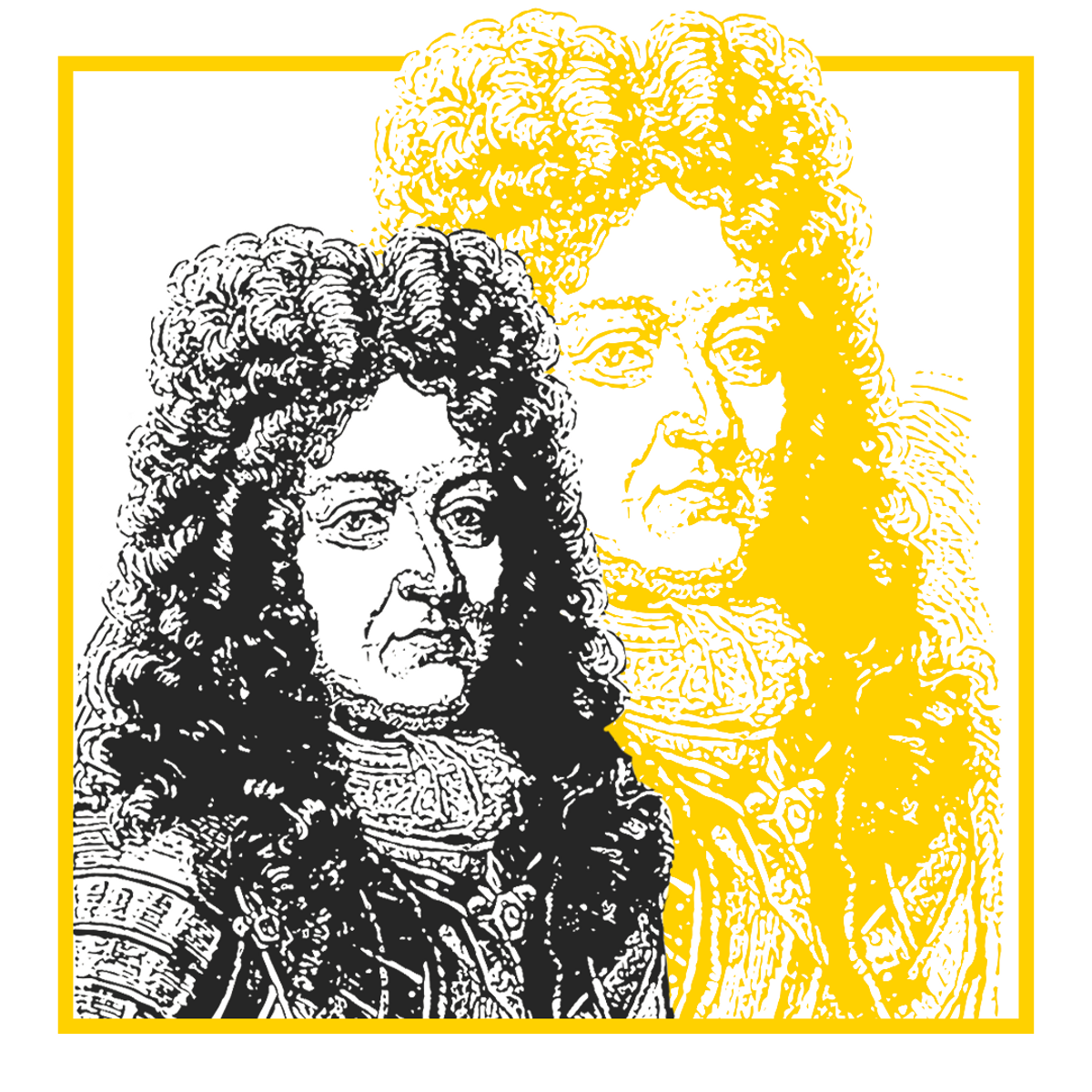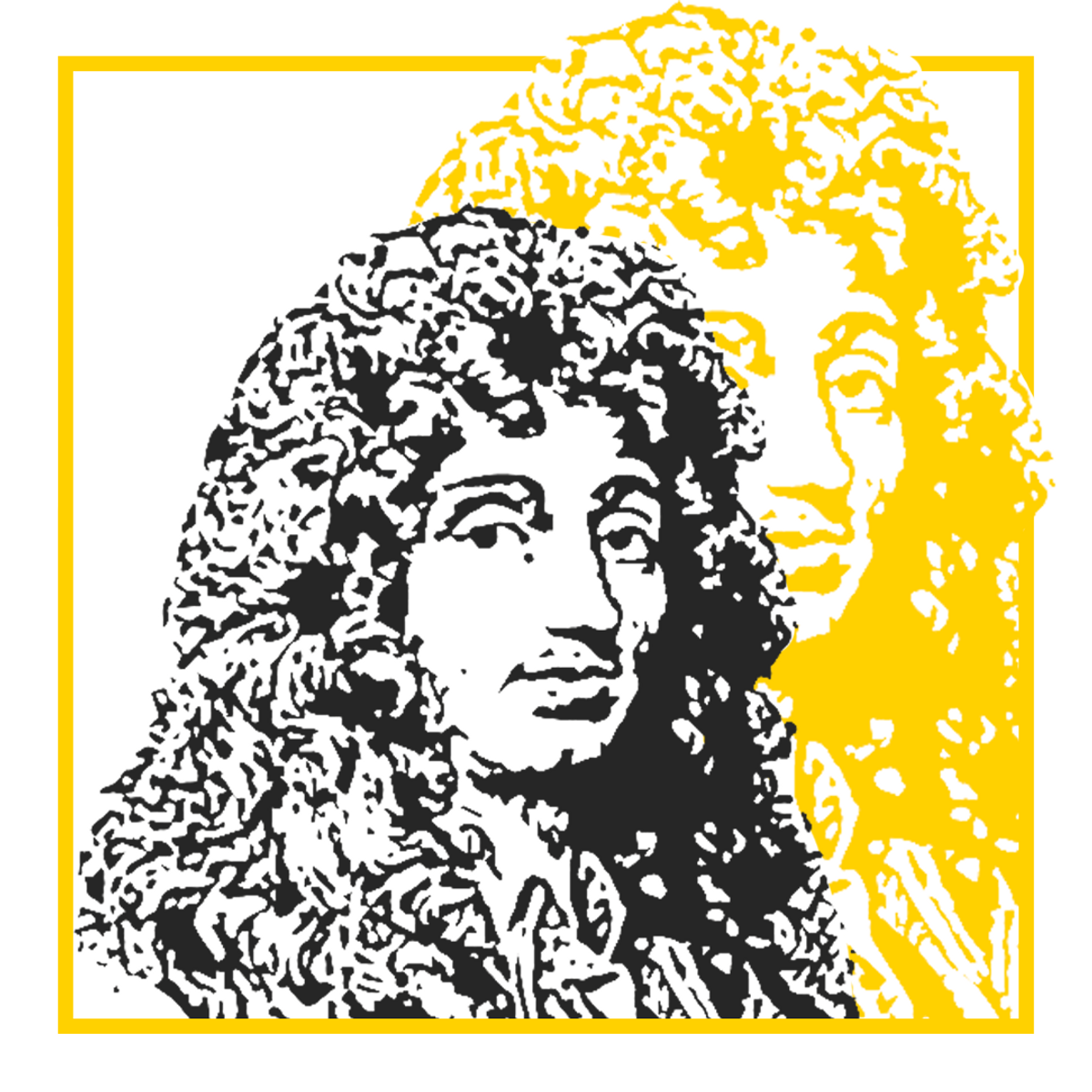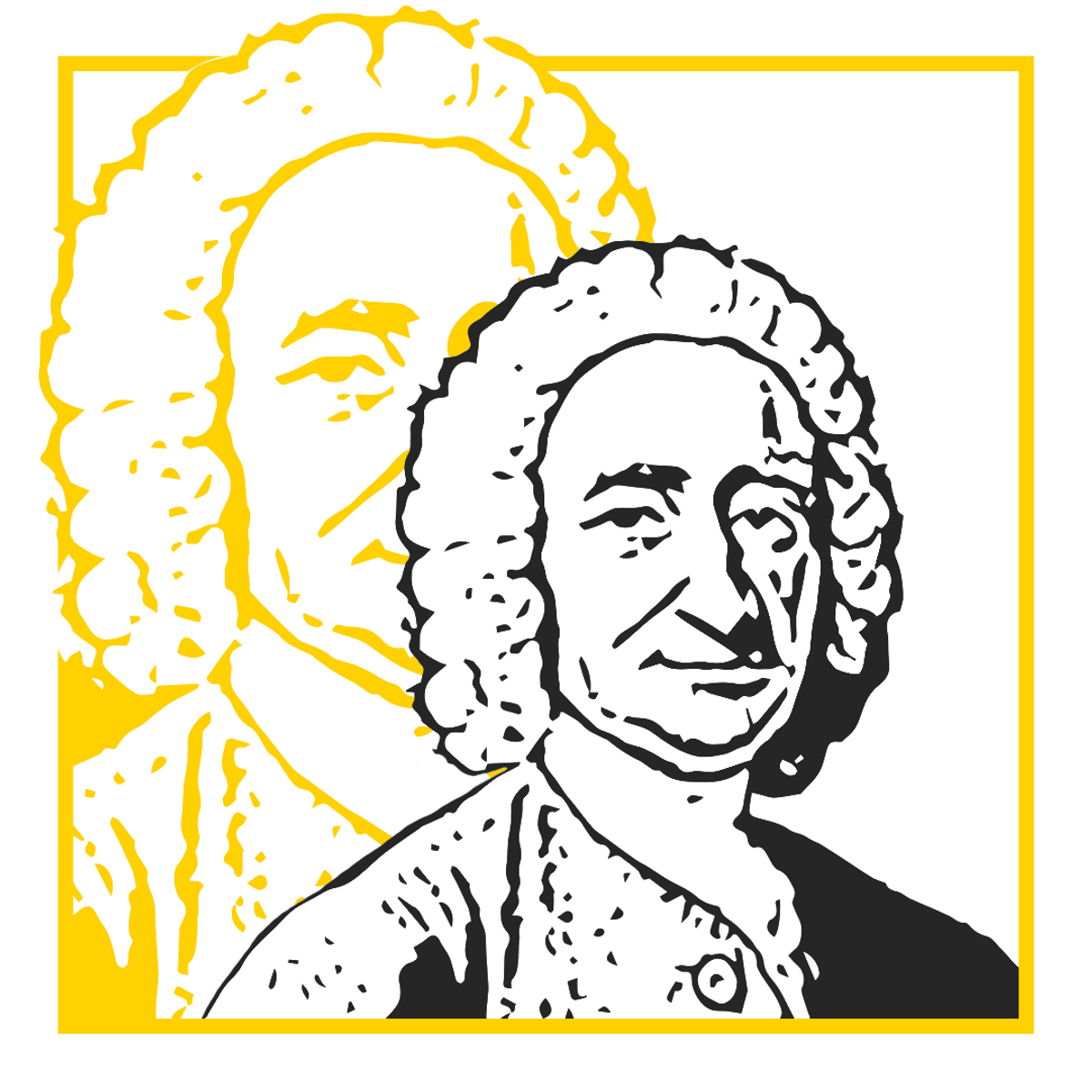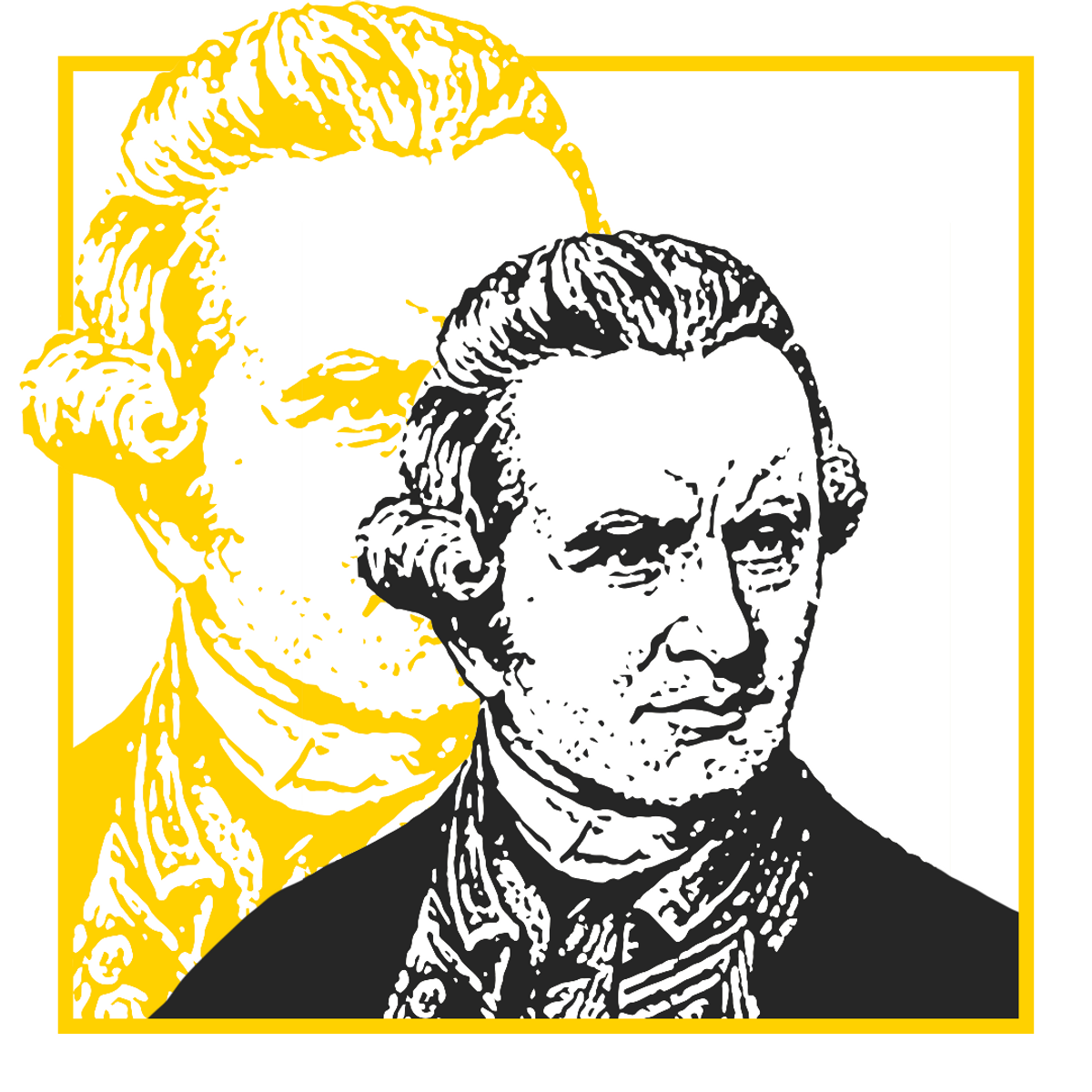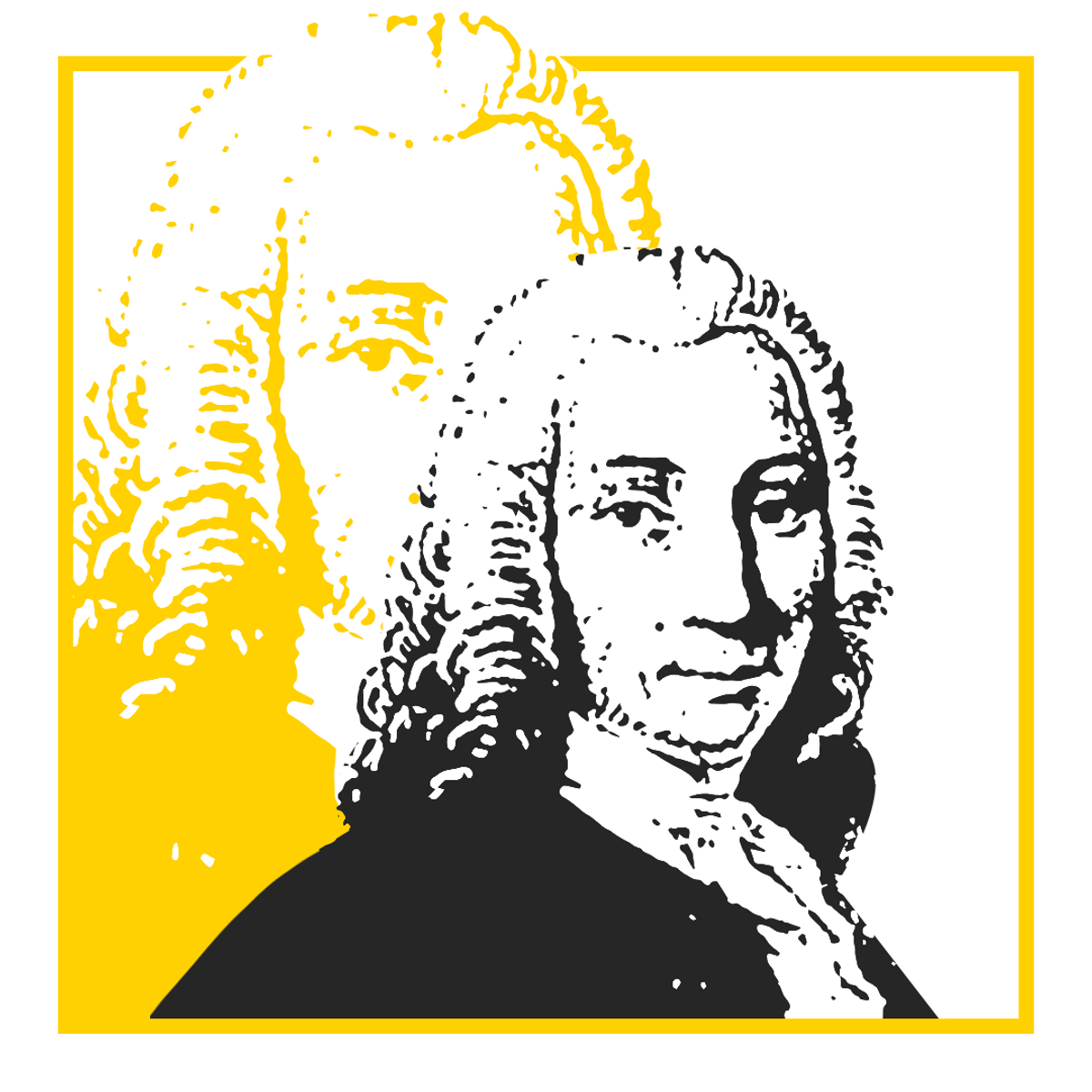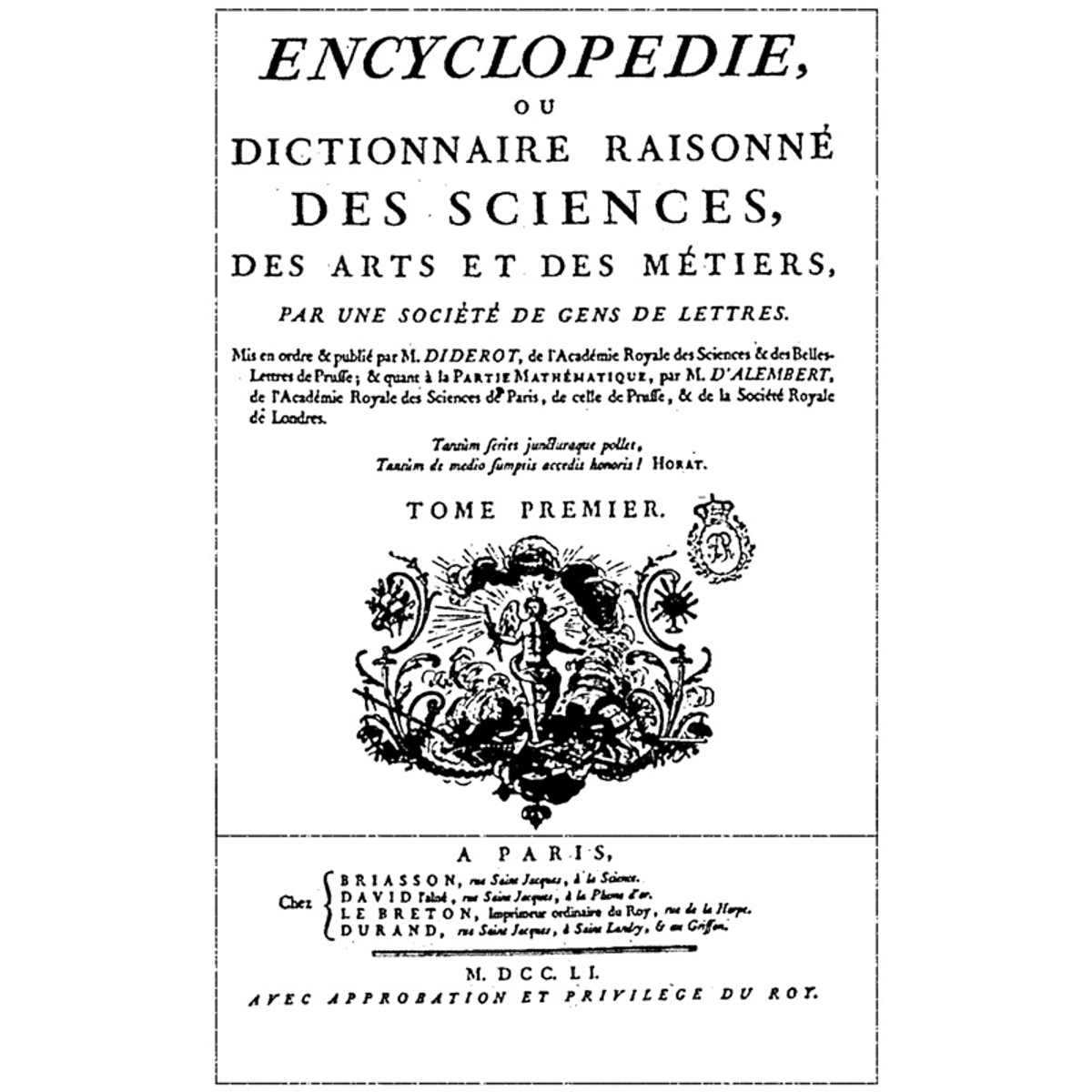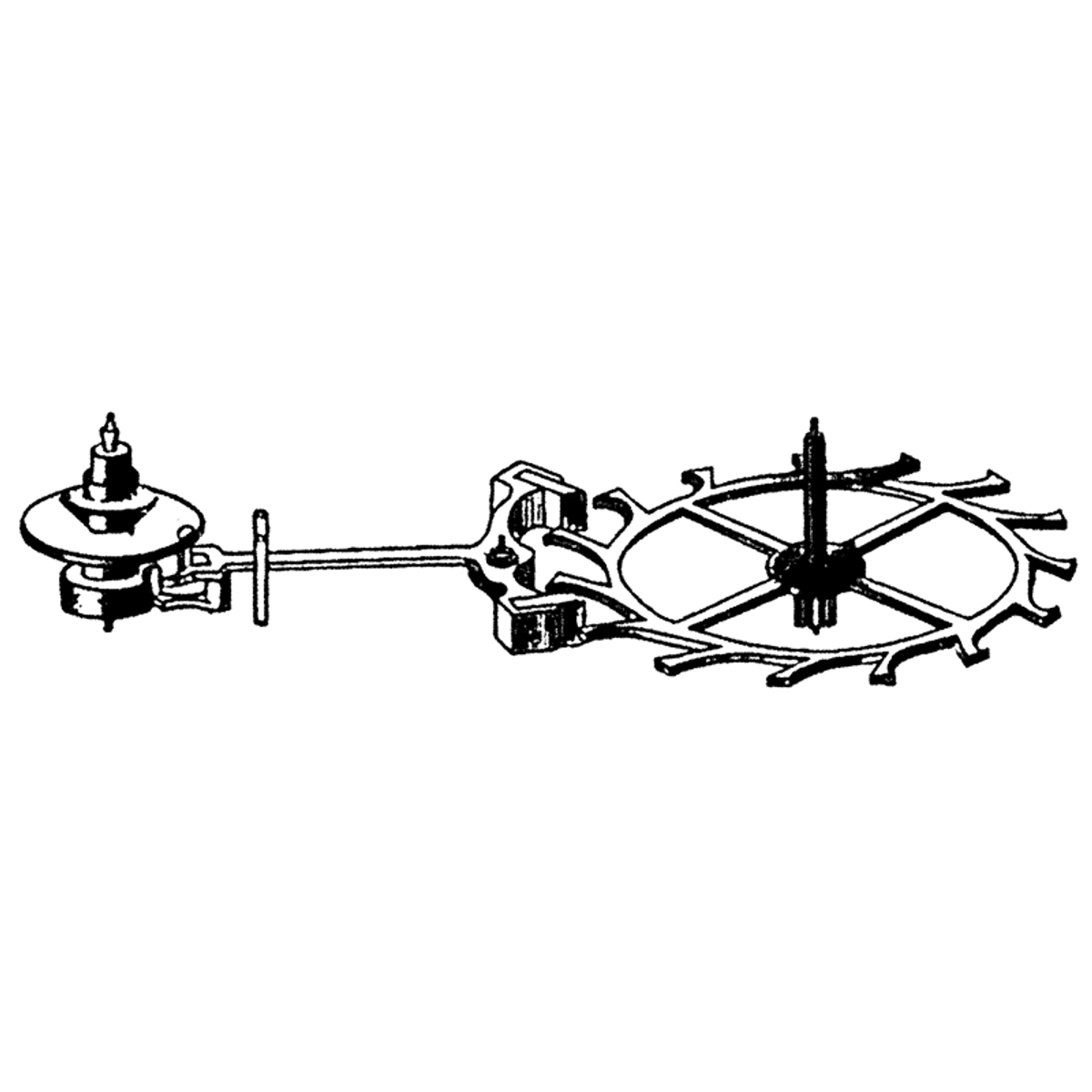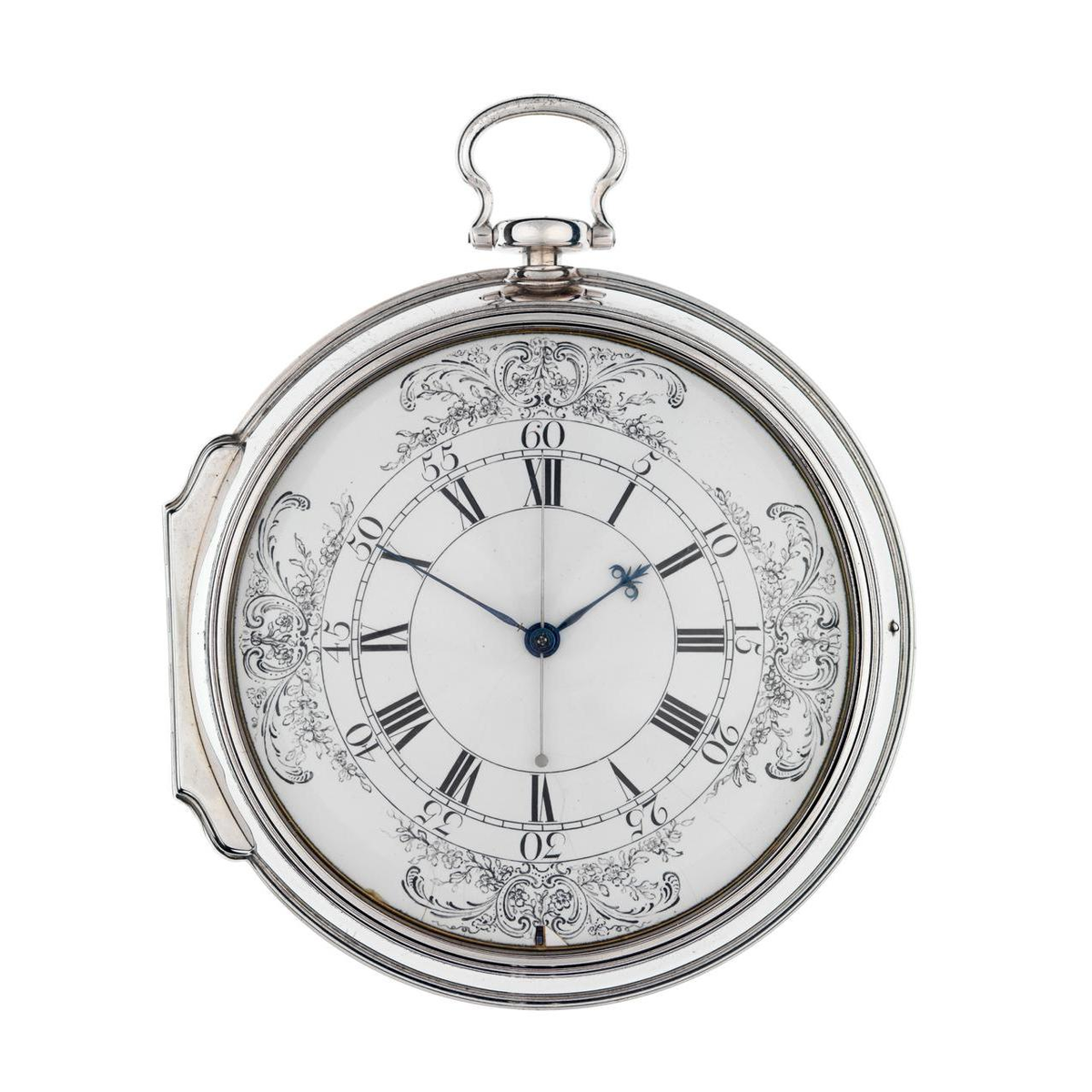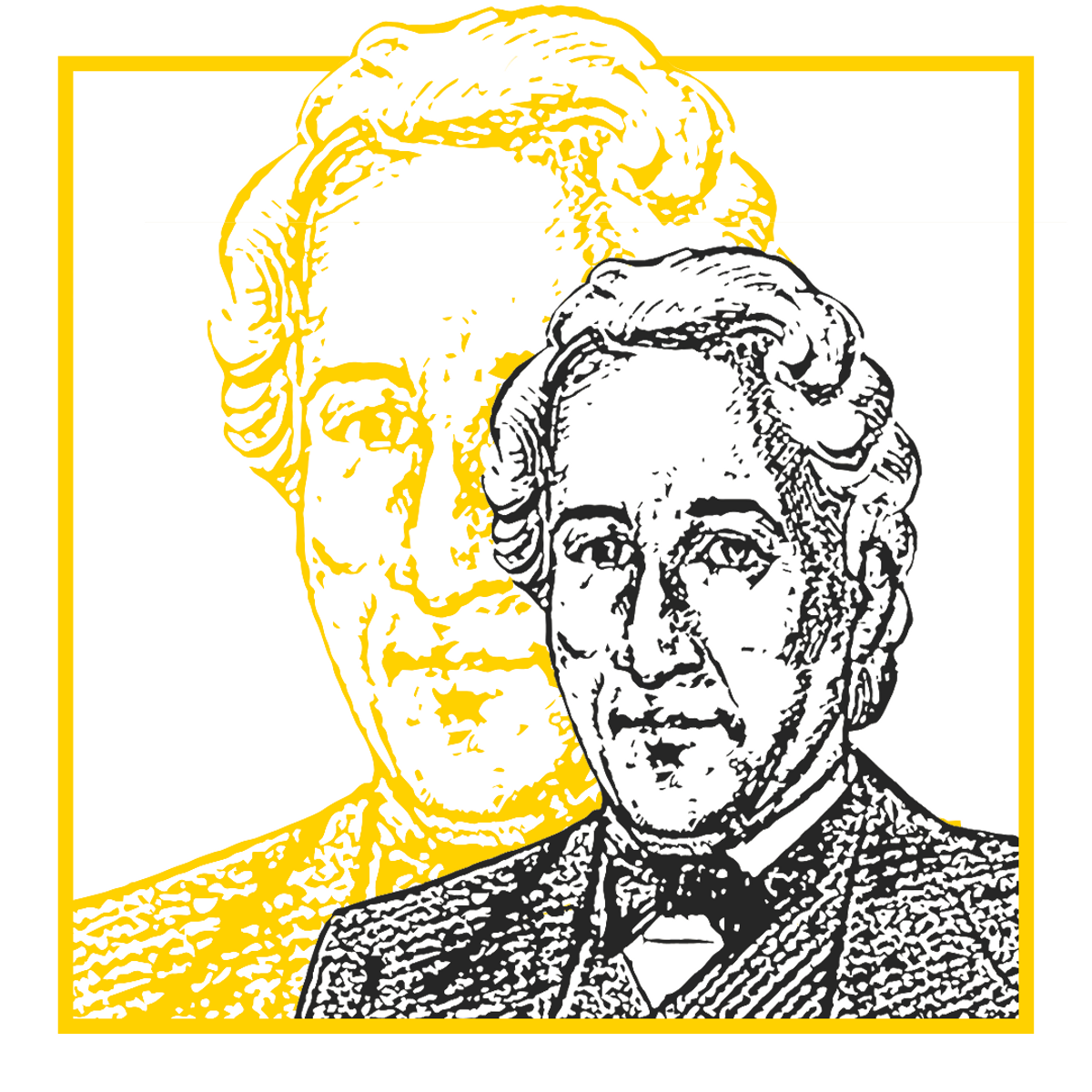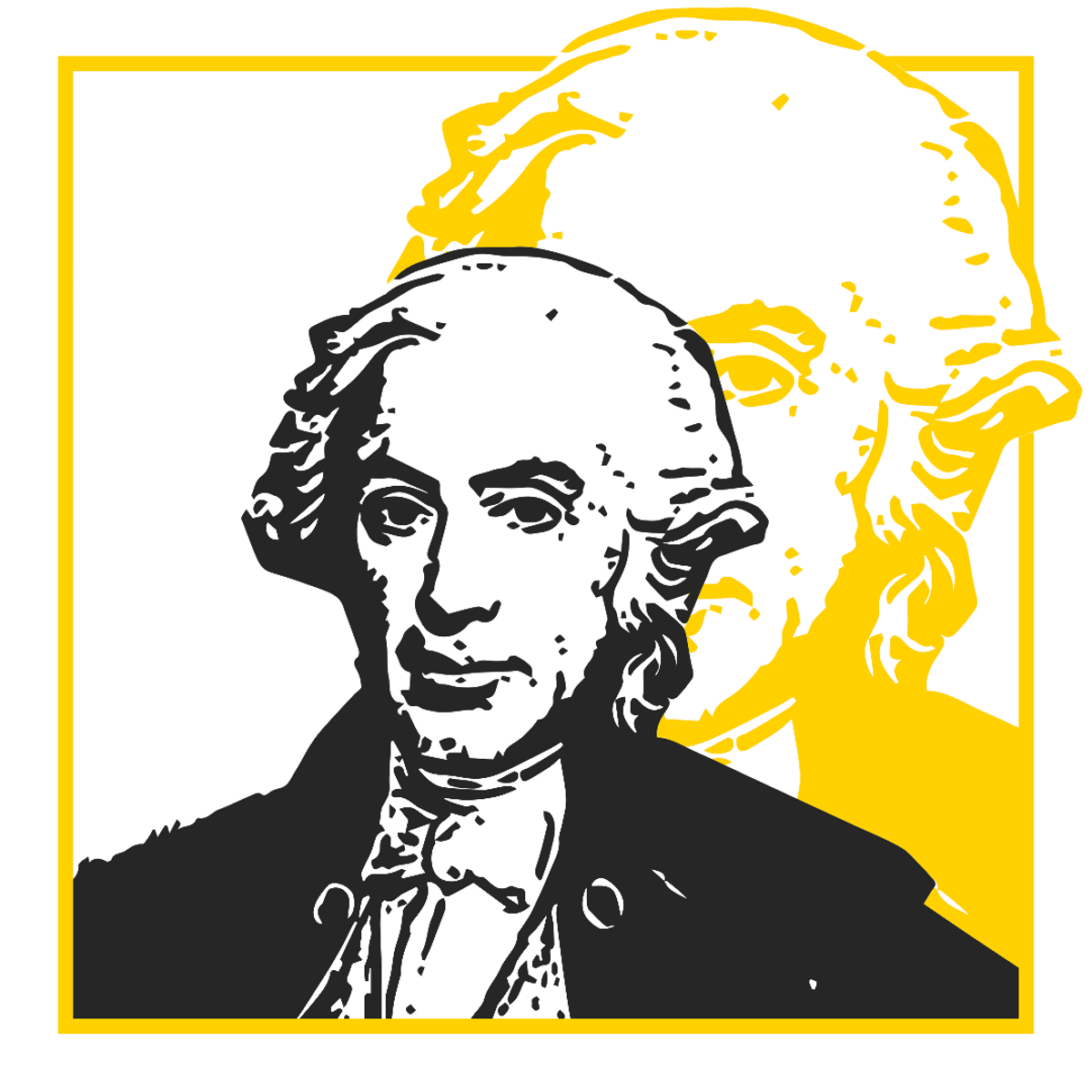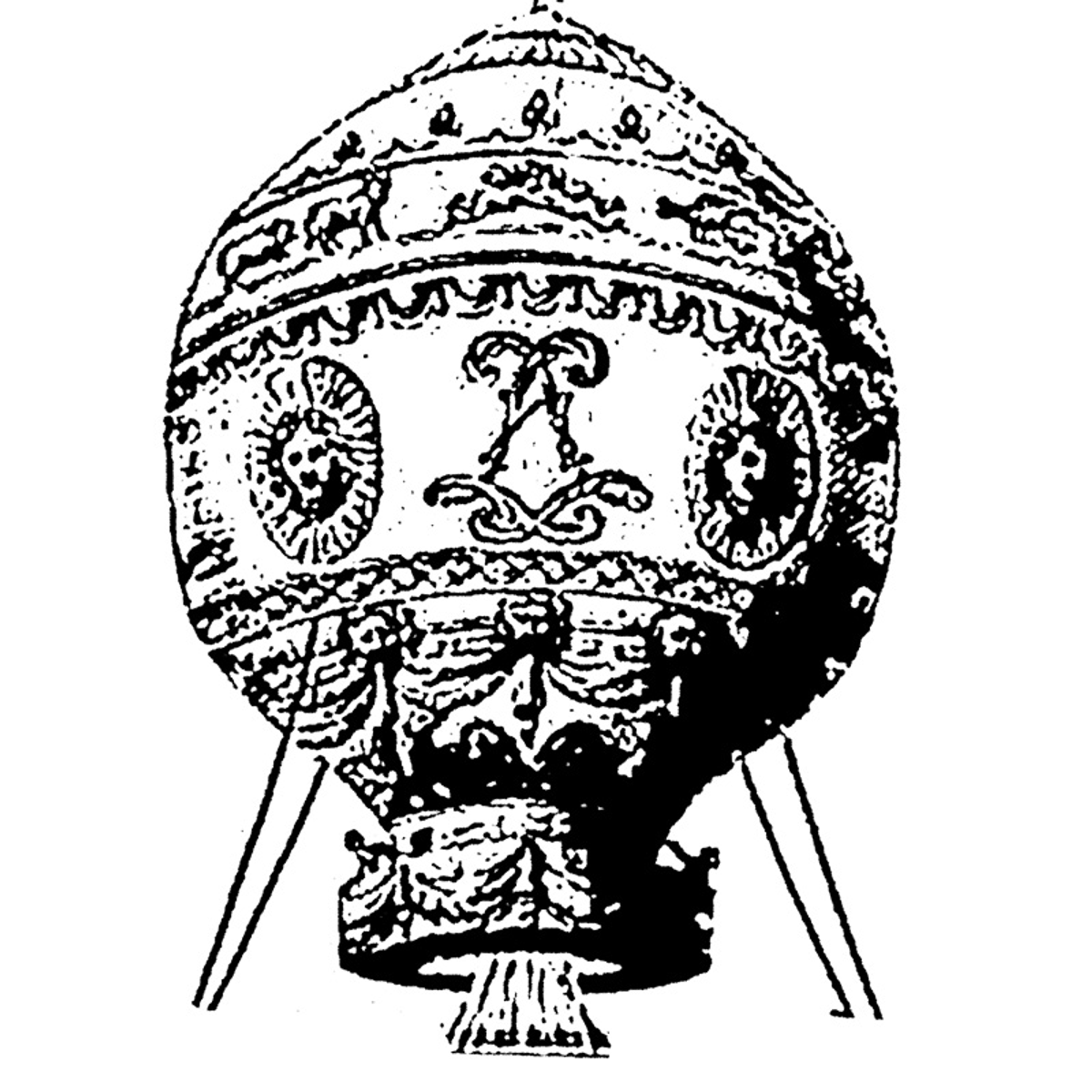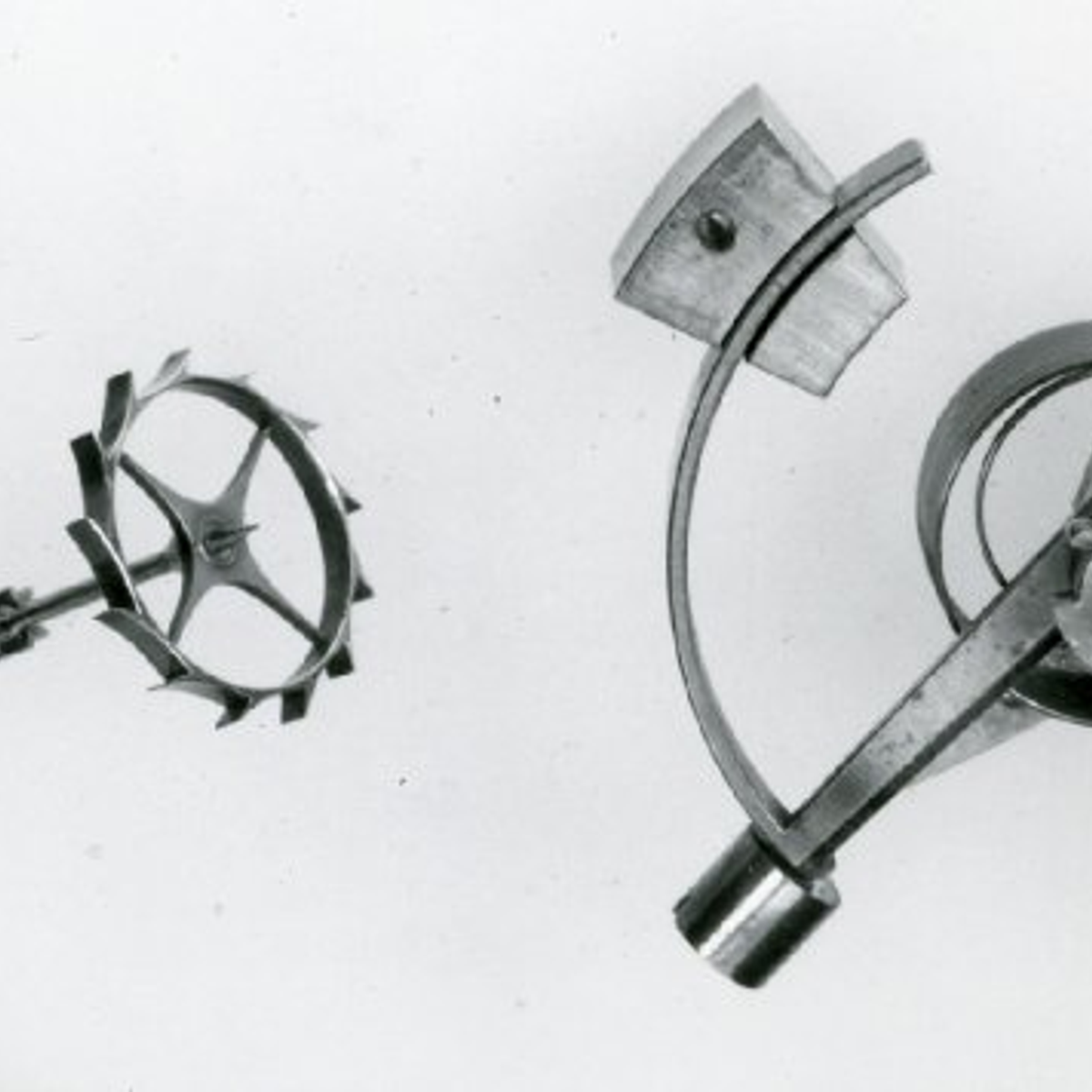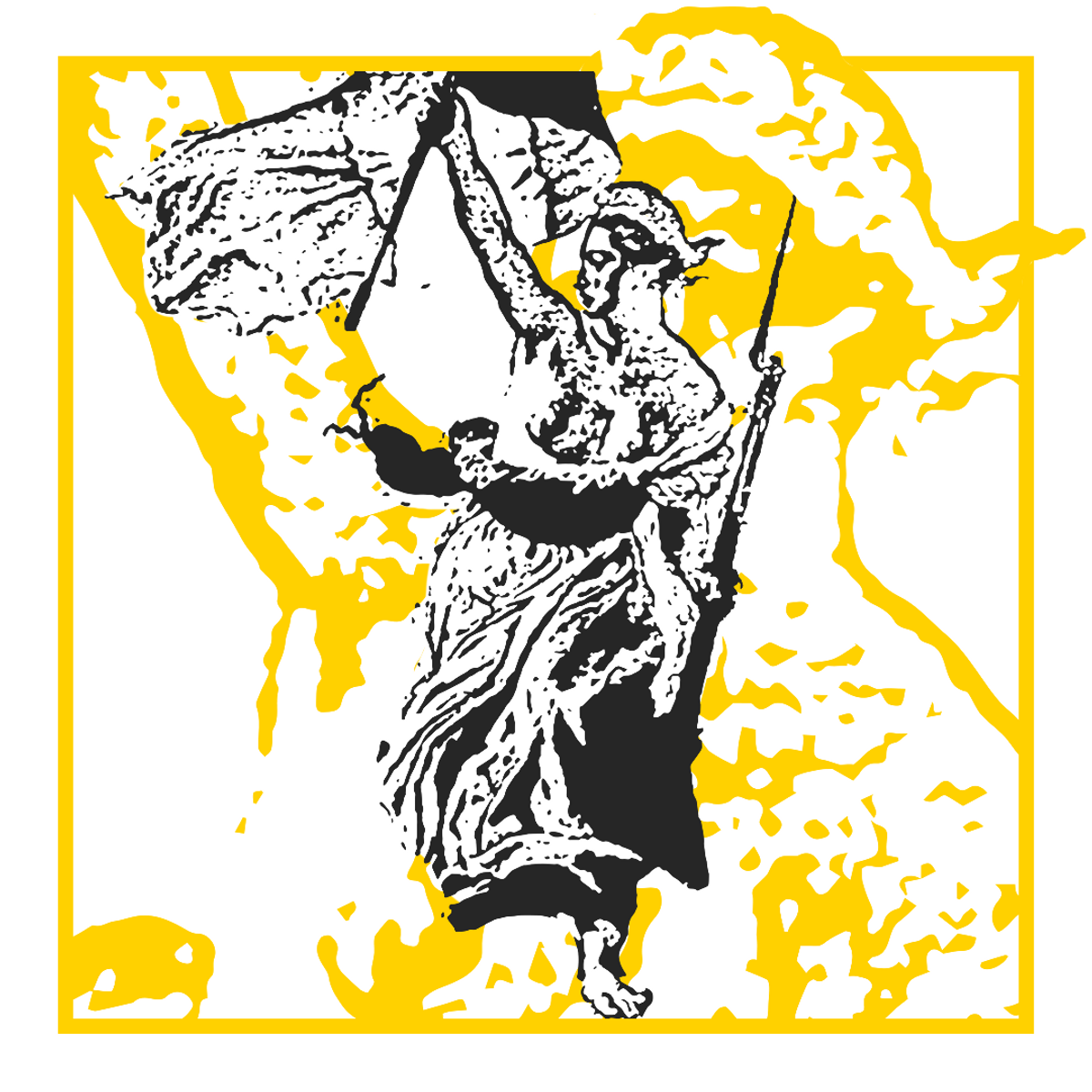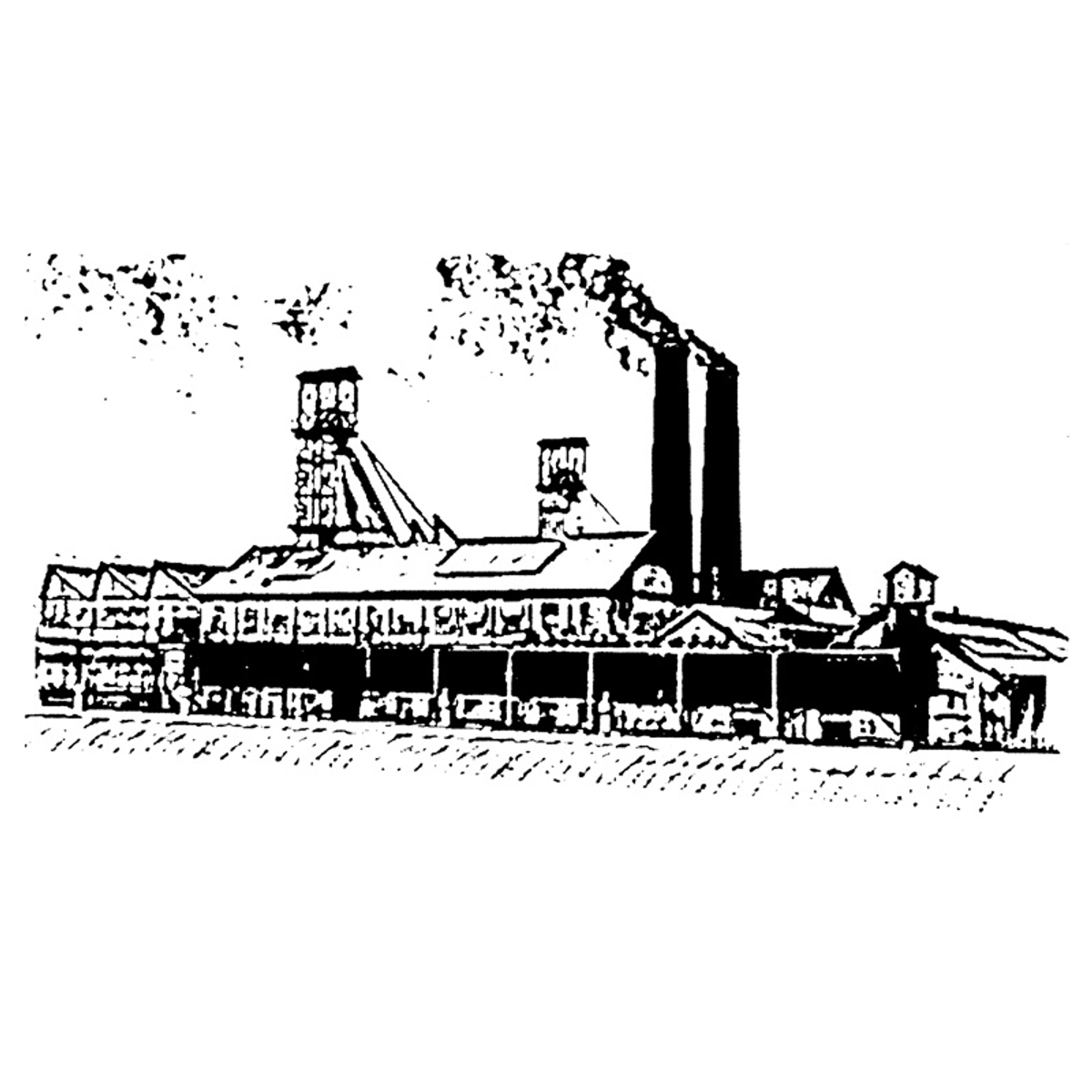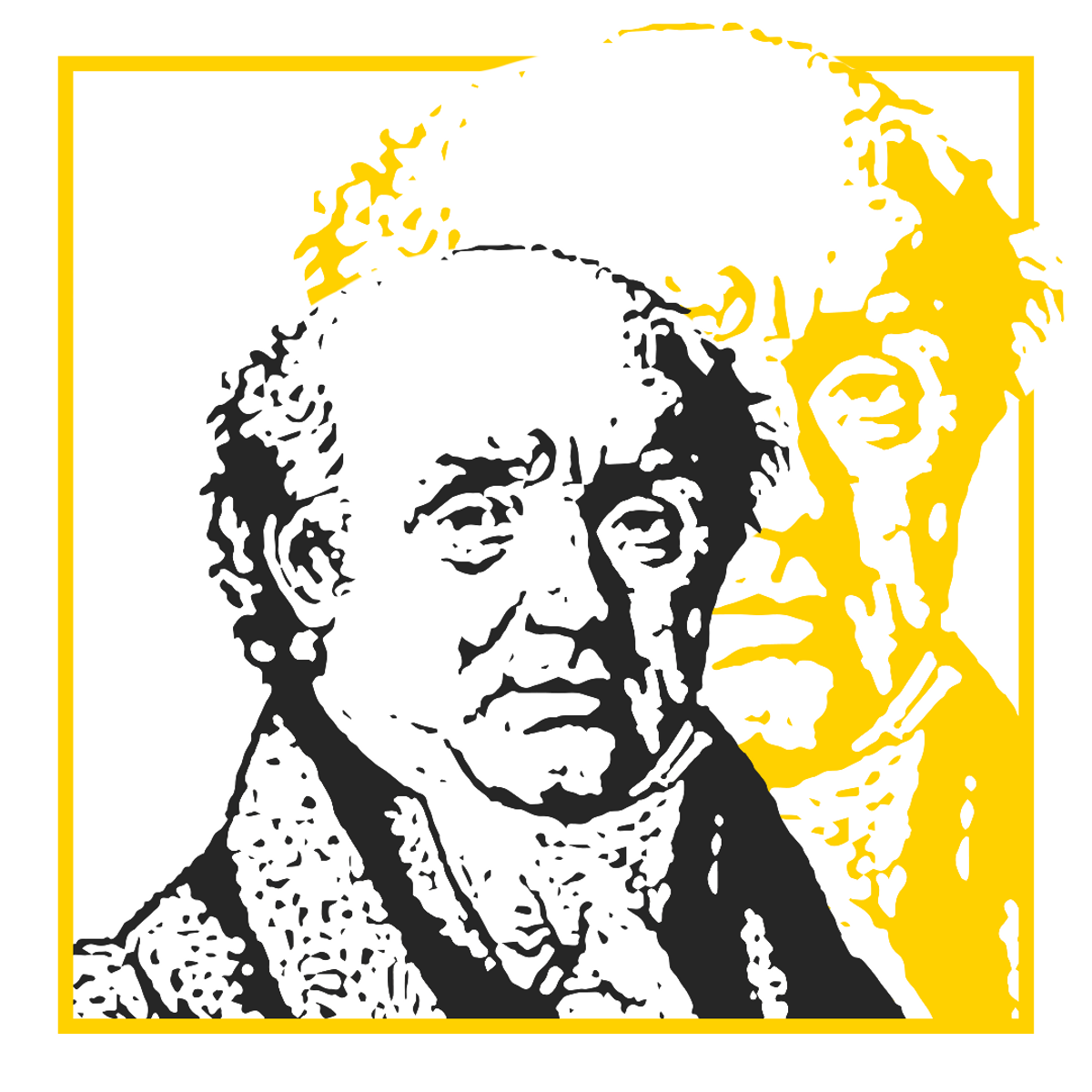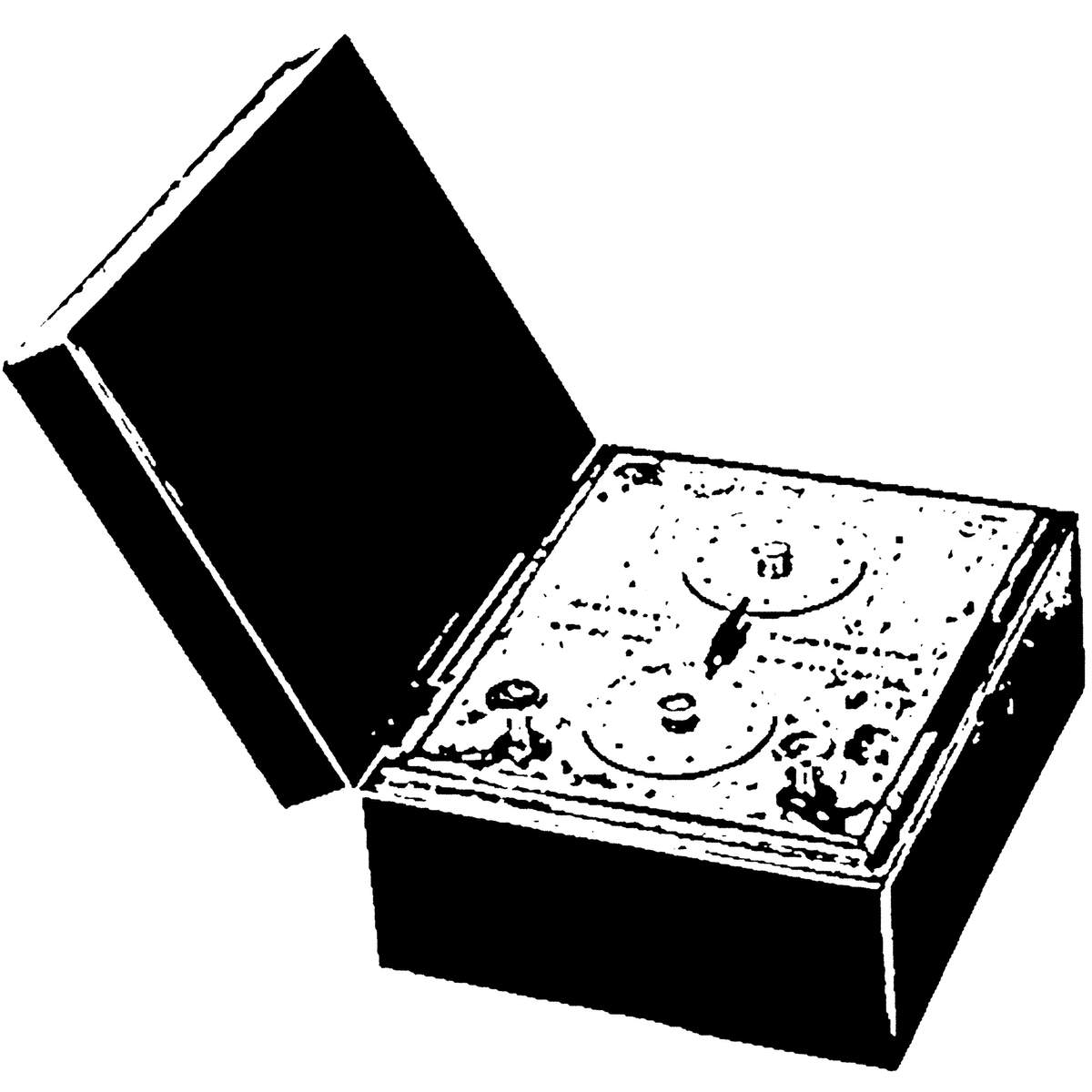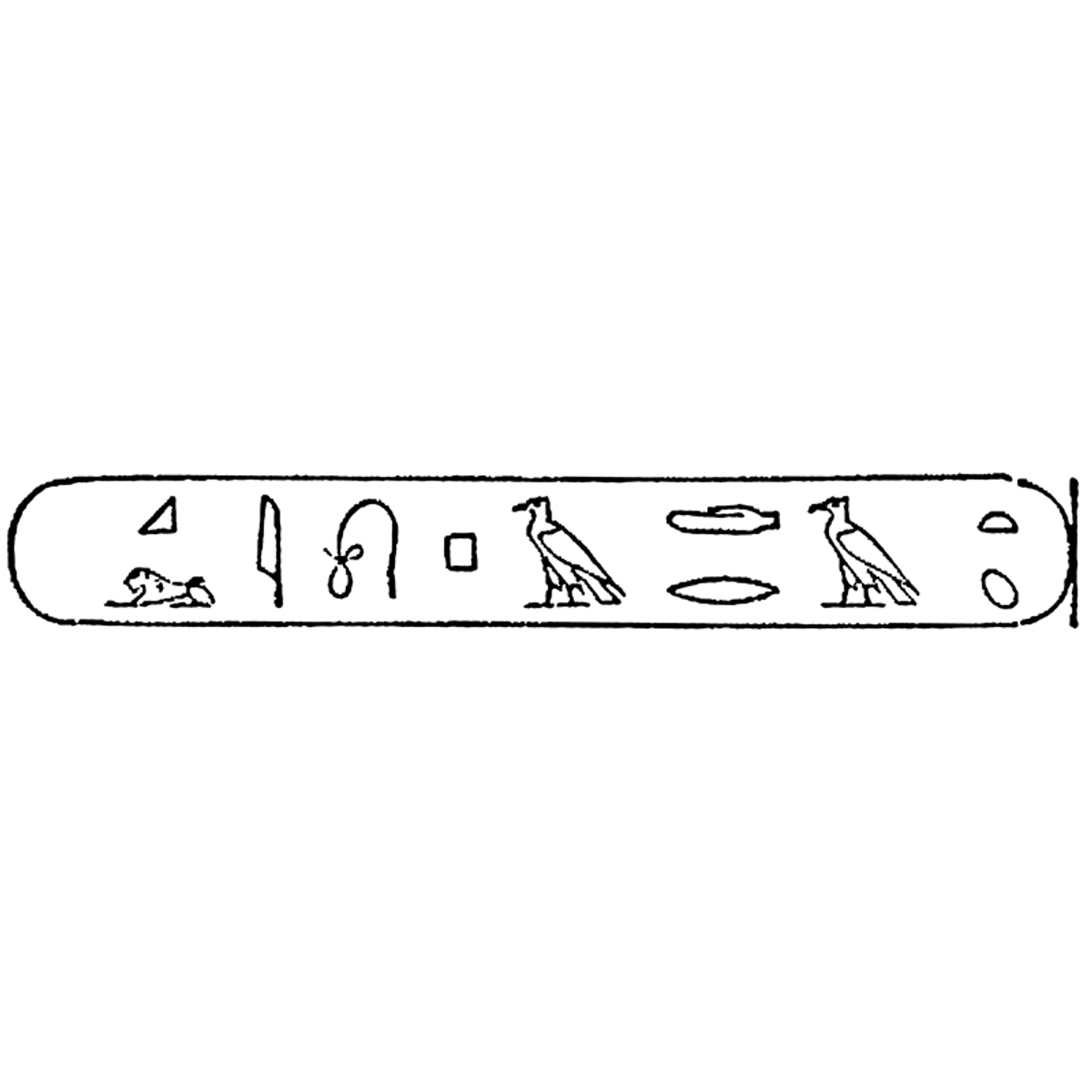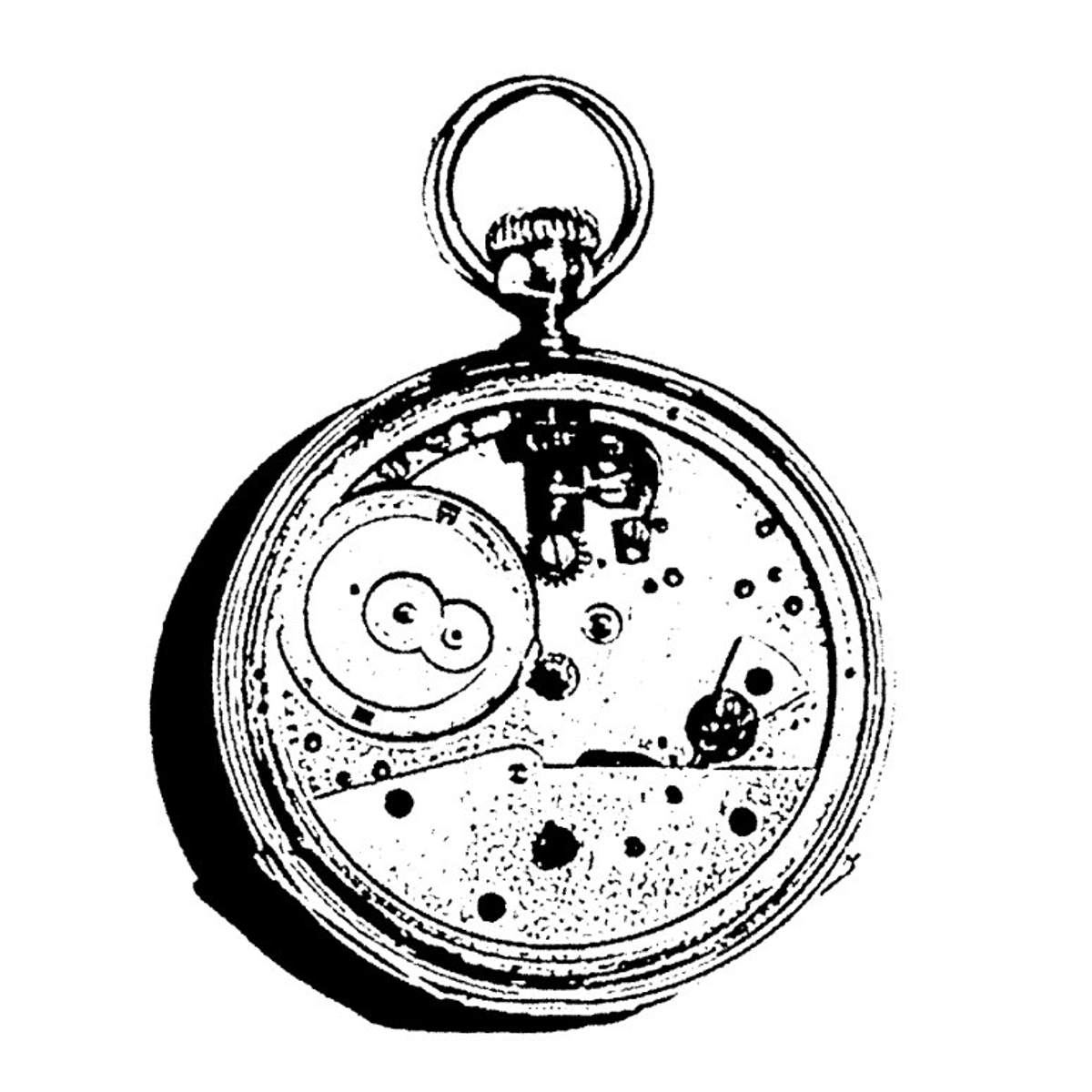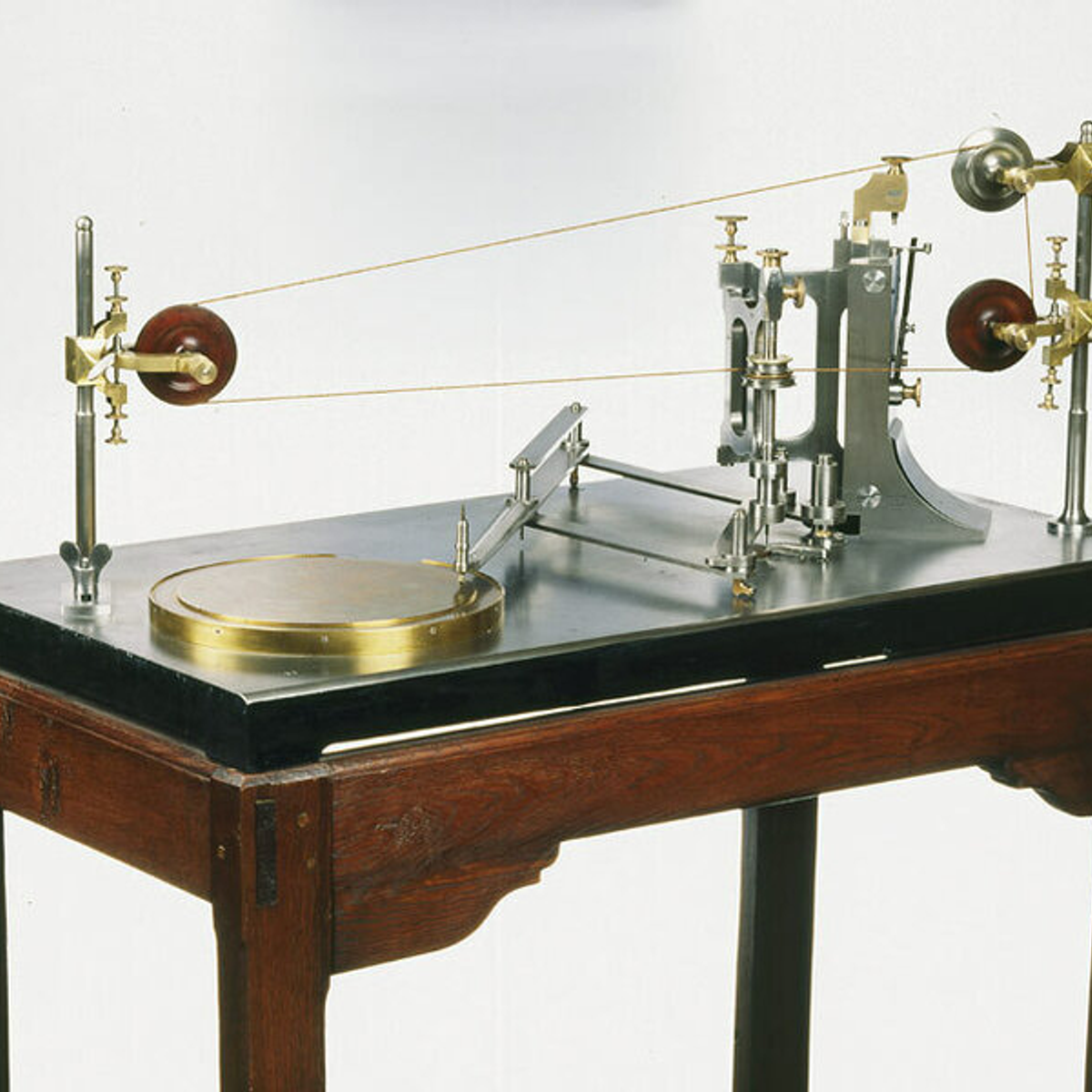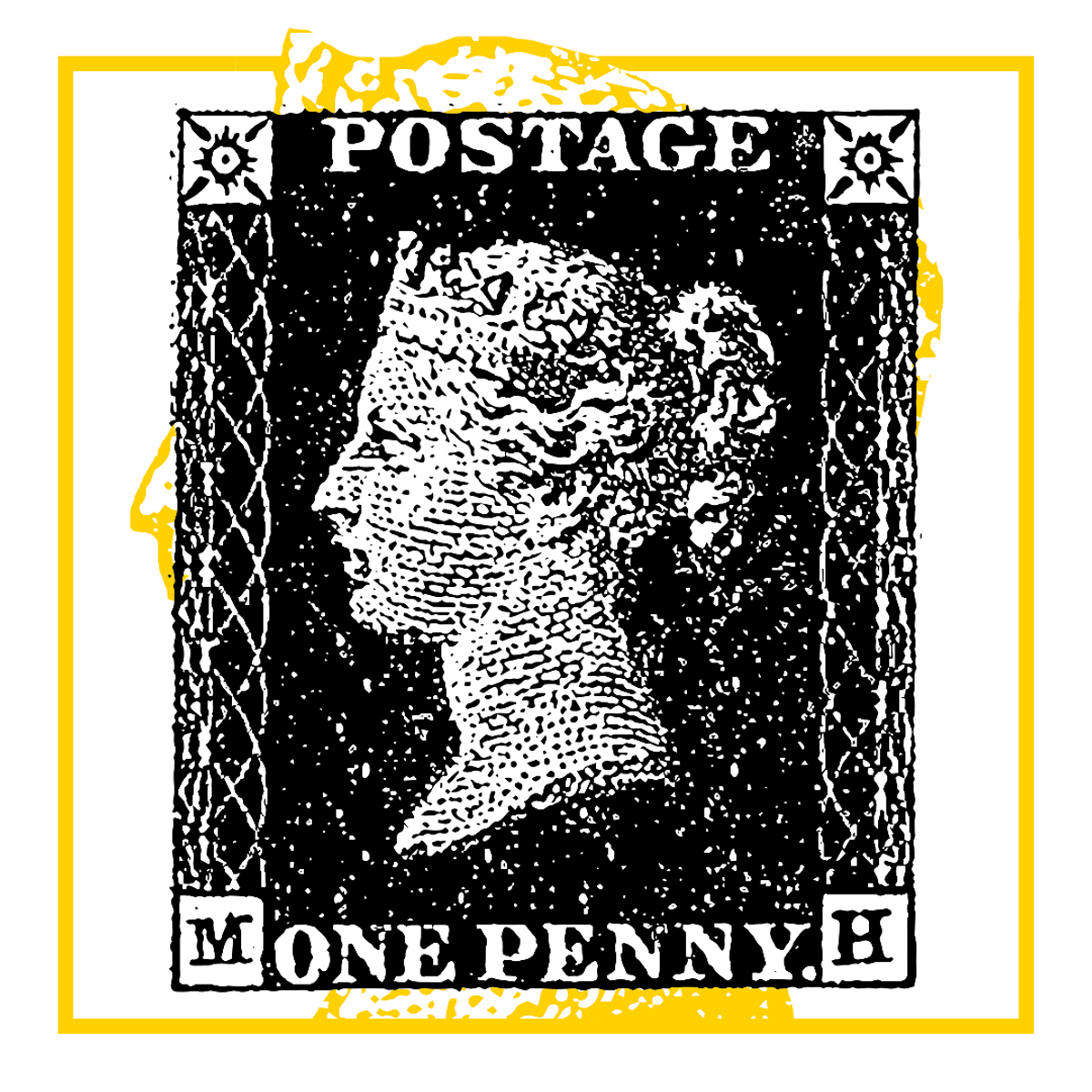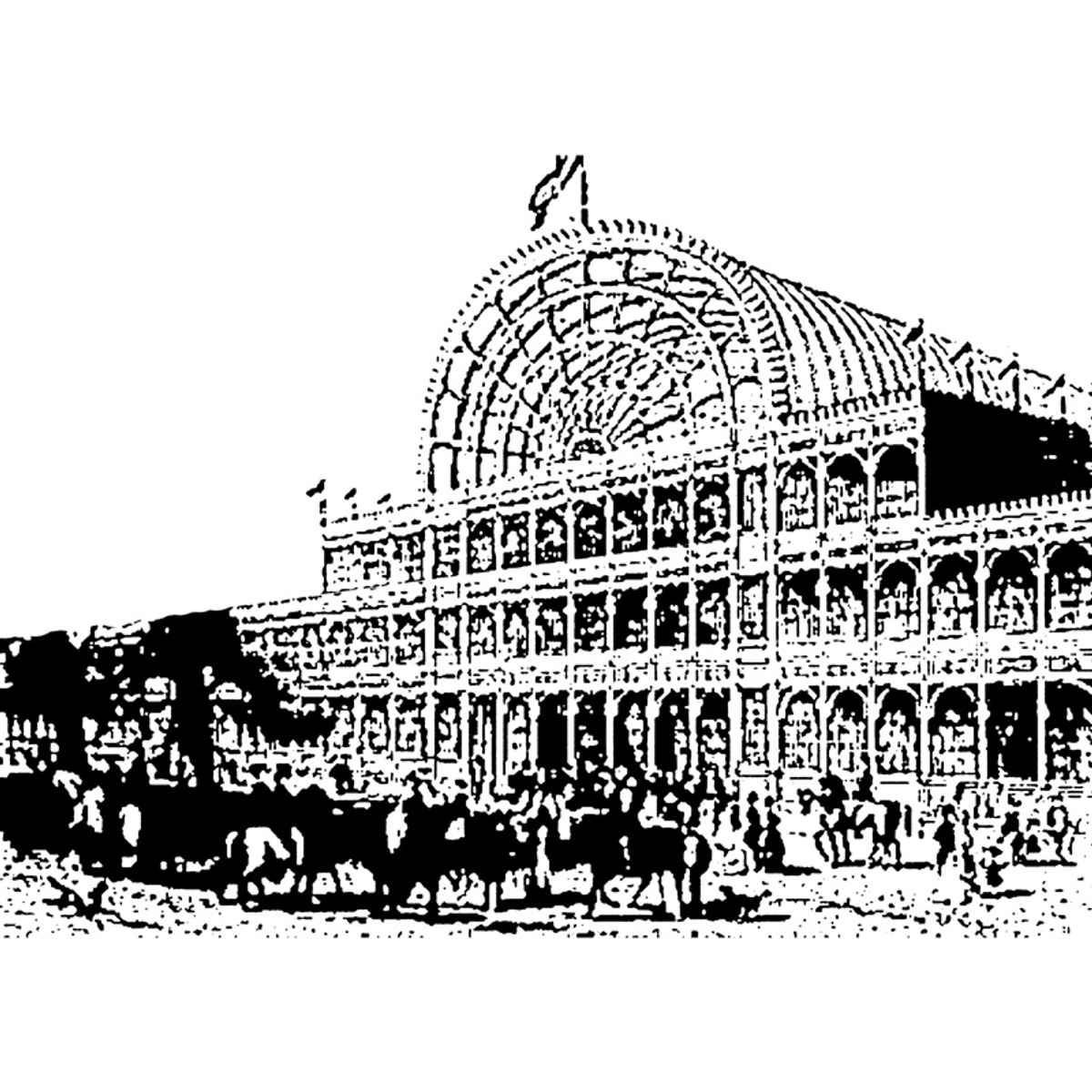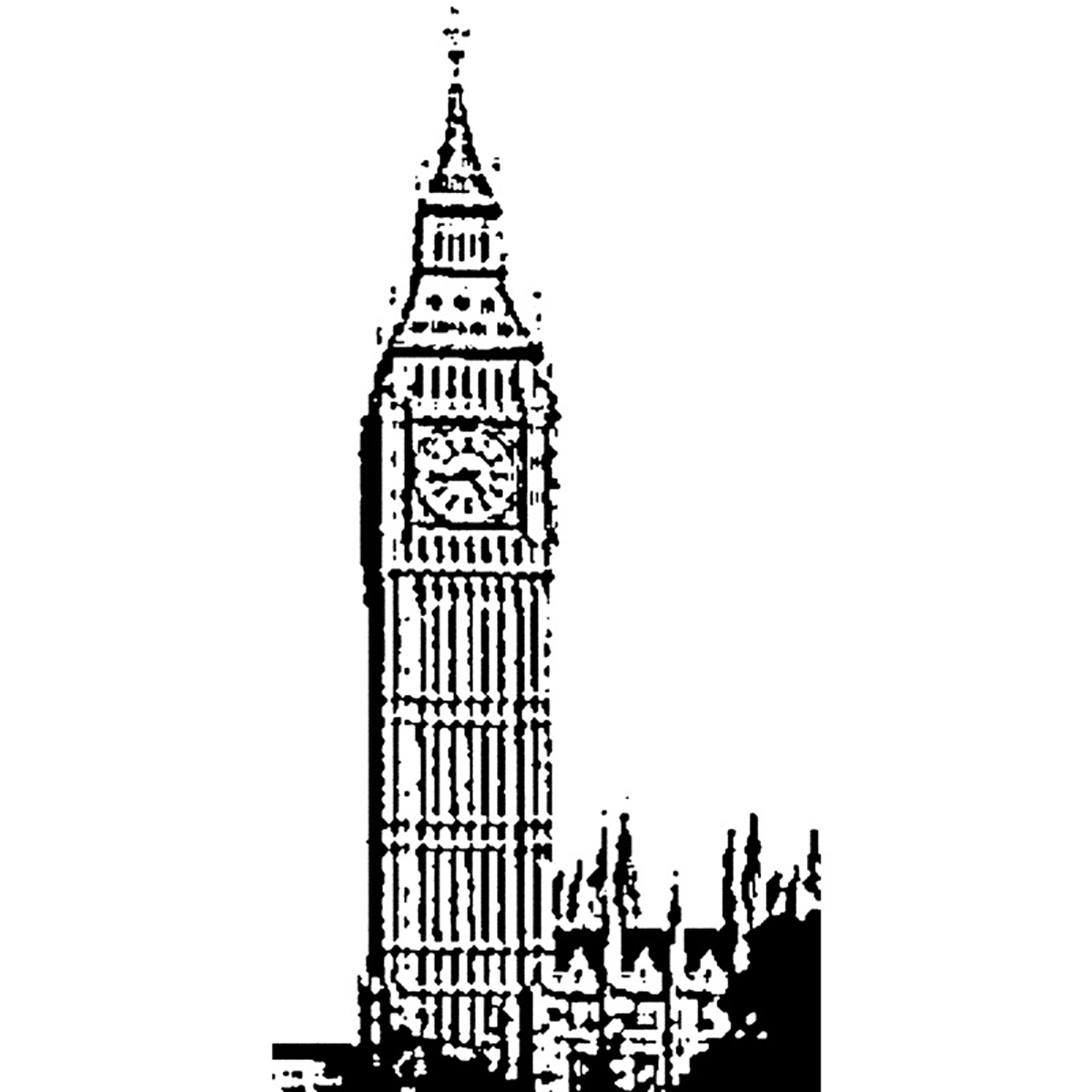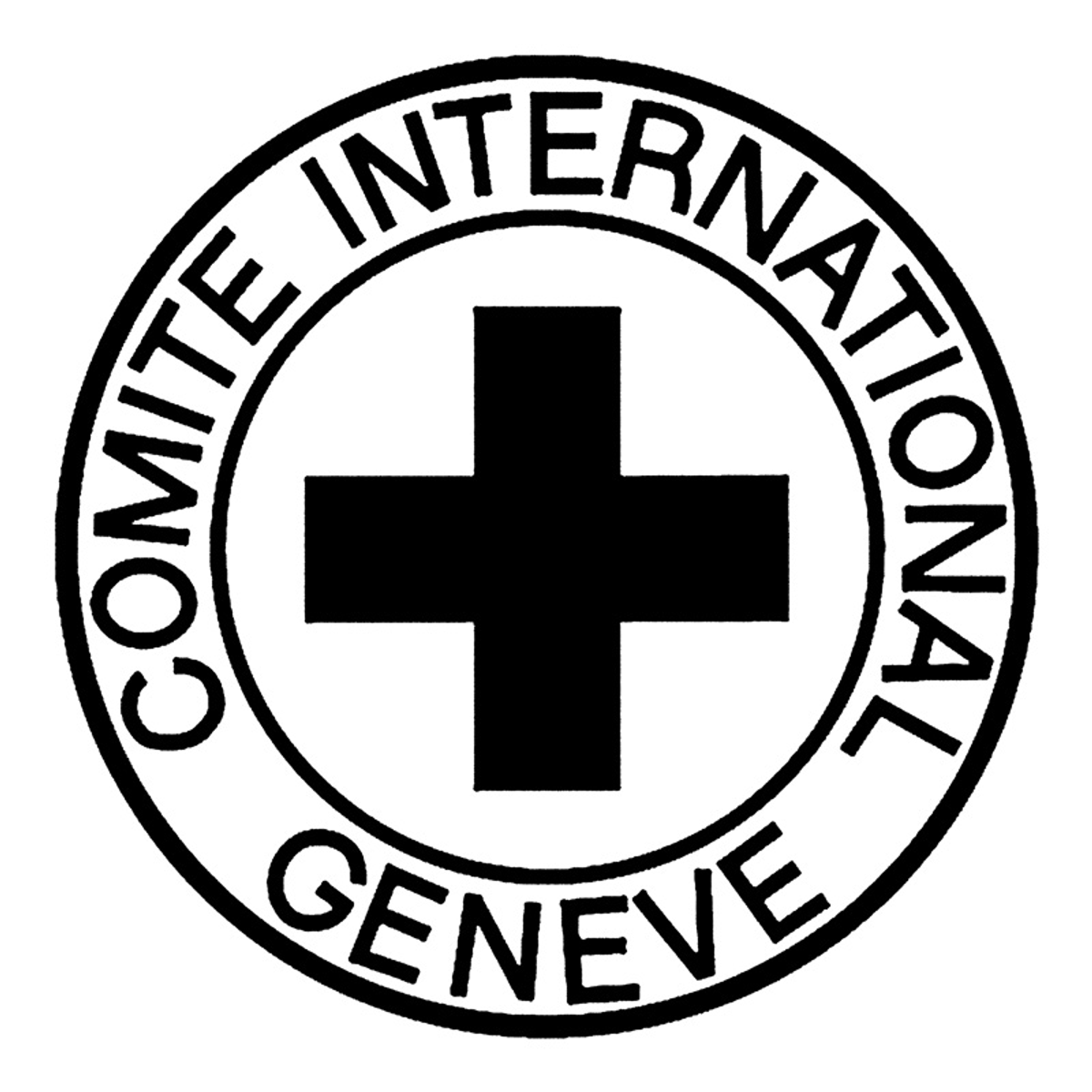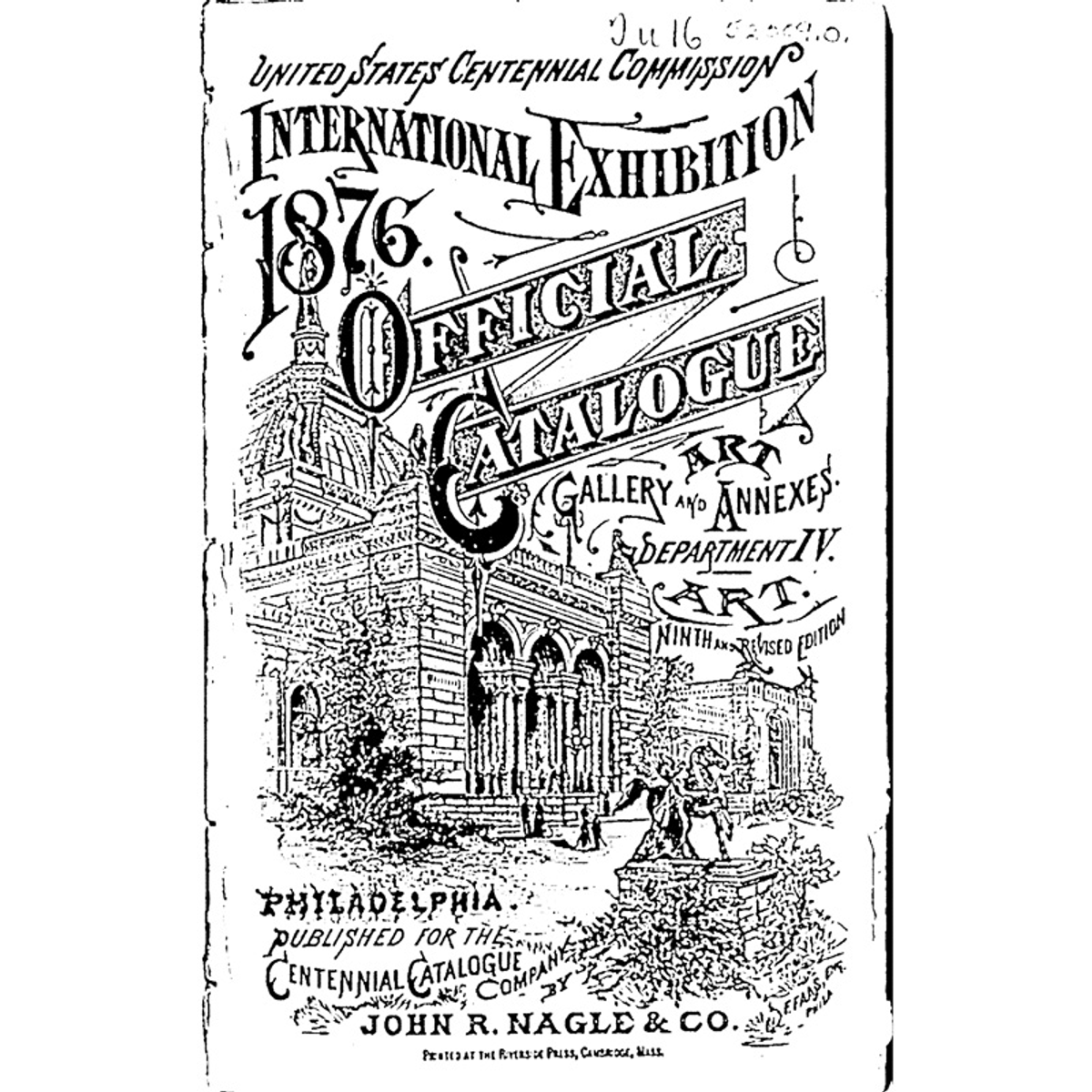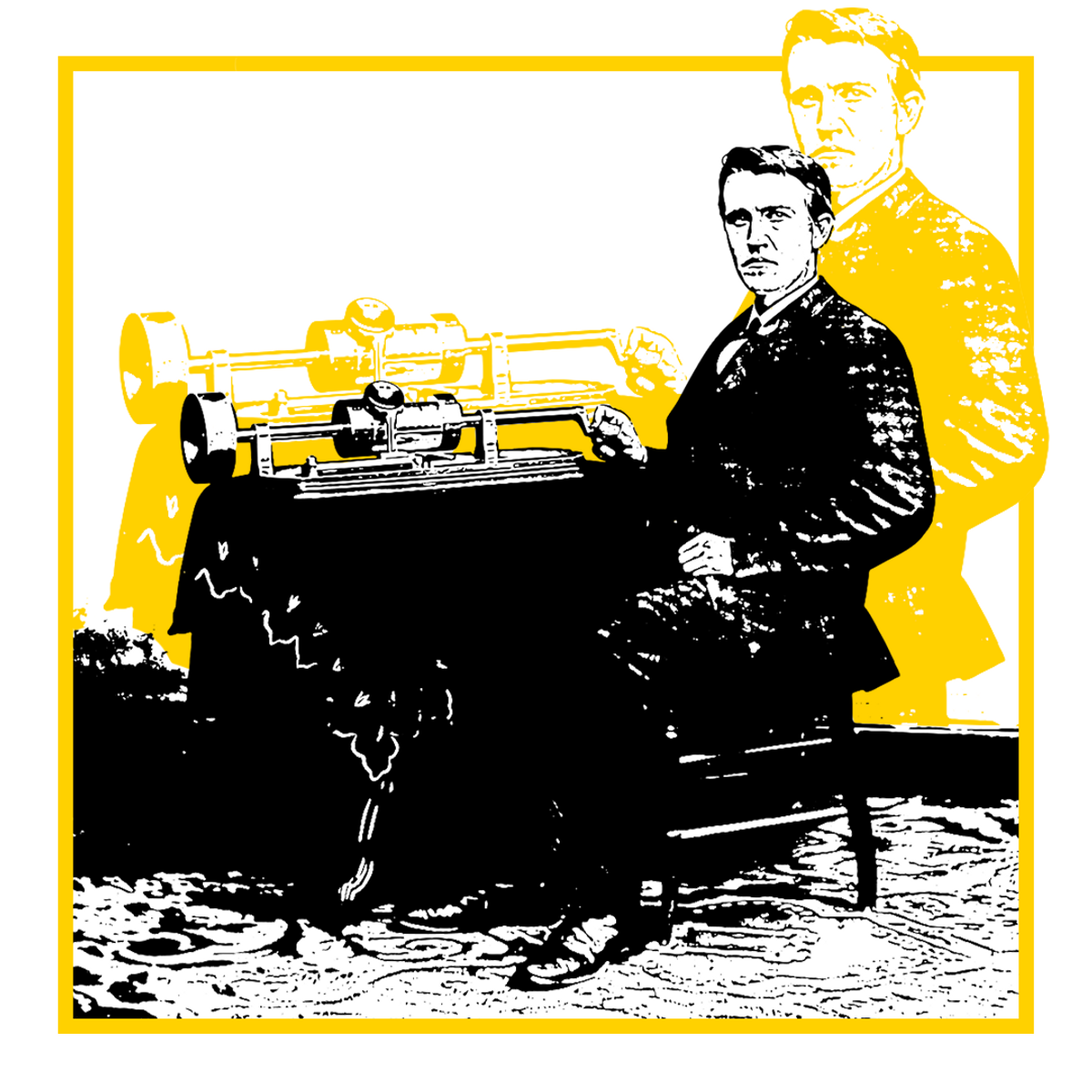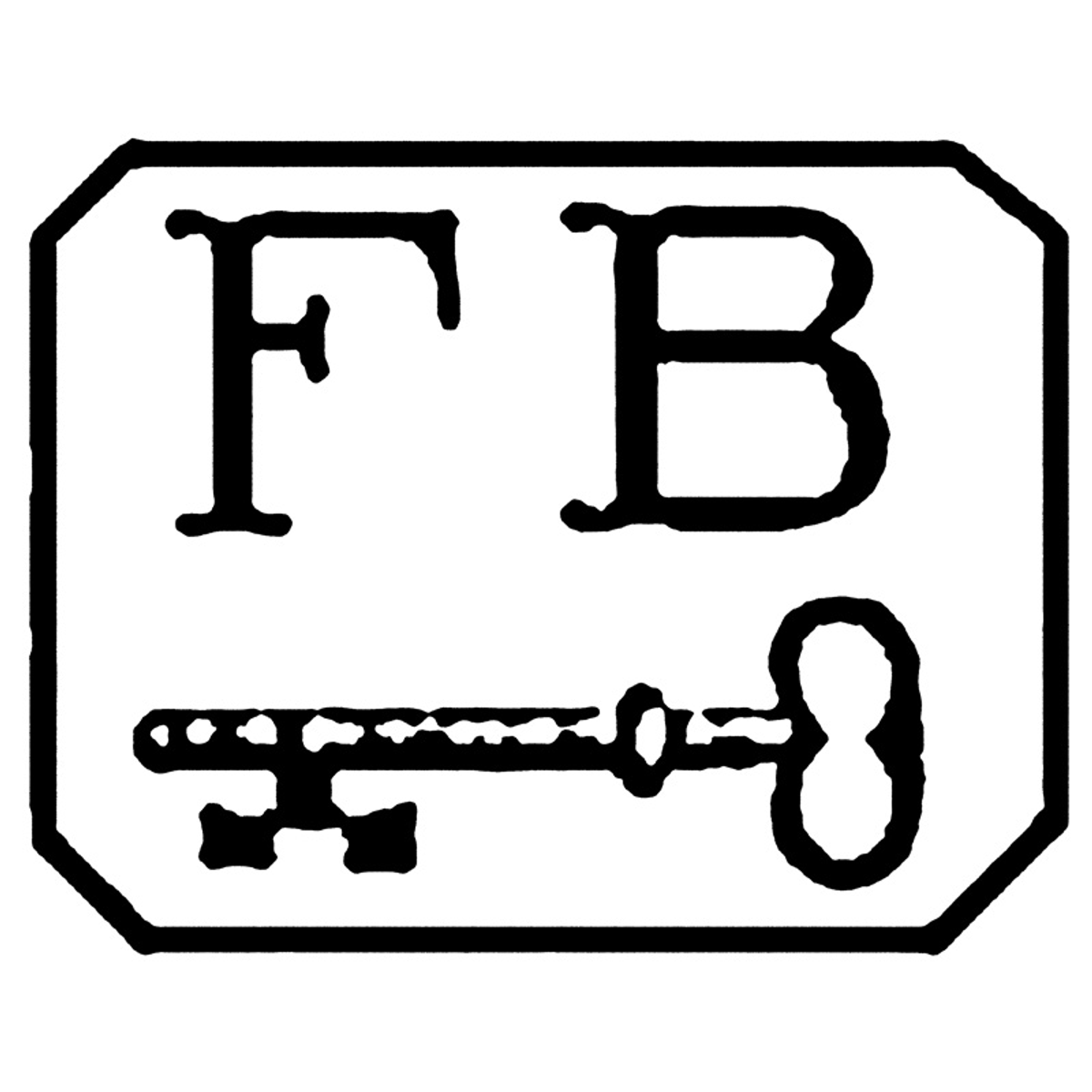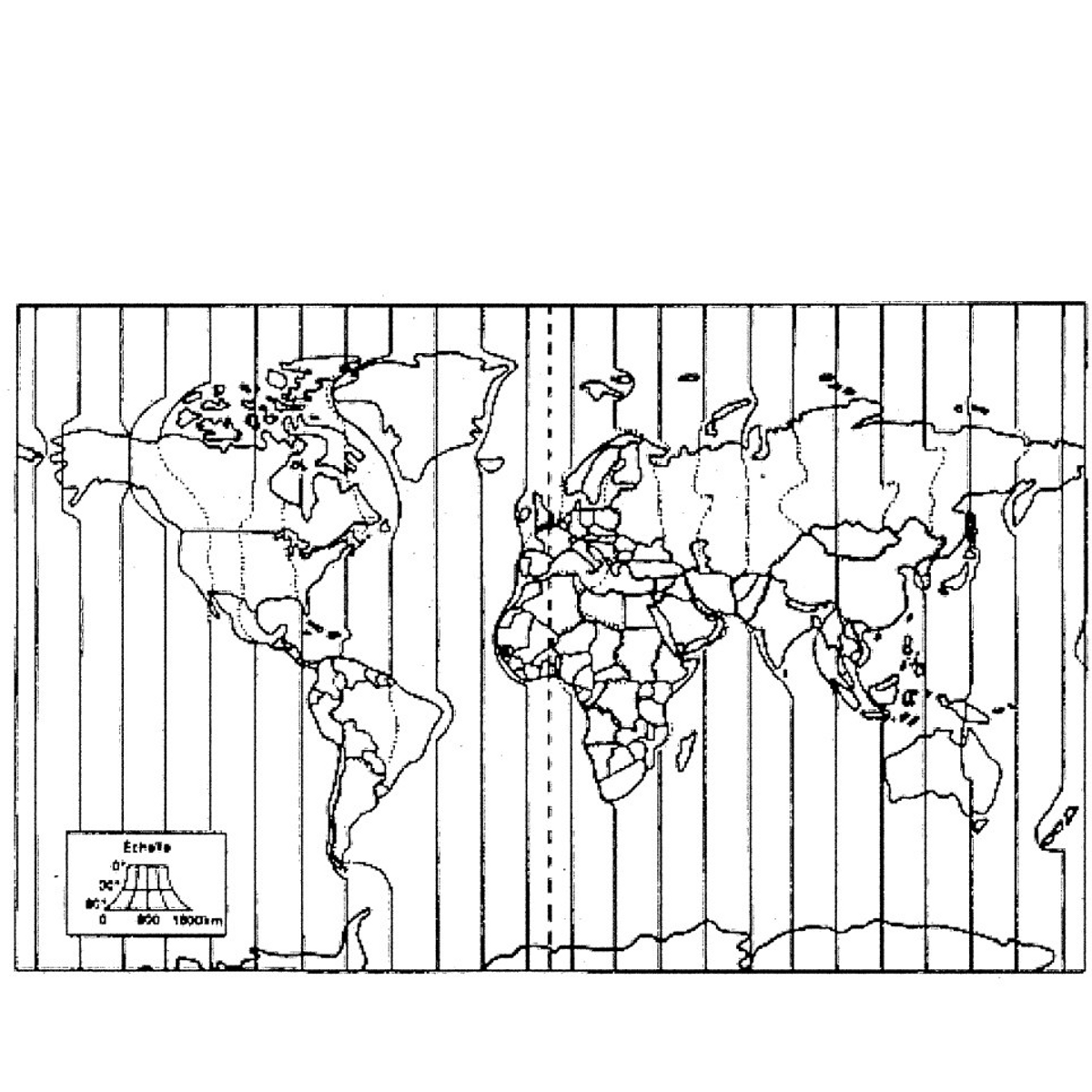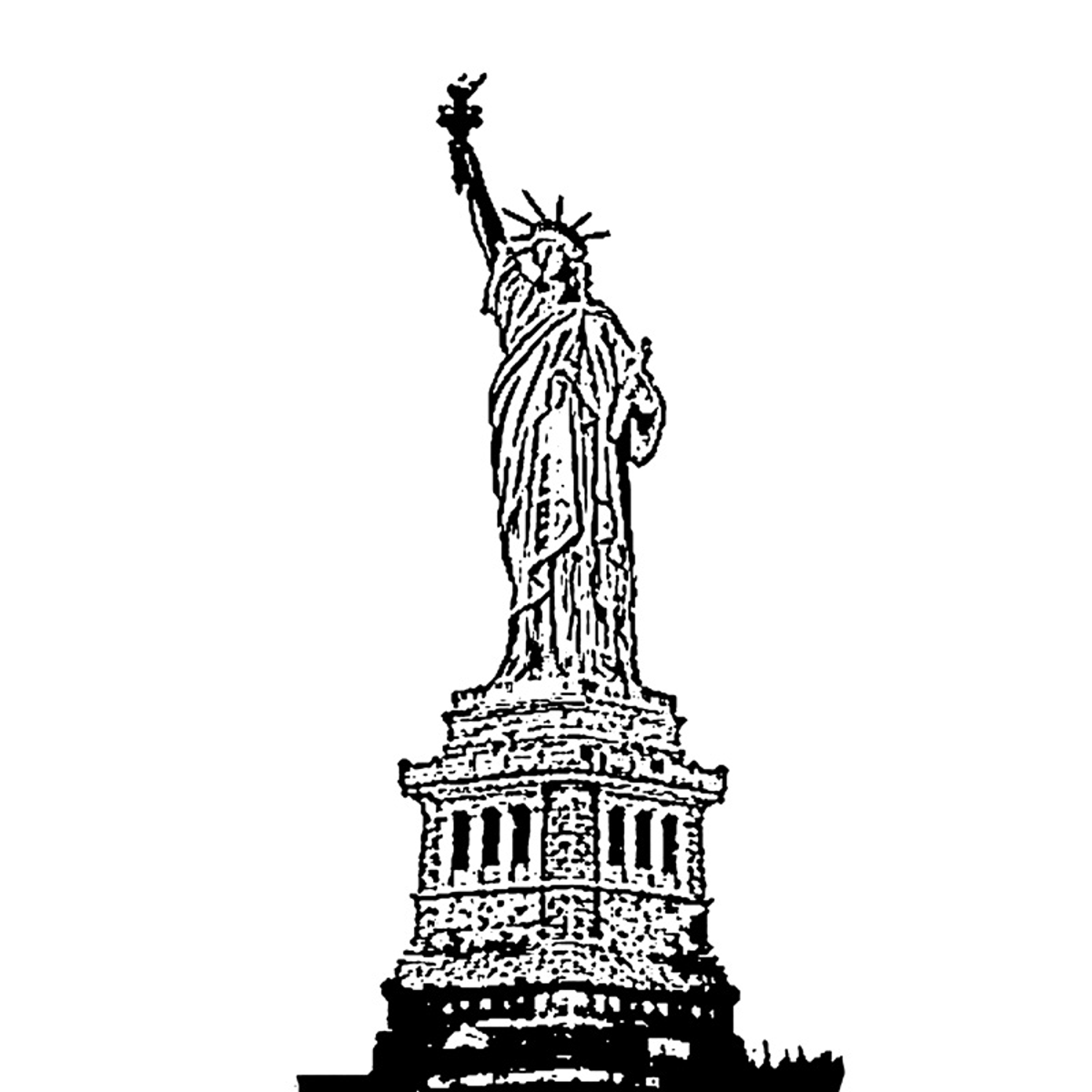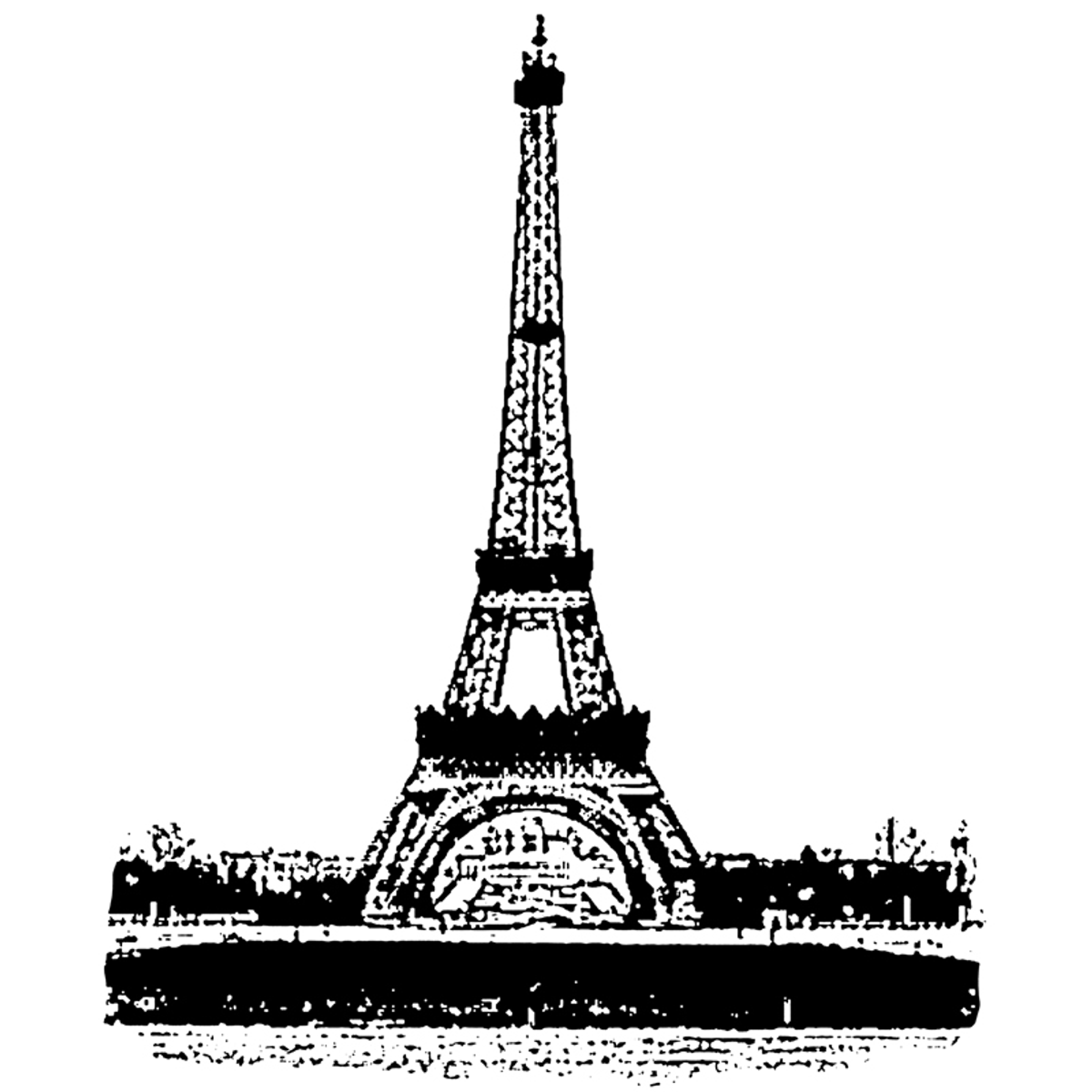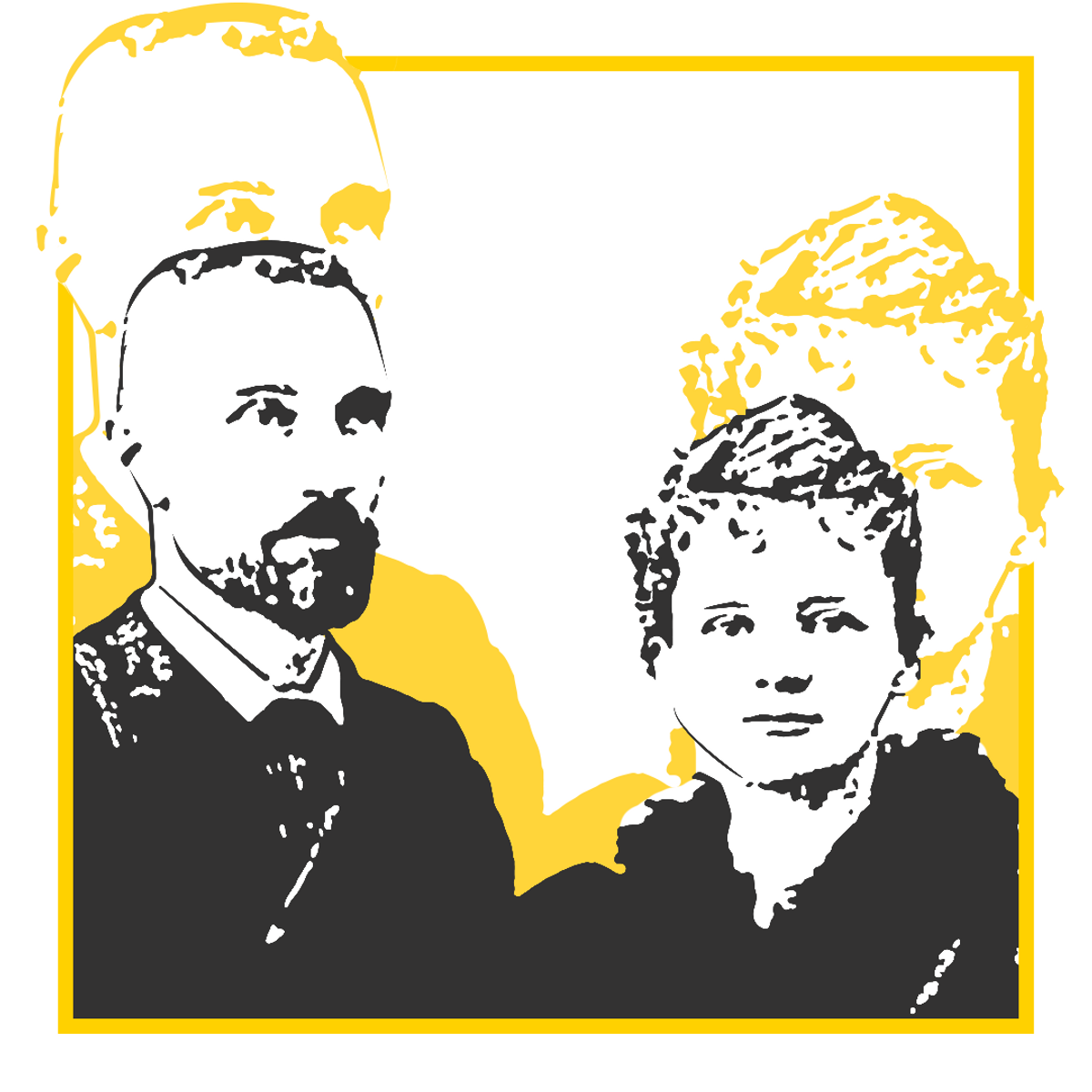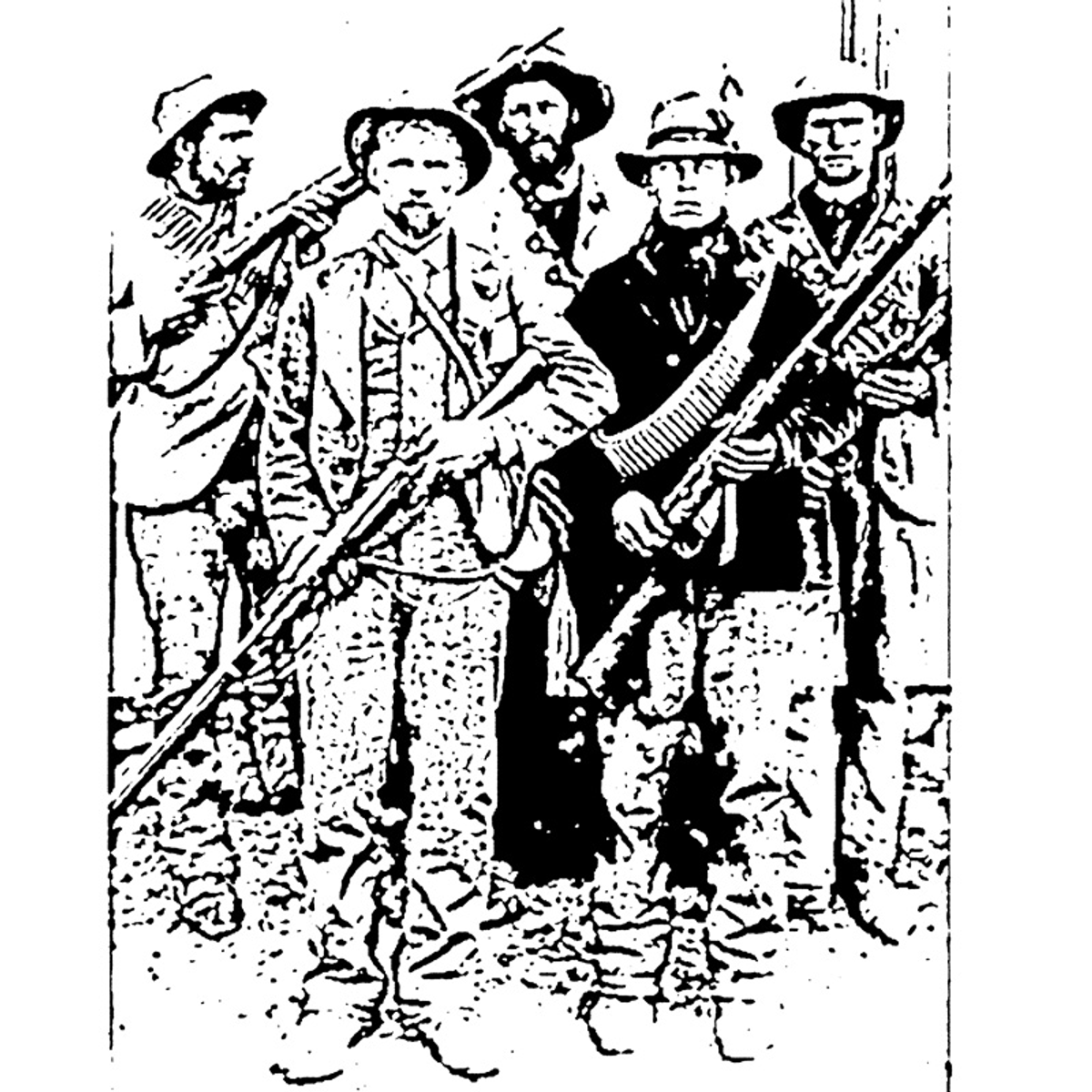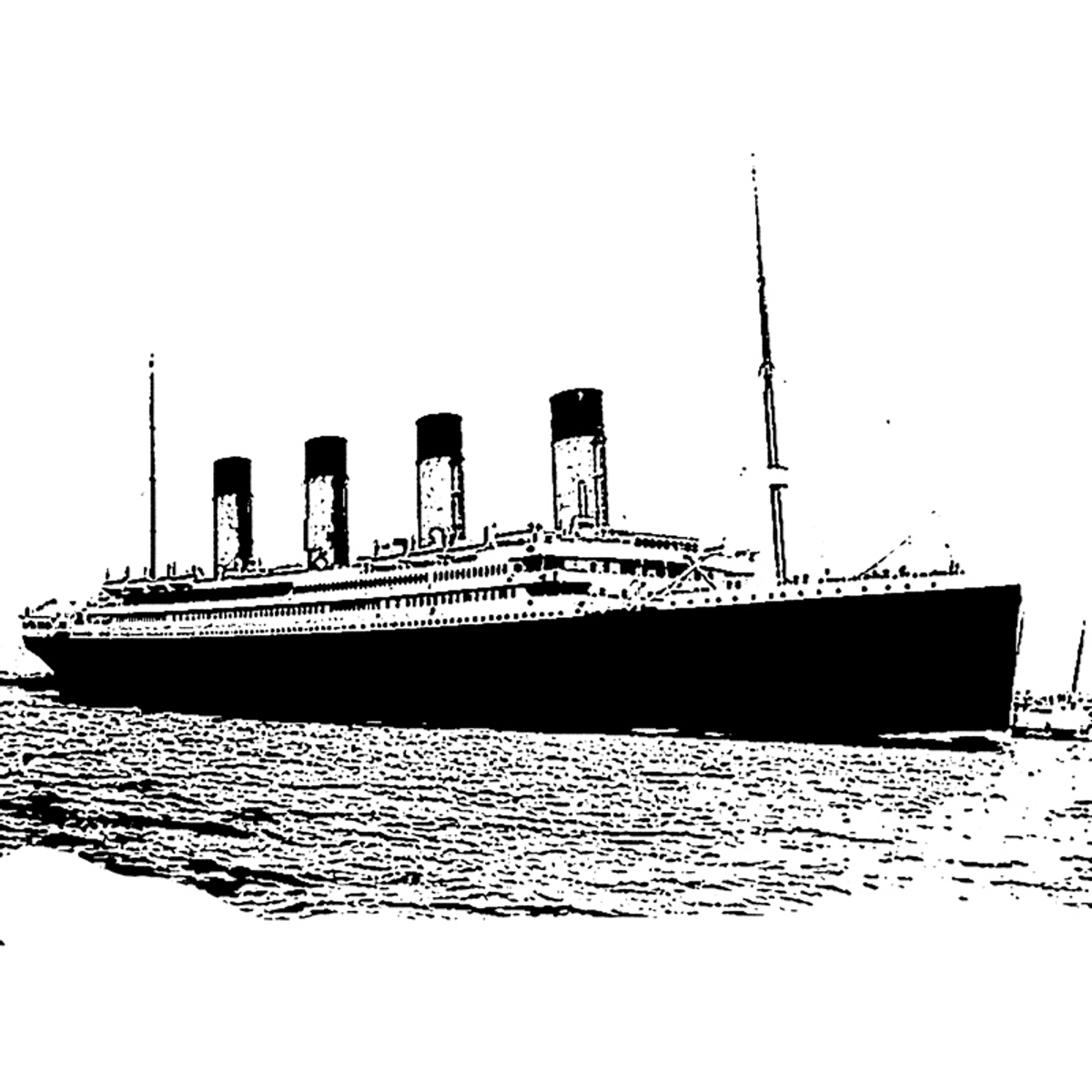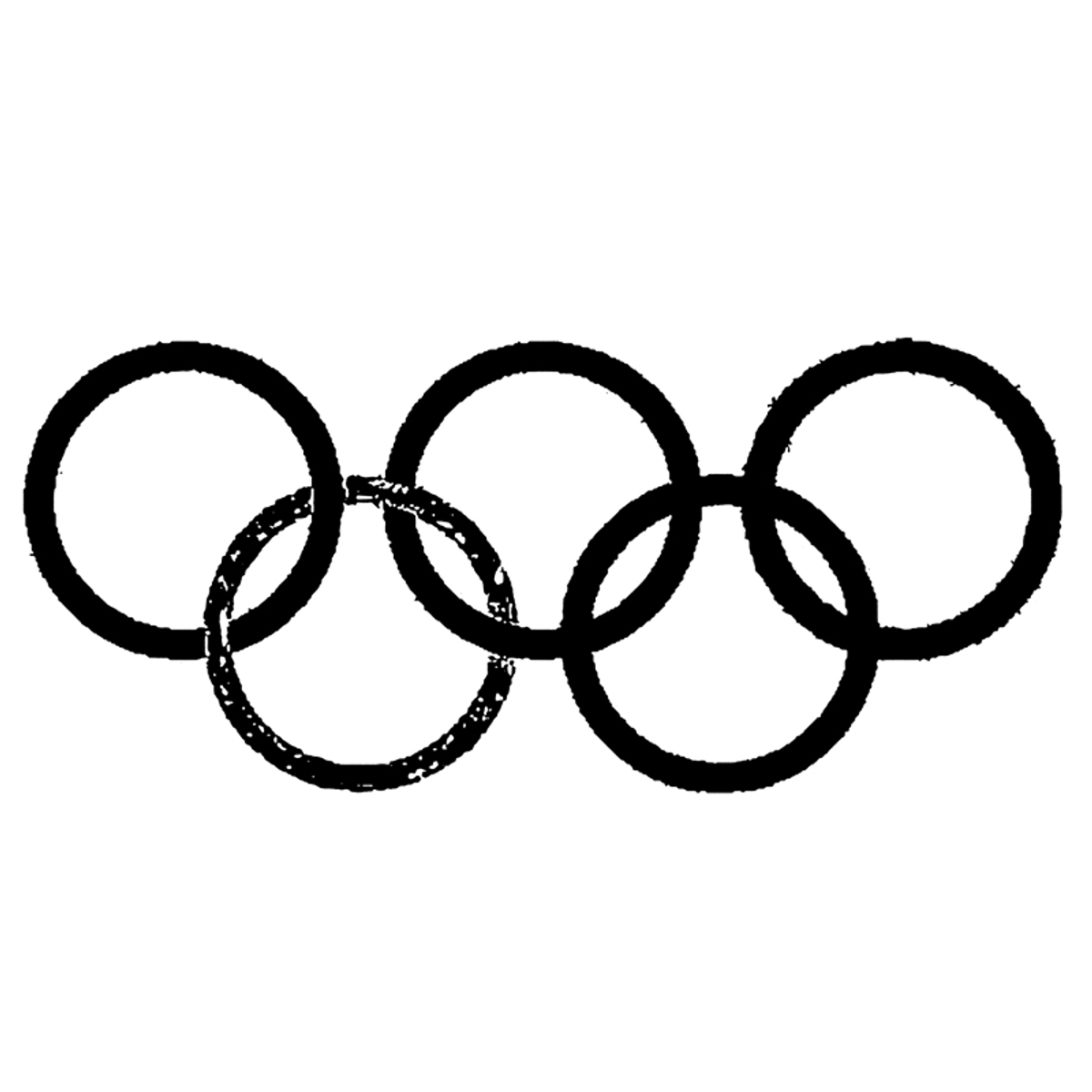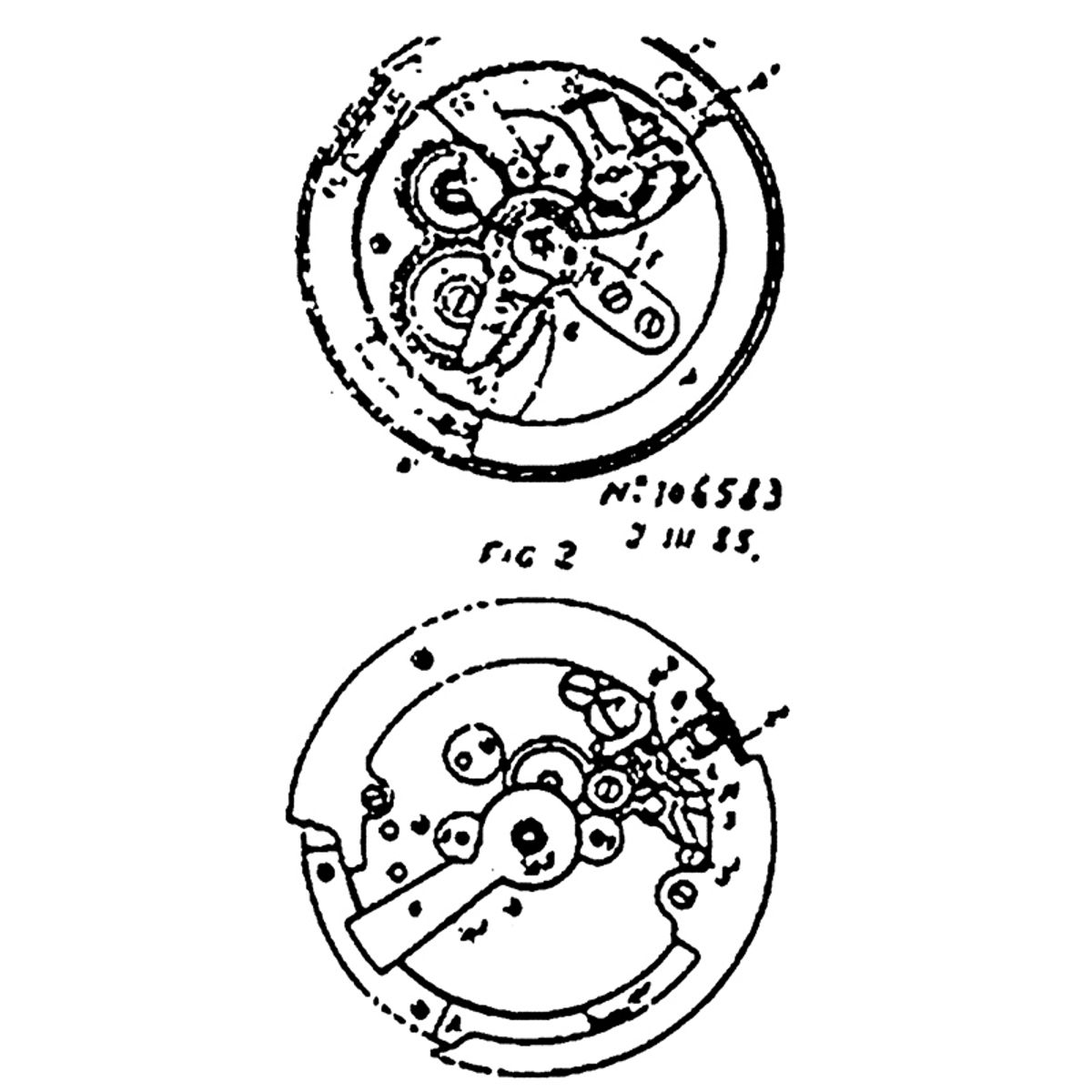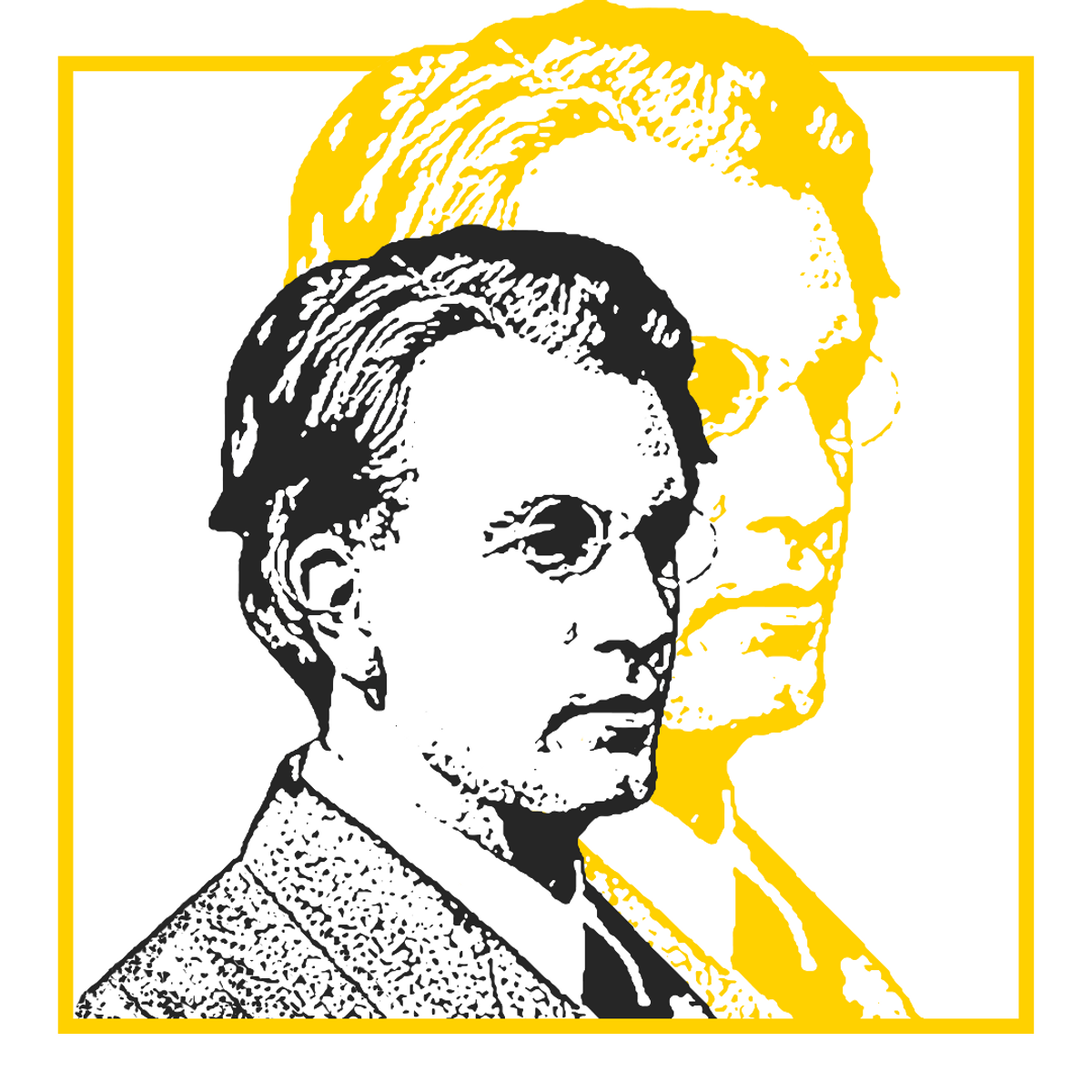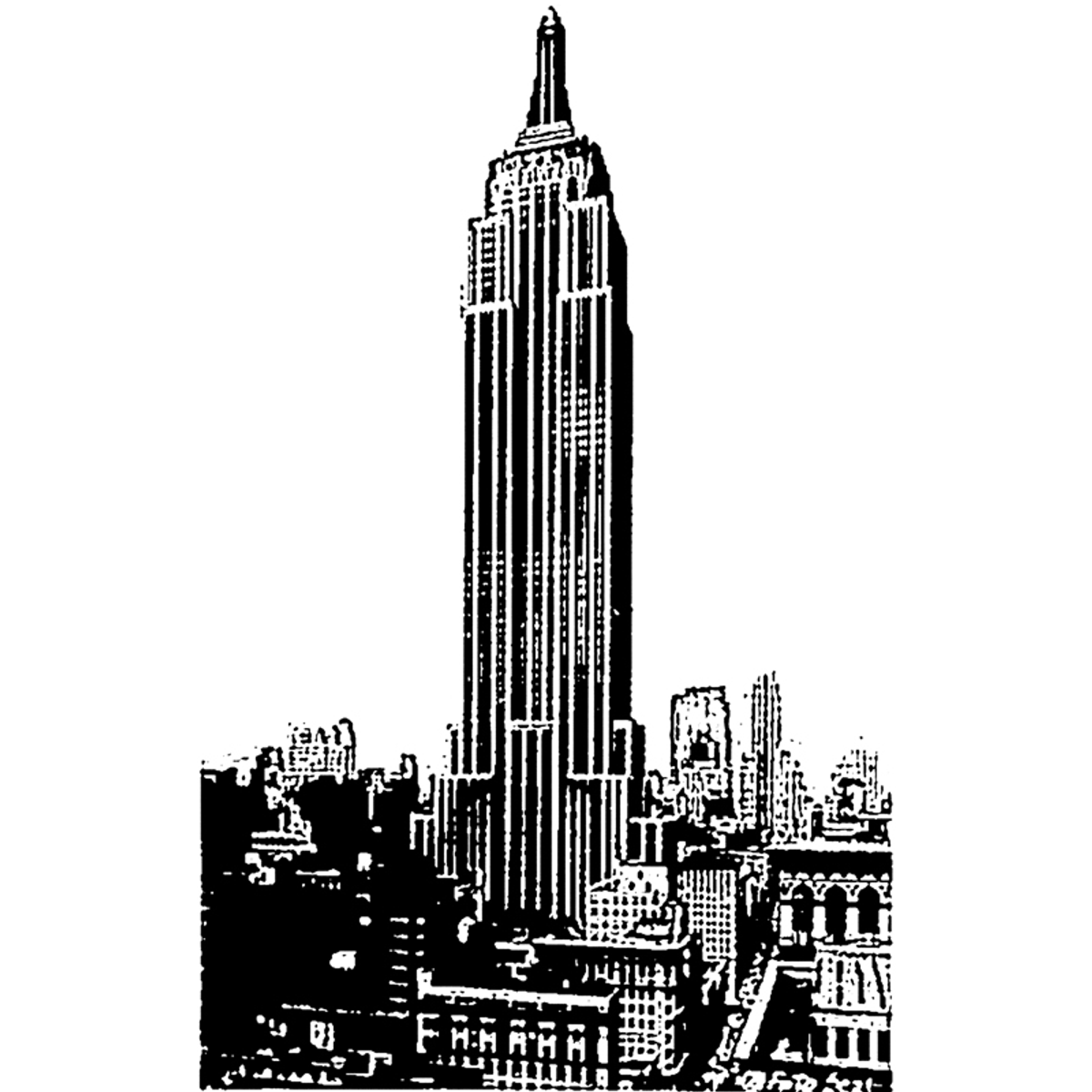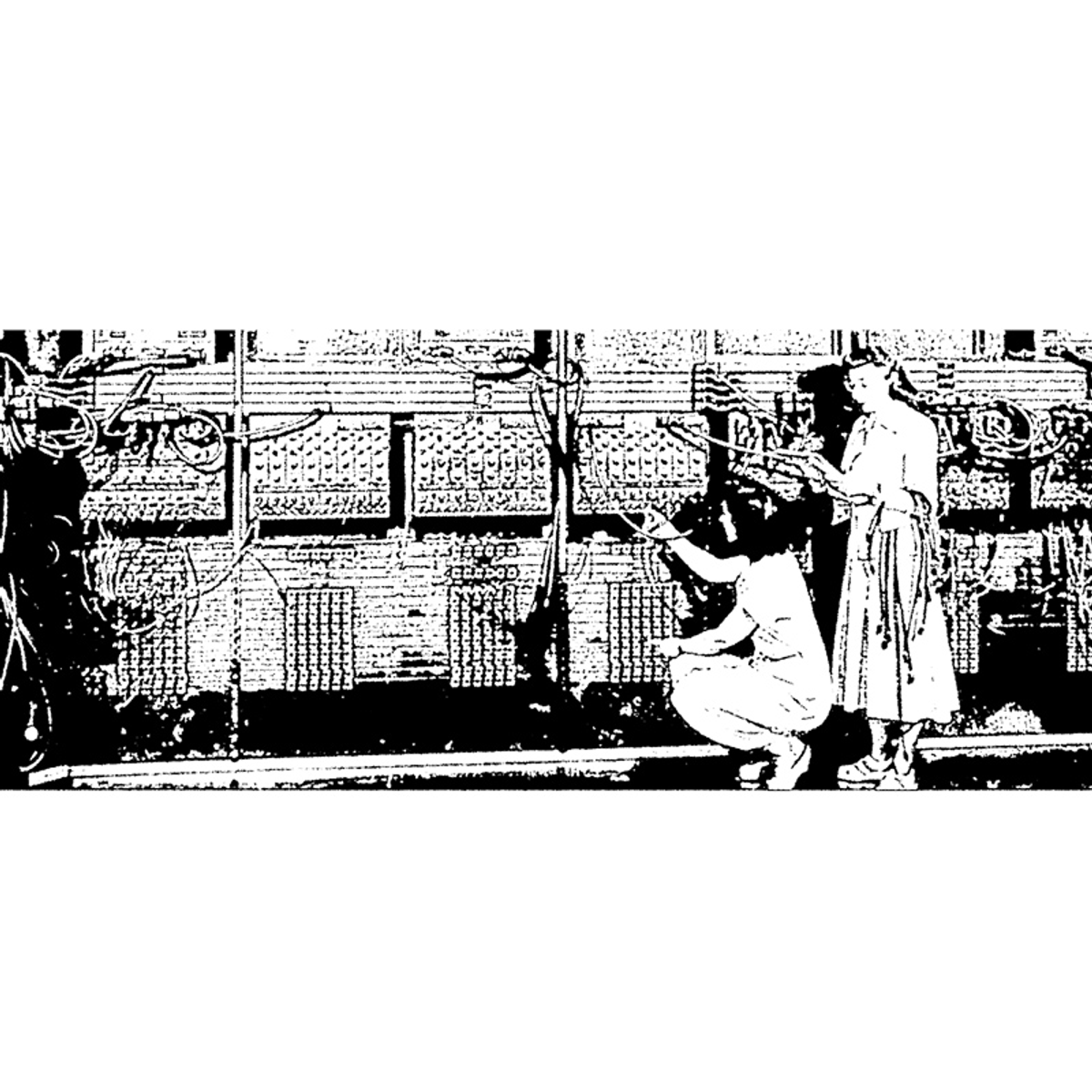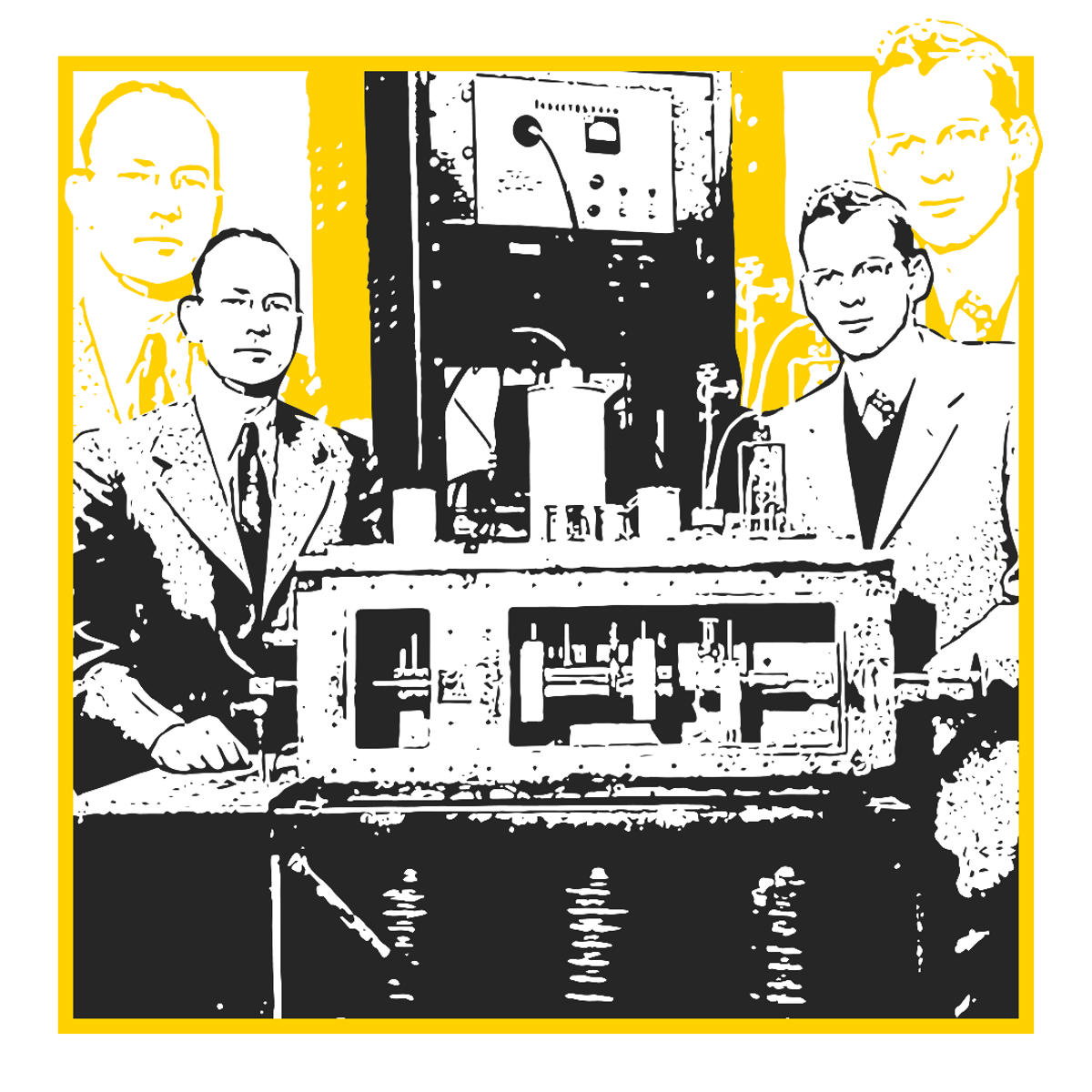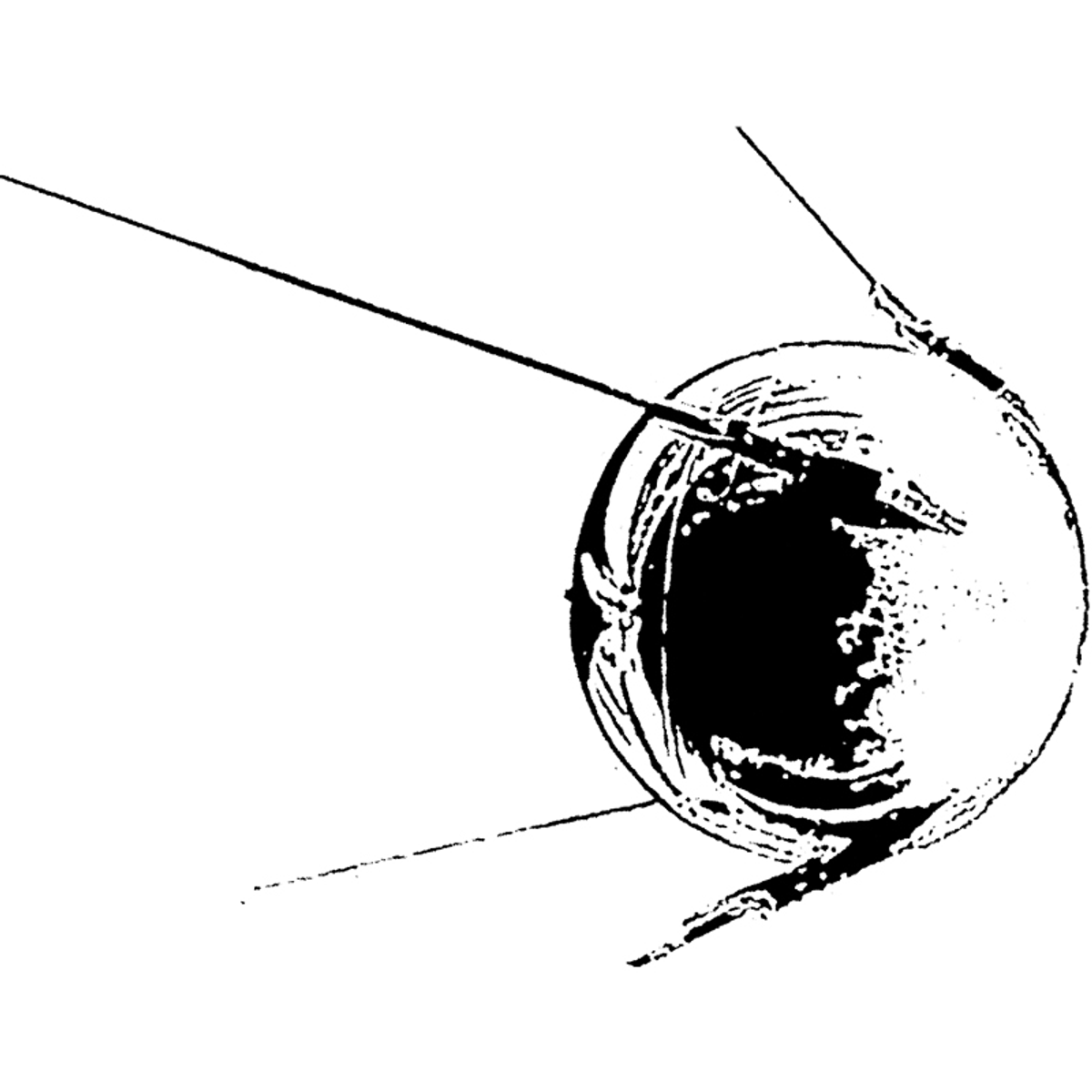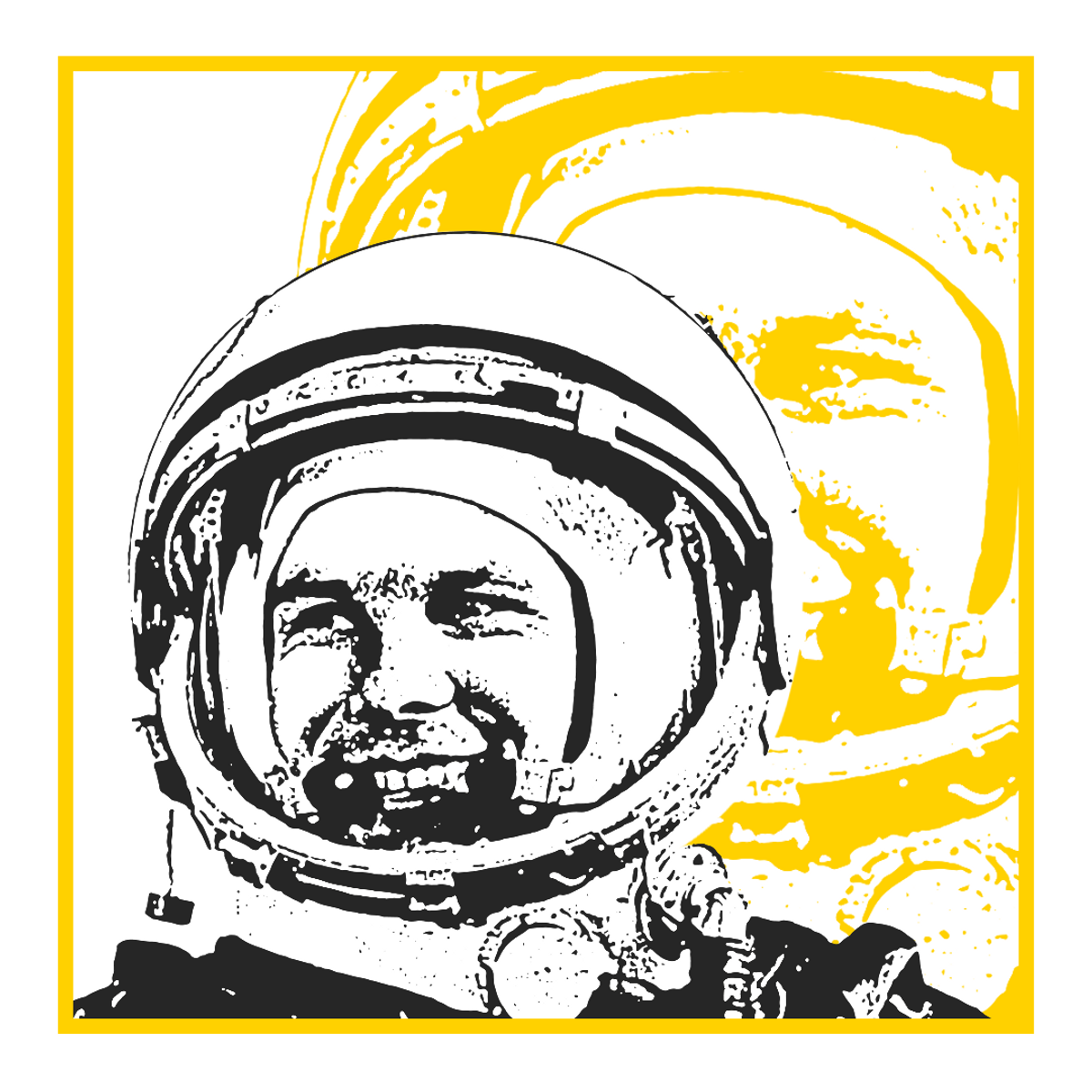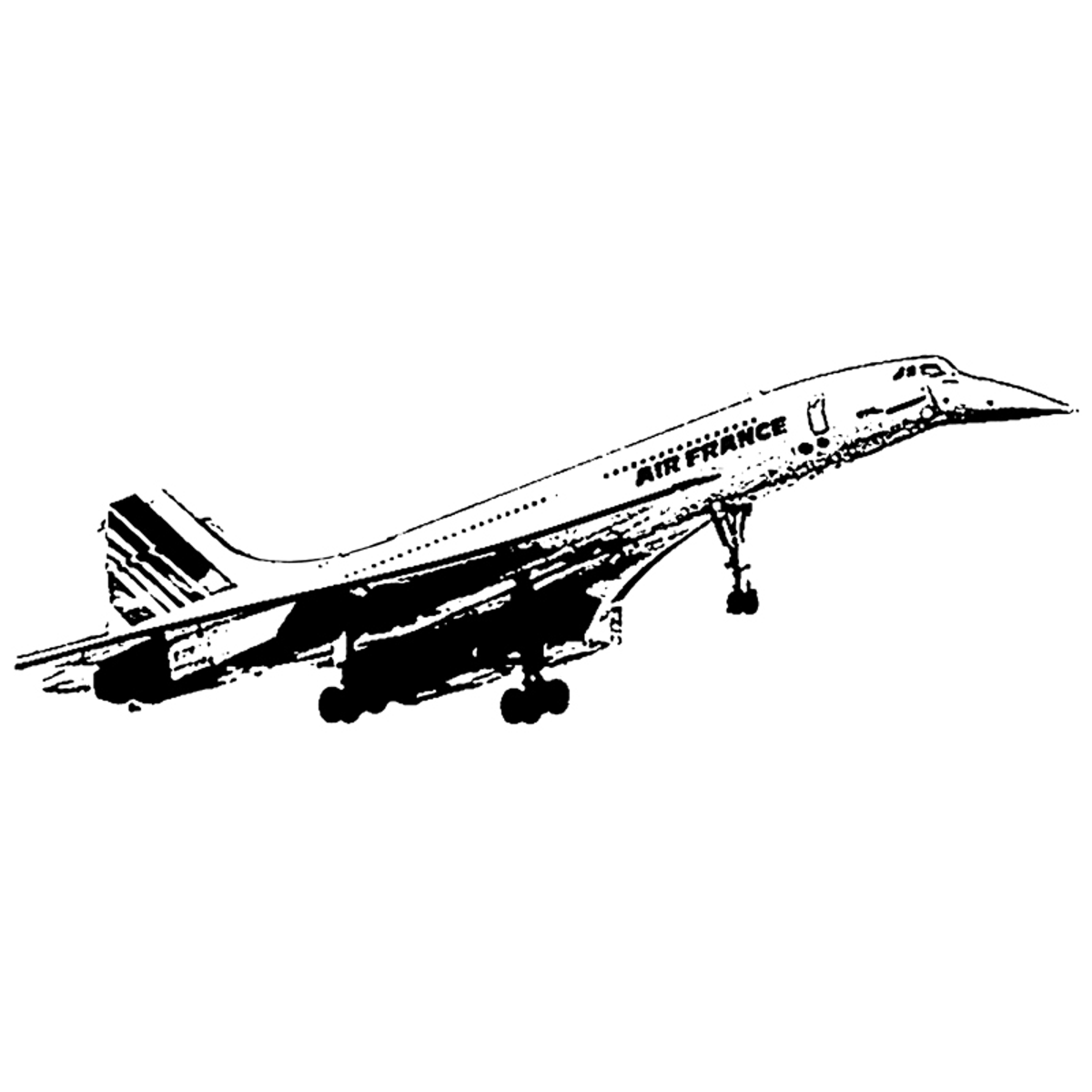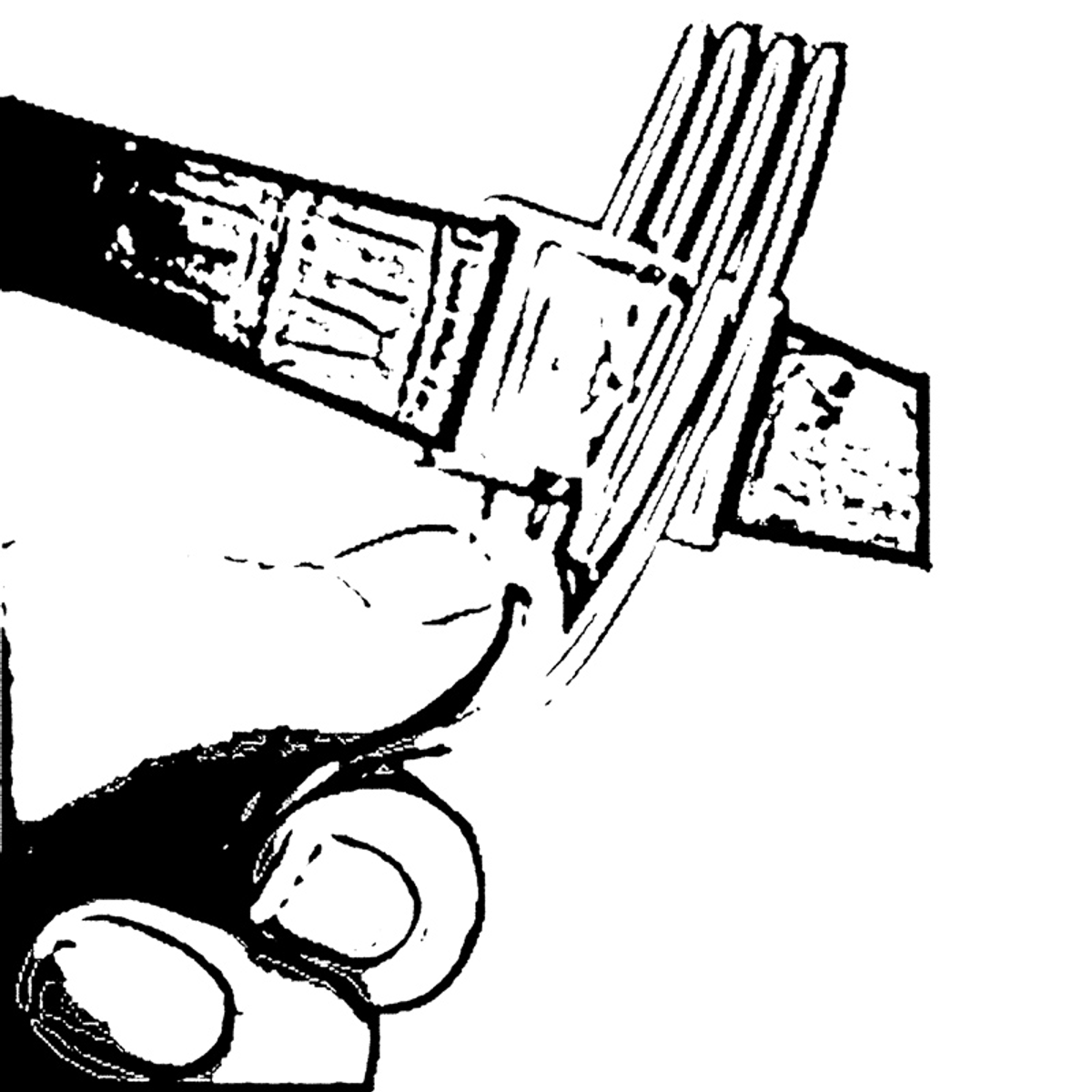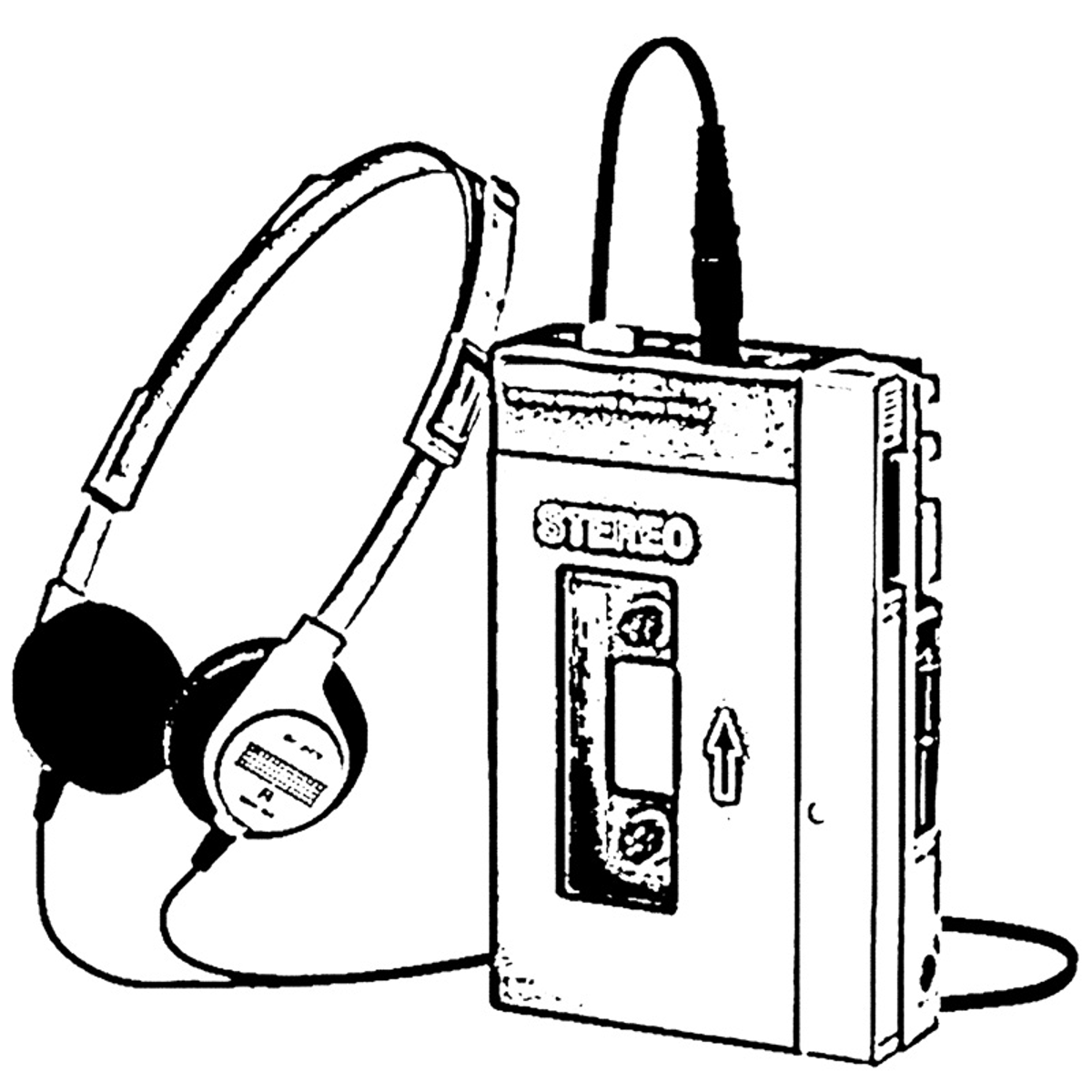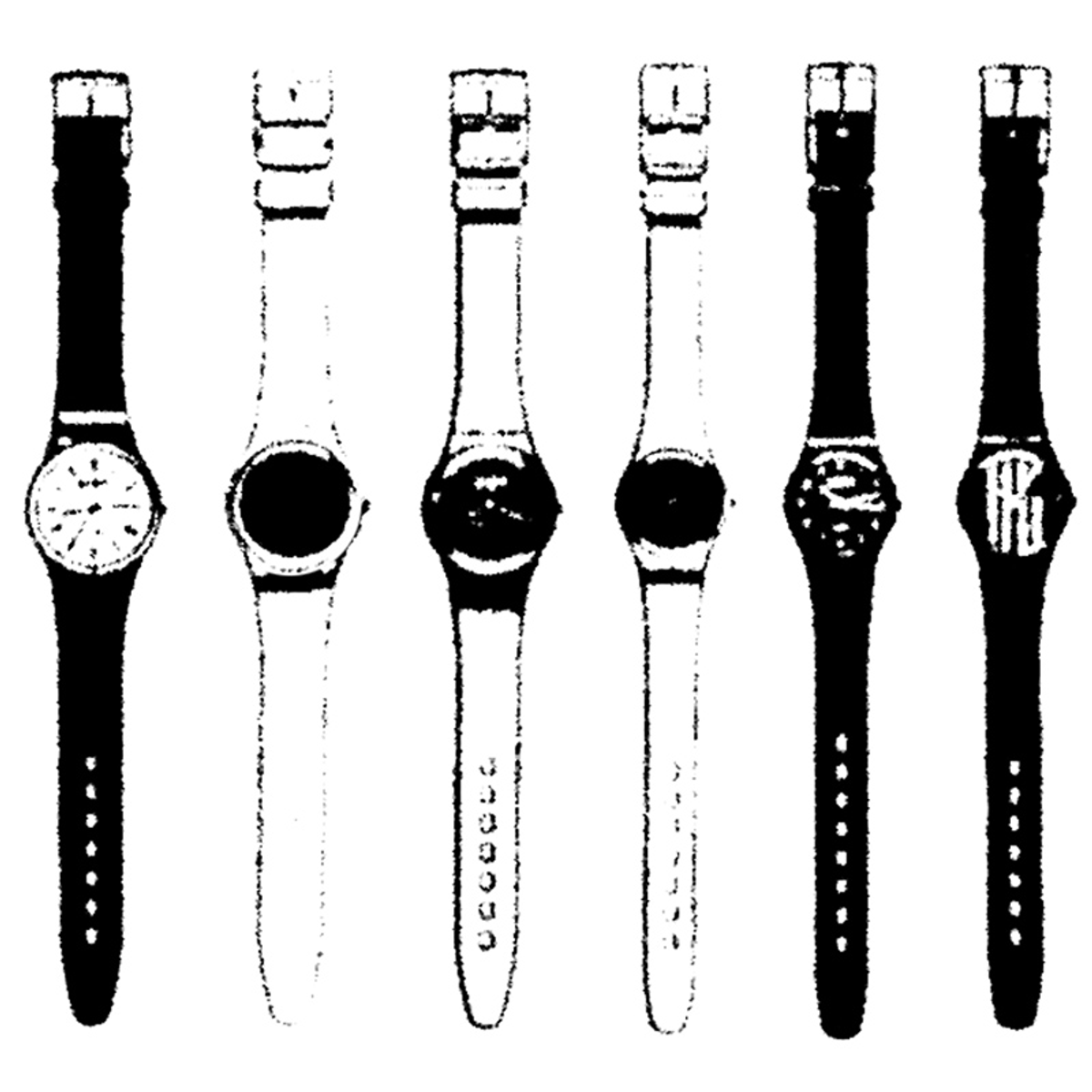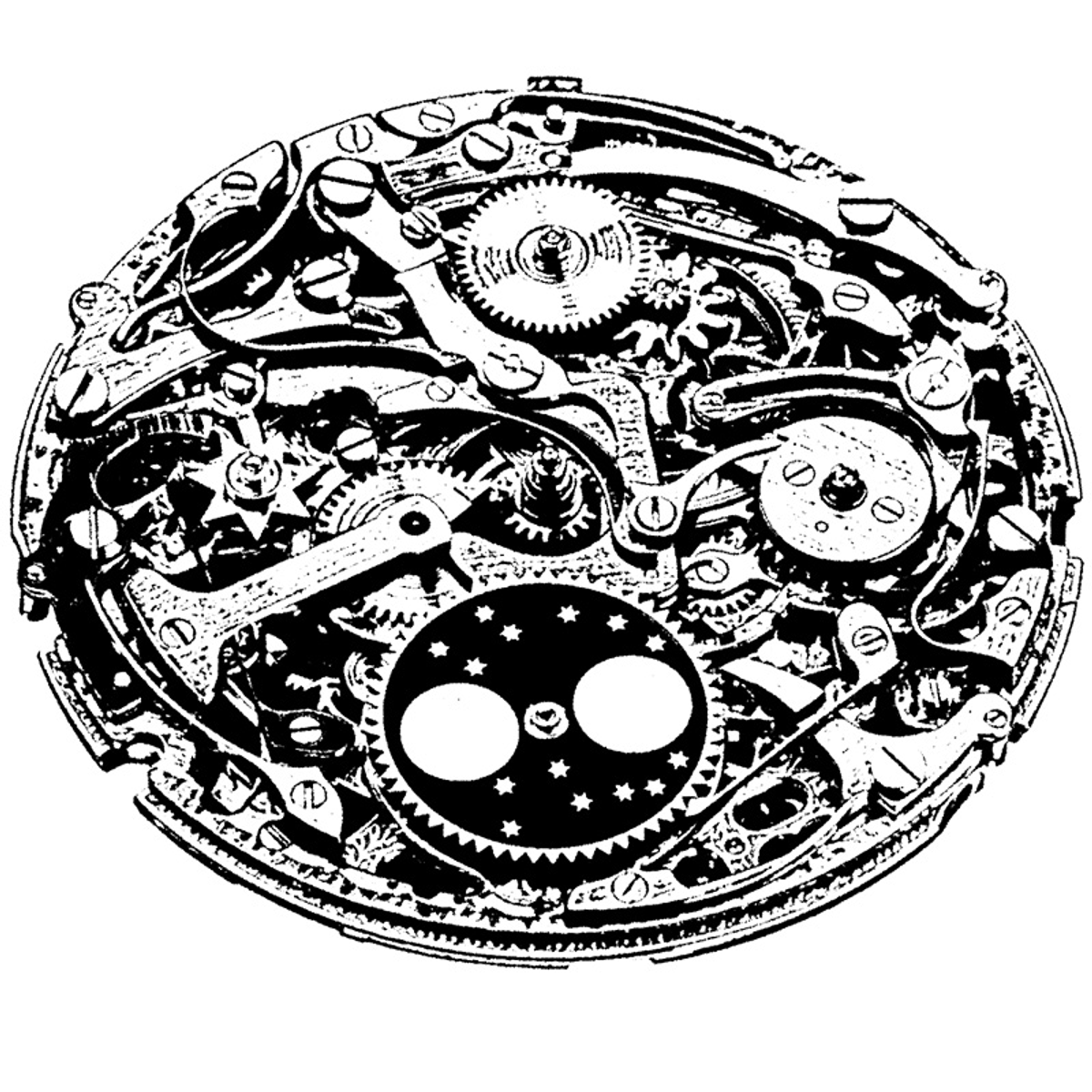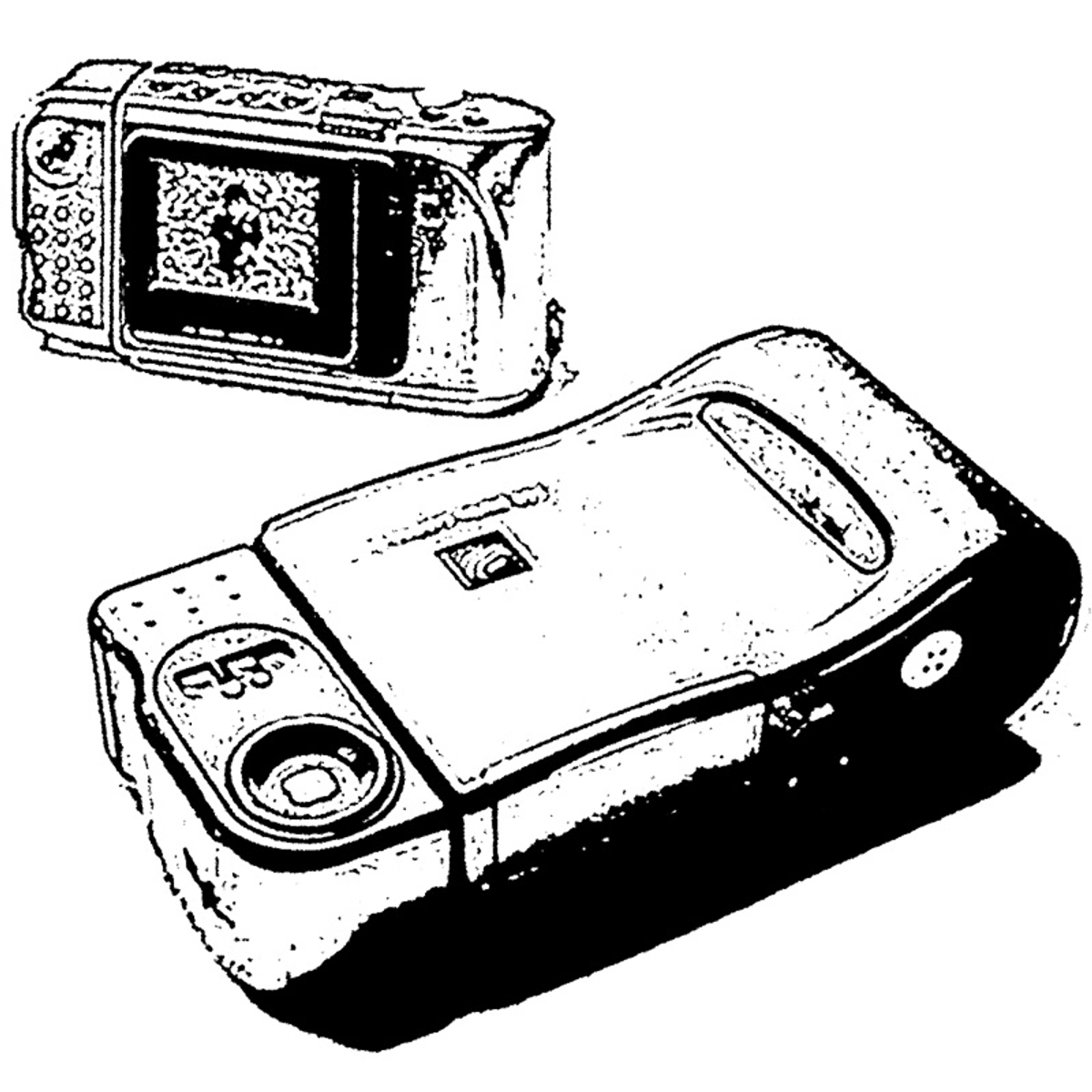Big Bang, formation of the universe
World Events
History of time
-13'700'000'000
World Events
-9'200'000'000
World Events
Formation of the Sun.
-3'000
History of time
Introduction of the base 60 (sexagesimal) numeral system in Mesopotamia
-2'350
History of time
Invention of the polos in Mesopotamia.
-1'505
History of time
Egyptian fire clock.
-1'450
History of time
The oldest known shadow clock.
-1'400
History of time
The danna was introduced in the city of Tello. This unit of measurement was equivalent to about 11 kilometers (7 miles) but was used for measuring time as well as distance, representing the time it took a man to walk this distance (approximately two hours).
-450
History of time
Introduction of the Mesopotamian calendar.
-400
History of time
Vitruvius names Parmenion as the inventor of the pros pan clima, a universal portable sundial.
-330
History of time
Large water clocks are erected in Greece.
-240
World Events
Eratosthenes calculates the circumference of the Earth.
-45
History of time
Introduction of the Julian calendar with 365 days and 12 months.
79
World Events
Pompeii and Herculaneum in southern Italy are buried beneath volcanic ashes when Mount Vesuvius erupts, Italy.
324
476
World Events
Fall of the Western Roman Empire.
1'173
World Events
Construction of the Tower of Pisa, Italy.
1'200
World Events
Foundation of the University of Paris, France.
1'230
1'364
1'410
1'554
History of time
Watchmaking arrives in Geneva.
1'556
1'582
History of time
The Jesuit Matteo Ricci (1522-1610) arrived in Macao. He introduced horology to the Chinese Emperor's court.
1'601
History of time
Establishment of the Watchmakers Guild in Geneva.
1'630
History of time
Jean Toutin develops a technique for enamel painting on cases and dials.
1'650
History of time
The French philosopher and mathematician Blaise Pascal was reputed to wear his watch on his wrist.
1'666
World Events
Great Fire of London.
1'685
1'685
World Events
Construction of Place Vendôme in Paris.
1'695
History of time
The halfquarter repeater watch appears in England.
1'700
1'704
History of time
The first watch with jewels was produced by the French watchmaker de Beaufré using a drilling method invented circa 1700 by the Genevan astronomer and optician Nicolas Fatio de Duillier (1664-1752).
1'710
History of time
Samuel Watson invents the five-minute repeater.
1'714
History of time
The English Parliament offers £20,000 to whomever invents a means of precisely calculating longitude.
1'720
1'727
History of time
Birth of Ferdinand Berthoud in Plancement sur Couvet (Switzerland). He settled in Paris (where he died in 1807) and became known as one of the most outstanding manufacturers of marine timekeepers of his era.
1'741
1'741
World Events
Invention of degrees Celsius
1'747
History of time
Birth in Neuchâtel of the Swiss watchmaker Abraham Louis Breguet whose genius revolutionized all facets of watchmaking.
1'750
History of time
The first rose engines for guillochage or engine-turning were made.
1'755
History of time
Parisian watchmaker Caron makes a ring-watch for Madame de Pompadour.
1'766
1'770
1'776
World Events
United States Declaration of Independence.
1'776
History of time
Genevan watchmaker Jean-Moïse Pouzait invents the independent deadseconds watch, precursor of the chronograph.
1'777
1'783
1'784
1'801
World Events
Alessandro Volta presents his electric battery.
1'822
1'822
1'828
History of time
Louis-Frédéric Perrelet and his son are awarded a patent for a split-seconds "physics and astronomy counter".
1'830
1'838
World Events
Construction of the Grand Kremlin Palace in Moscow, Russia.
1'839
1'844
World Events
Samuel Morse sends the first telegram.
1'858
World Events
First transatlantic telegraph cable.
1'875
History of time
Nemitz discovers calcium sulphate as the first luminescent substance for hands and numerals.
1'876
1'878
History of time
Braceletwatches, manufactured in small quantities, are seen for the first time in Vienna.
1'880
1'884
1'892
History of time
Minute-repeater wristwatch by Audemars Piguet and Louis Brandt.
1'895
World Events
Foundations laid for the Nobel Prize.
1'896
World Events
First modern Olympic Games.
1'911
History of time
Paris accepts to use the Greenwich Meridian to define its legal time.
1'924
1'925
History of time
Patek Philippe makes the first known perpetual calendar wristwatch using a pendant-watch movement.
1'926
1'947
History of time
Omega makes its Calibre 30I, the first tourbillon movement for a wristwatch.
1'948
World Events
Universal Declaration of Human Rights.
1'956
History of time
The second is calculated as 1/31,556,925,947 of the solar year.
1'957
1'963
World Events
Valentina Tereshkova, 26, becomes the first woman in space.
1'966
History of time
First prototype quartz wristwatch, dubbed Bêta 1.
1'967
History of time
The second is defined as 9,192,631,770 periods of the radiation corresponding to the transition between the two hyperfine levels of the ground state of the caesium-133 atom.
1'969
World Events
First man on the Moon.
1'970
History of time
Quartz's domination of the mechanical wristwatch in the late 1970s plunges Swiss watchmaking into crisis.
1'979
1'983
1'994
World Events
Opening of the Channel Tunnel.
1'999
World Events
The Economic and Monetary Union of the European Union adopts the Euro as its single currency.
-200000
1975
1999
